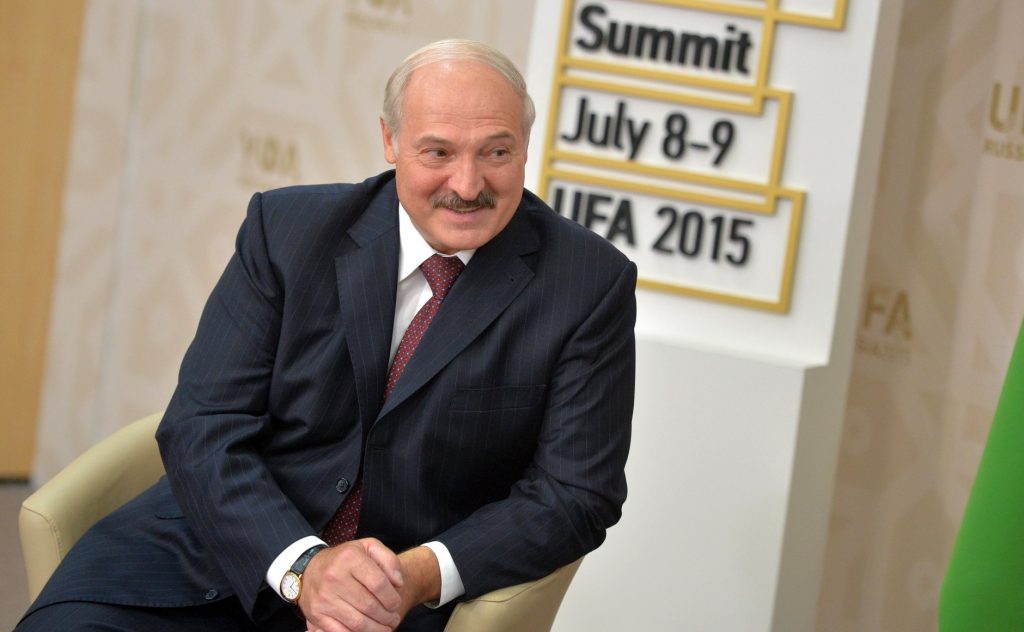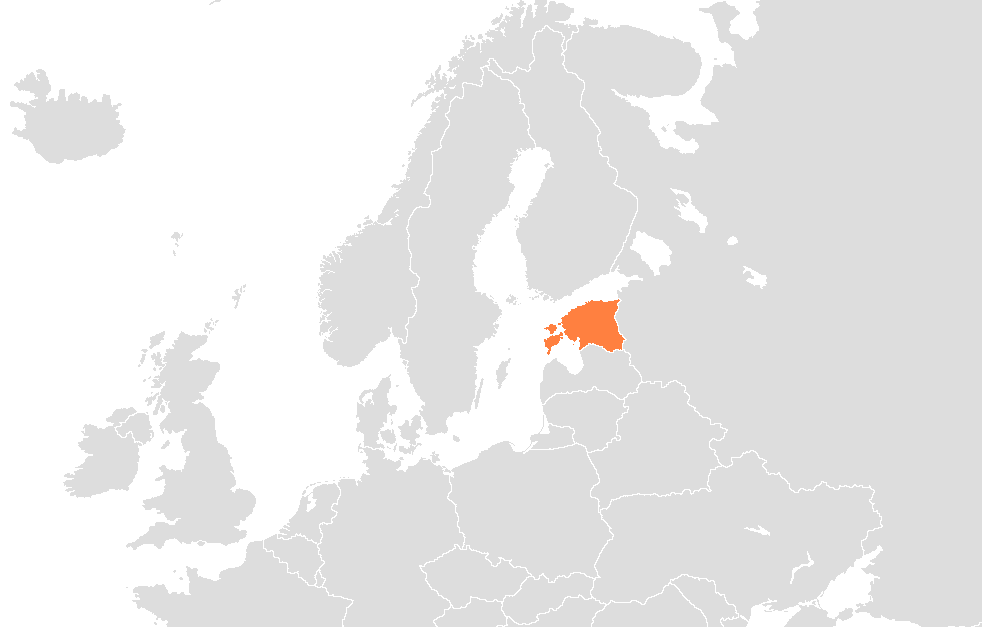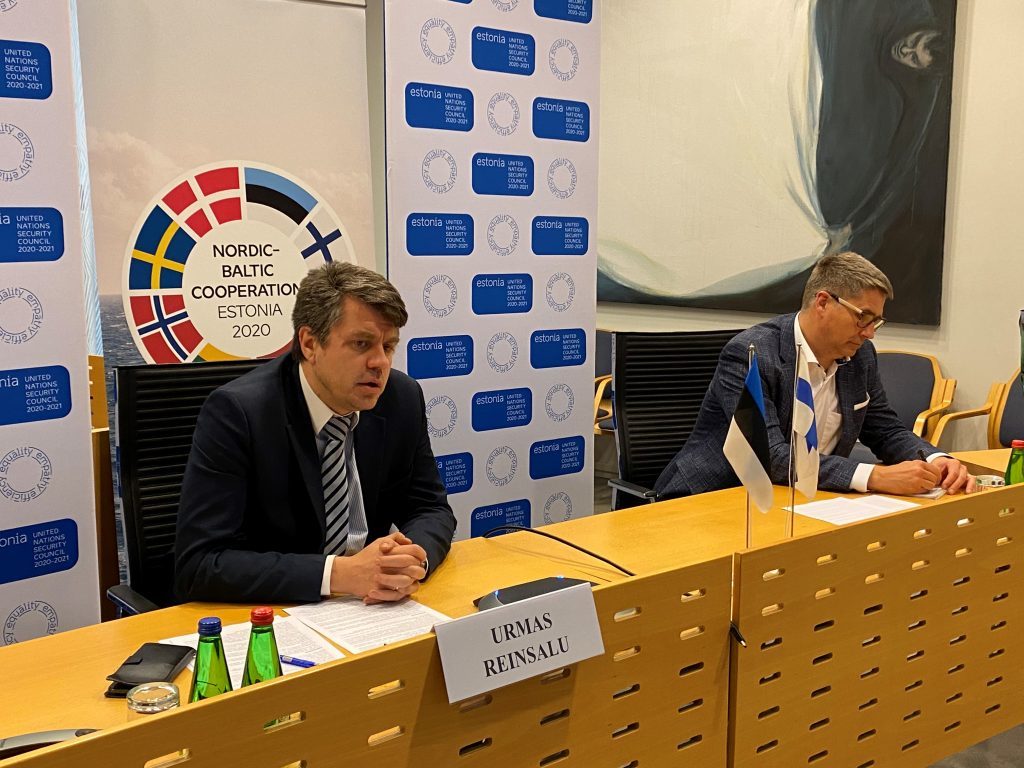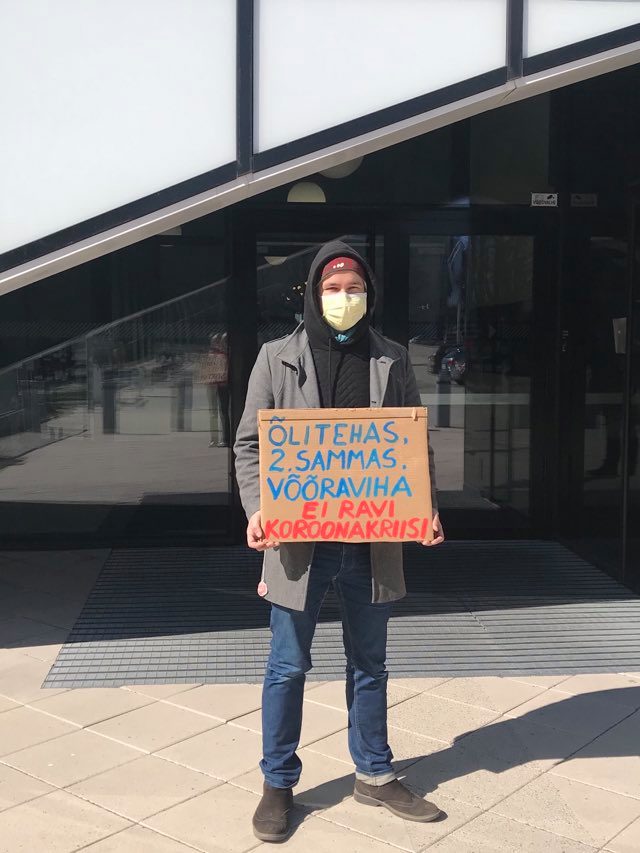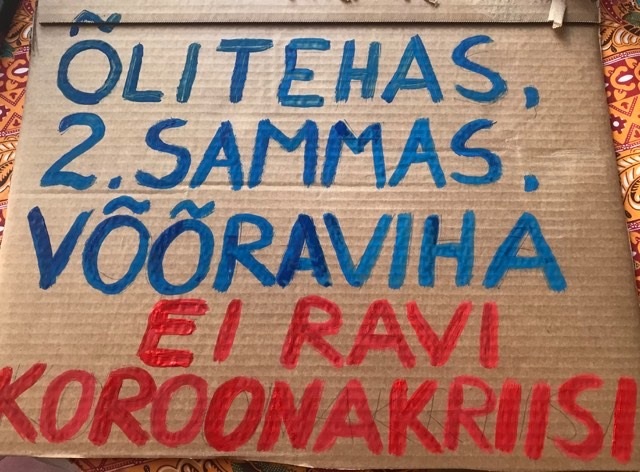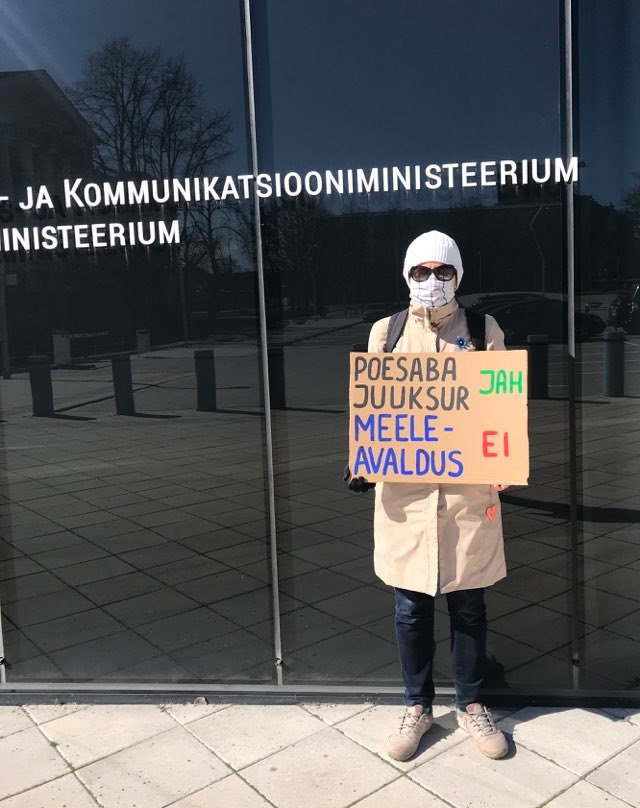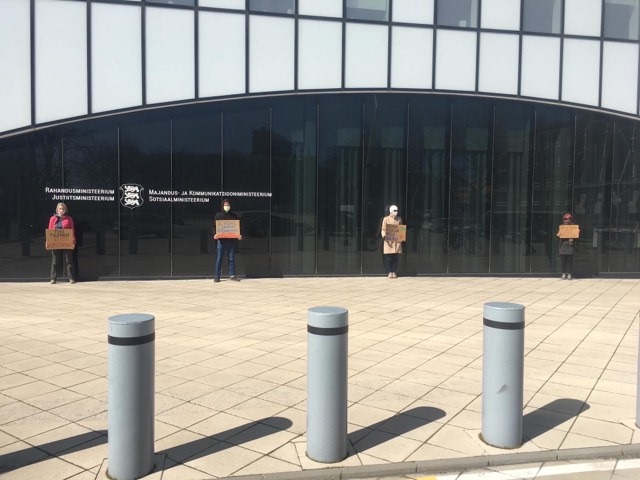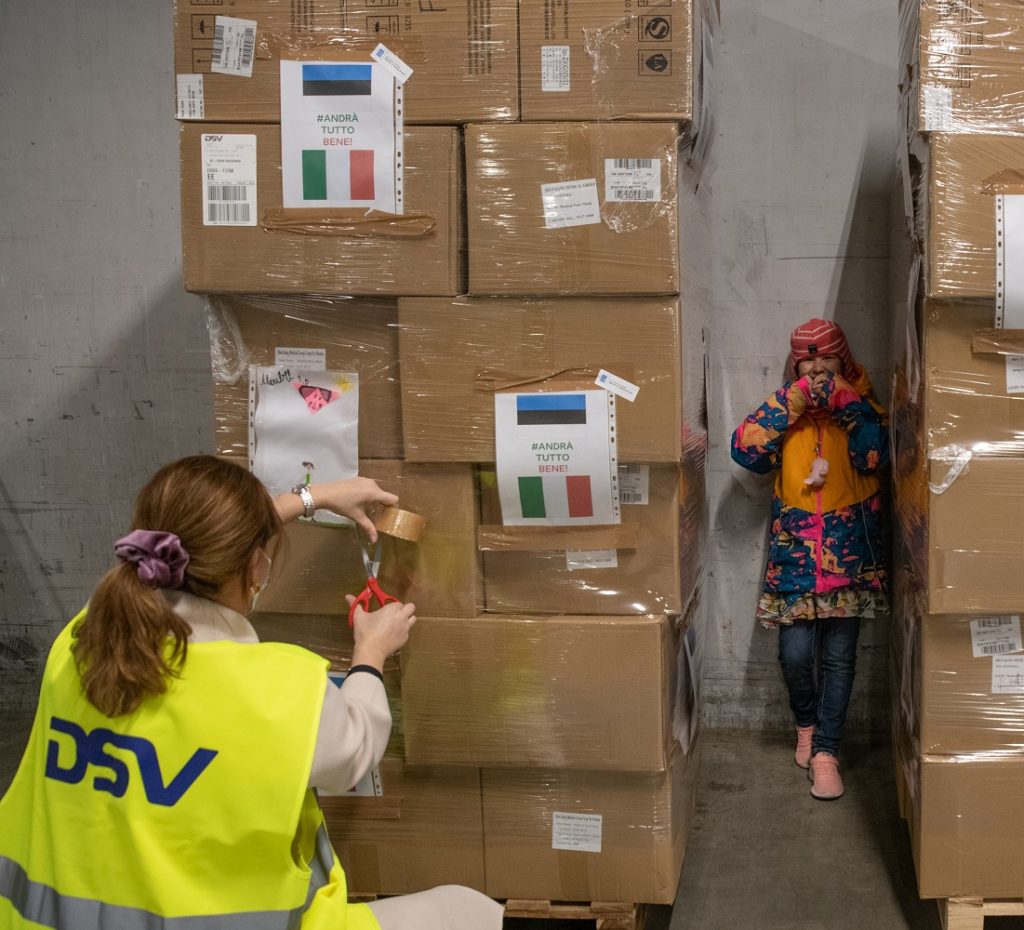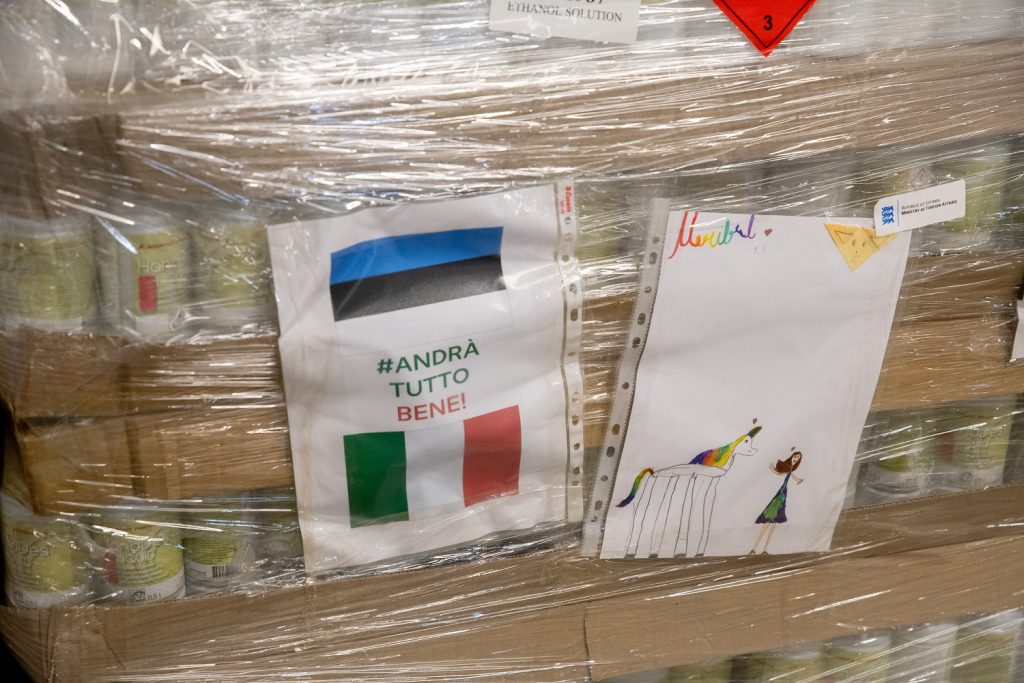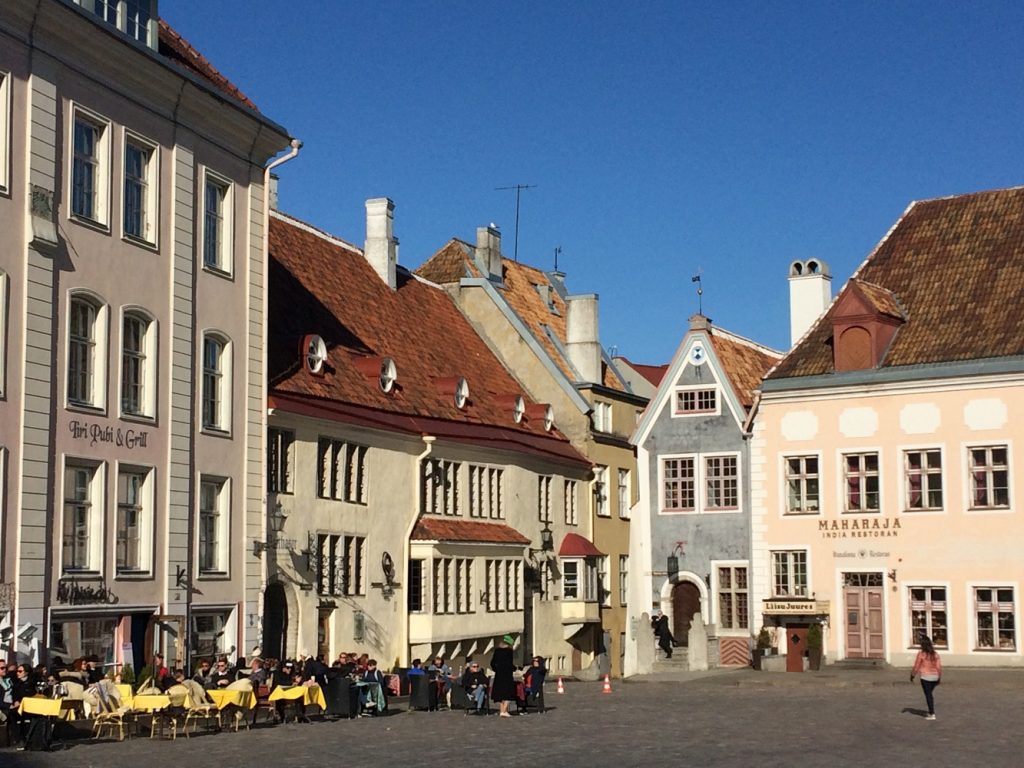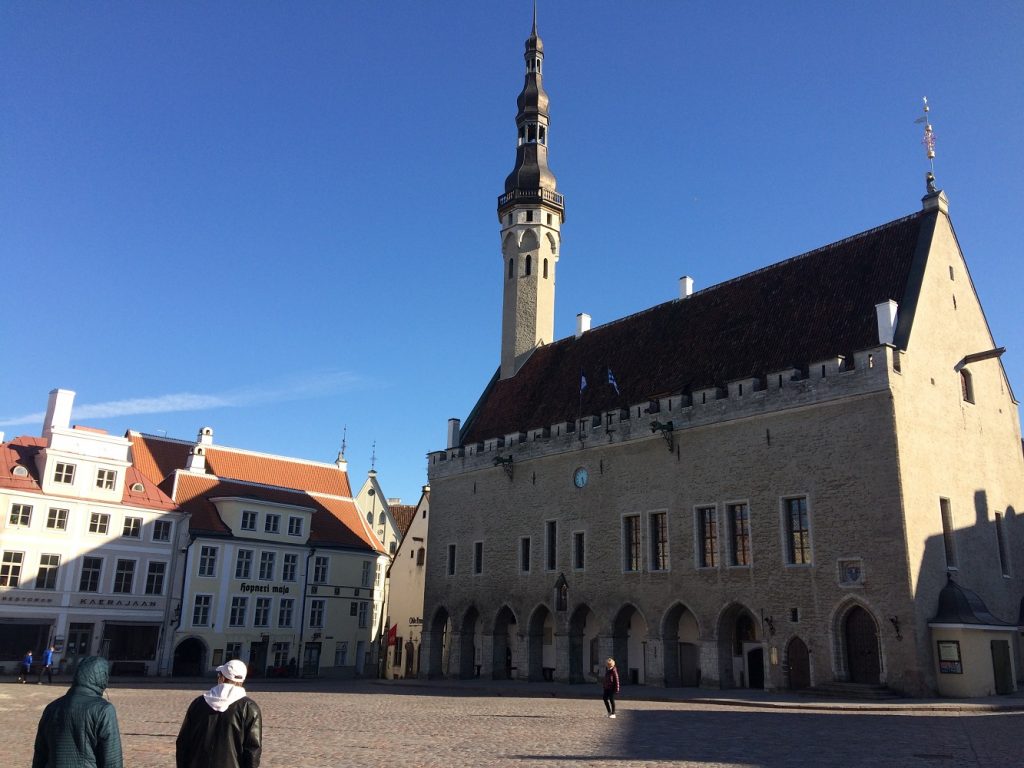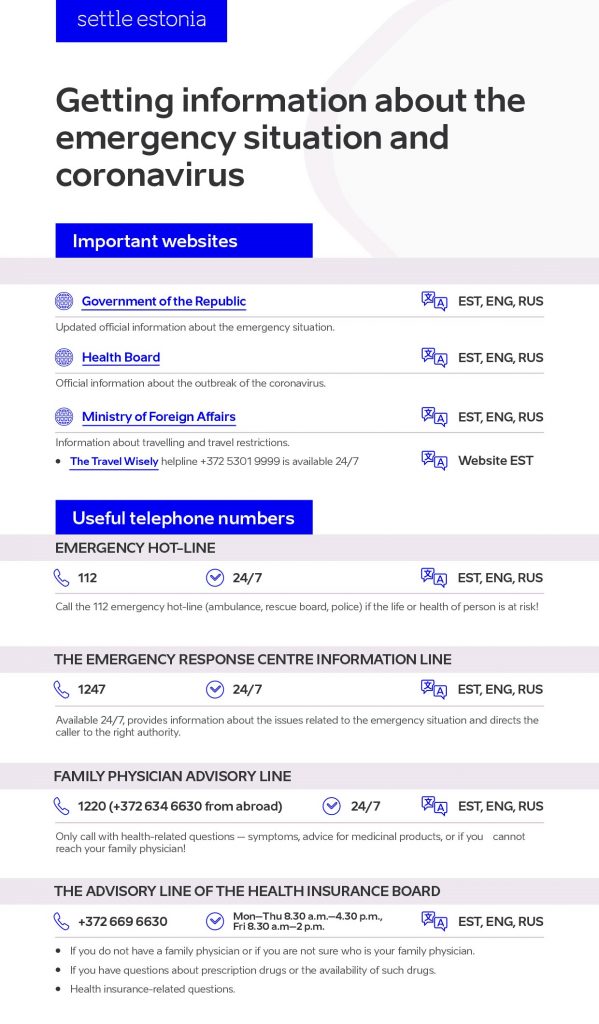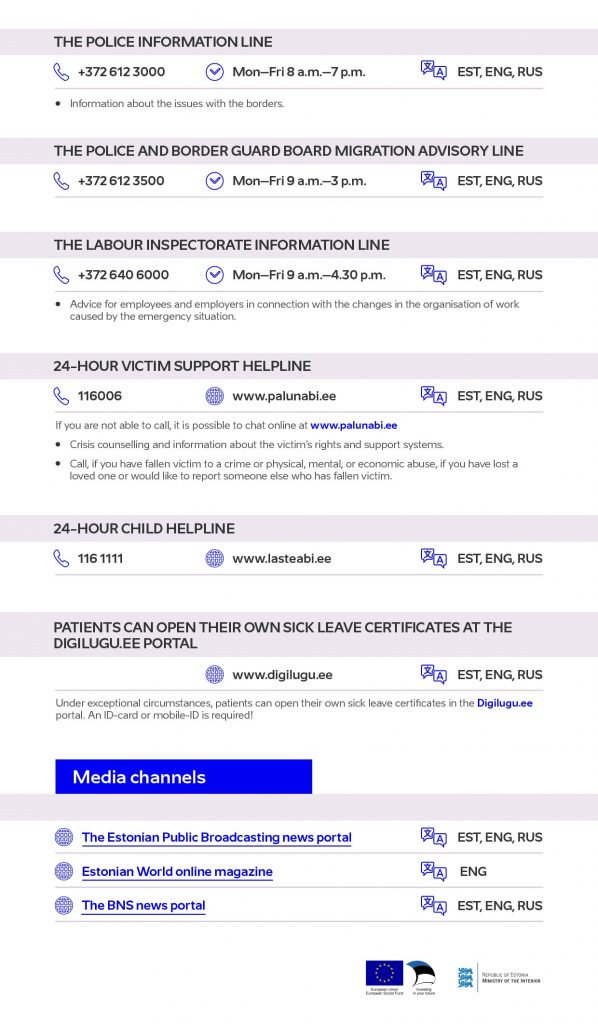For newer posts, please see our May blog.
As the coronavirus hits Estonia and the Estonian government has declared an emergency situation and, as of 17 March, closed its borders, Estonian World informs you on the latest developments in the country and brings you some of the local as well as international opinions on the matter.
30 April 2020 – 1,689 coronavirus cases in Estonia
As of today, there are 1,689 confirmed cases of the coronavirus disease (COVID-19) in Estonia, according to the country’s Health Board (52,741 tests have been conducted so far); 75 people are hospitalised, nine are in intensive care and in a critical condition; 52 people have died; 249 previously hospitalised patients have recovered. The Estonian government declared an emergency situation on 12 March and closed its borders on 17 March.
The virus is transmitted from person to person through droplet spread. The incubation period of the virus is about two to 14 days, with an average of five days. It is not yet known exactly how effectively the virus spreads and how long the contagious period lasts. The symptoms are flu-like: fever 38°C (100.4°F), cough, difficulty breathing.
30 April 2020 – Health Board: the contagion is declining, but domestic spread hasn’t stopped
According to an analysis by the Estonian Health Board, the speed of the contagion of the novel coronavirus, the number of positive tests and the decline of the people who need hospitalisation shows that the virus contagion is declining. However, the domestic spread hasn’t stopped and there are pockets all over the country where it’s not known where the people were infected.
The Health Board also pointed out that relieving the restrictions should start from entities dealing with children as there are more asymptomatic cases among them and the contagion among kids has been relatively low. “Children go through it more easily, they have milder symptoms and they get through it faster,” Mari-Anne Härma, the chief of the epidemology department at the Health Board, told Delfi. “Children are not the start of the virus pockets. Mostly, children get infected from a pocket inside a family where first, adults get the virus and then the kids.”
30 April 2020 – Newspaper: the PM should resign from leading the emergency
The Estonian newspaper, Postimees, is in an editorial calling prime minister Jüri Ratas to resign from leading the emergency situation and concentrate on bringing the country out of the crisis. The newspaper says that when Ratas assumed the post of the chief of the emergency situation, he took away one necessary level of leading. “This may have been tolerable for a month and a half. Now, the country’s crisis apparatus has started working. The prime minister has come to the point when he should give shopping and hand-washing issues to one of his ministers and concentrate on bringing the country out of the crisis,” Postimees says in the editorial.
“Currently, it’s like a CEO is at the site that is accumulating a massive amount of details and the first quality control happens in front of the public. But the public lacks a whole picture and the opportunity to get access to the information that would allow it to ask important questions. This quality control can be accomplished by the parliament and, in certain occasions, the president. The parliament doesn’t seem to be doing it and considering the relations between the prime minister and the president, it doesn’t look like Kadriorg (the president’s palace – editor) is capable of it.”
“The role of the prime minister is important and even more so when we’re working on exiting the crisis. That’s why it’s important that the first stage of the discussion and measures would be between the prime minister and the chief of the emergency situation. Currently, it’s happening in public and questions remain unanswered as the public doesn’t get information in real time. It’s like a news programme without an anchor.”
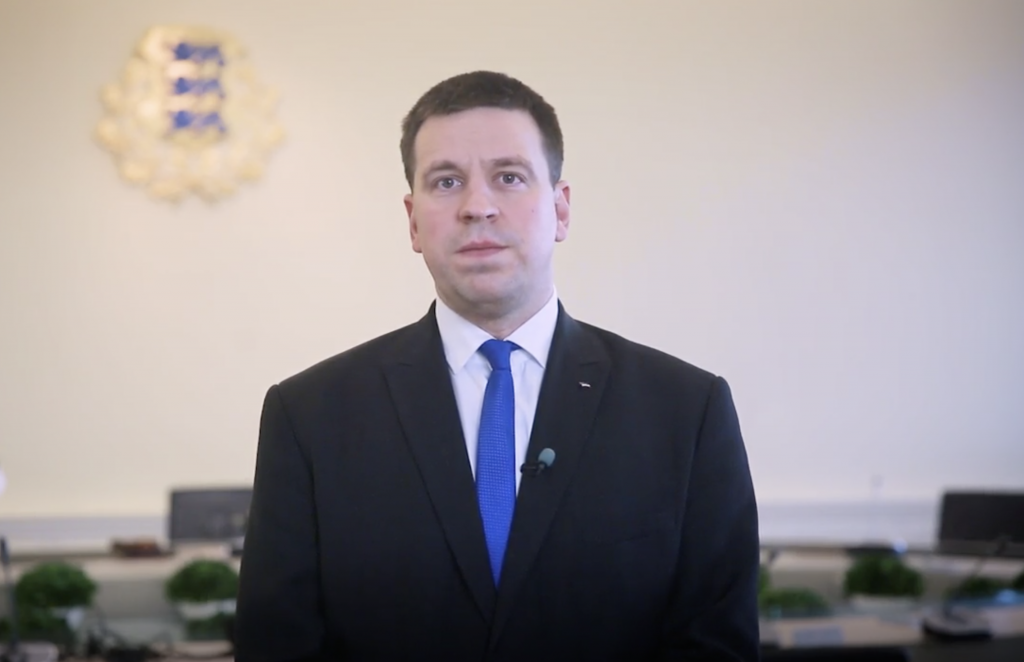
30 April 2020 – Generous lady donates quarter of a ton of food to the food bank
A generous old lady from Pärnu Conty, Pilvi Kaas, has donated quarter a ton of potatoes, salted mushrooms and conserves to the food bank in Pärnu as the coronavirus crisis has affected the charity’s supplies. “Potatoes grew so well last year that I won’t be able to eat all of them alone,” Kaas told the local newspaper, Pärnu Postimees, adding that the rest of the food she donated may come as a big help to some of the starving families.
30 April 2020 – Air Baltic plans to start flying from 13 May
If the Latvian government doesn’t extend the imposed emergency situation, Air Baltic, the country’s flag carrier, plans to start flying from 13 May, first from Riga and in June from Tallinn. From 13 May onwards, people should be able to fly from Riga to Amsterdam, Brussels, Frankfurt, Hamburg, Helsiki, Copenhagen, London, Moscow, Munich, Oslo, Paris, Stockholm, Tallinn and Vilnius. In June, the airline plans to add such destinatons as Barcelona, Reykjavik, Lisbon, Malaga, etc. From Tallinn, Air Baltic is planning to open flights to Amsterdam, Paris, London, Oslo and Berlin.
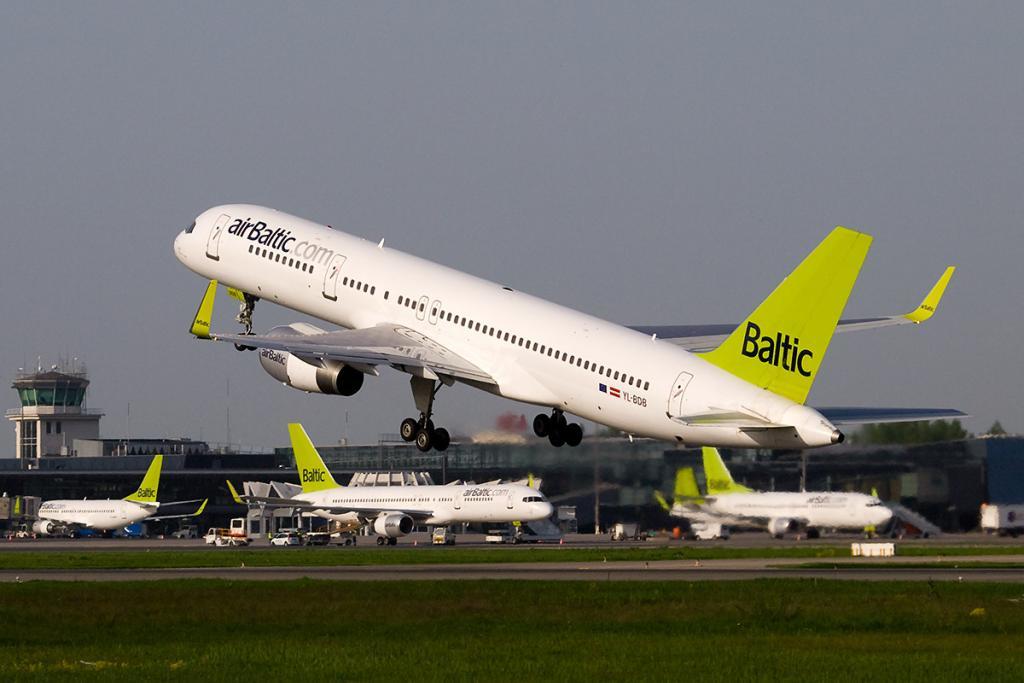
29 April 2020 – Bill would give the government and the Health Board more rights
A bill that will be debated in the parliament on 6 May would give the government and the Health Board more rights in an urgency situation. The bill would give the government the right to manage a crisis without declaring an emergency situation; the Health Board would get the right to close schools and quarantine virus pockets. Currently, the Health Board has the right to advise, but it can’t impose a quarantine. The government wants to get the bill adopted before the current emergency situation end so that it would be prepared for the potential next contagion.
29 April 2020 – Estonian employers ask the Finnish PM to allow workers move between the countries
The Estonian Employers’ Confederation has sent a letter to the Finnish prime minister, Sanna Marin, asking her to allow workers move between Estonia and Finland. The organisation says that since Estonia and Latvia allow workers cross their mutual borders and that hasn’t raised the coronavirus cases in border towns, it is “proposing Finland to consider easing the restrictions for border crossing and allowing the free movement of workers between Estonia and Finland”.
“Finland is one of the most important economic partners for Estonia. In addition to goods, specialists also move between Finland and Estonia, and the tourism sector, which is most affected by the COVID-19 virus, largely depends on Finnish tourists. As countries are moving towards the Exit Plans, we would be grateful for allowing the shipping companies to start operating again as soon as possible. The shipping companies and the tourism sector are prepared to comply with extremely strict hygiene requirements and to initially limit ship occupancy and are ready to negotiate any additional requirements for the traveling workers and tourist, in order to minimise the risks,” the Estonian Employers’ Confederation said.
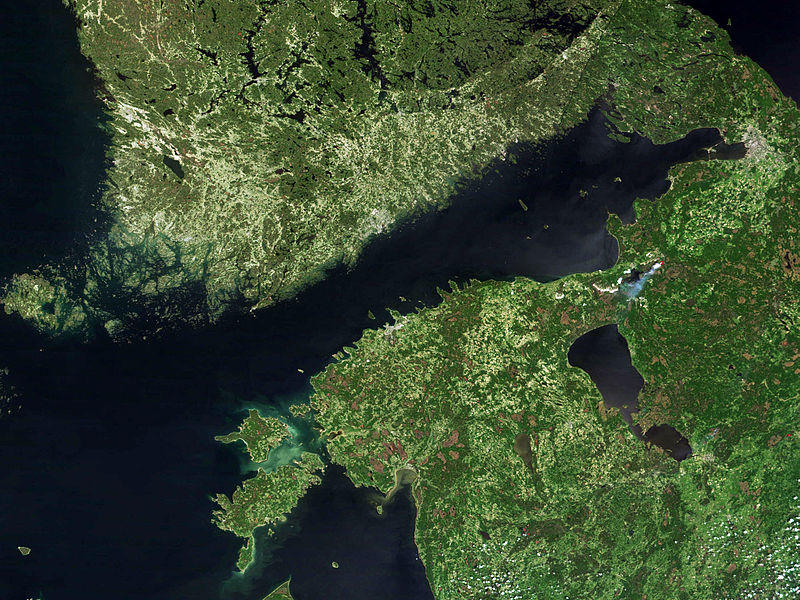
29 April 2020 – Former minister: The crisis has been approached wrong
The former minister of finance and foreign affairs and a member of the opposition Reform Party, Jürgen Ligi said the crisis has been approached strategically wrong and it is being viewed one-dimensionally. “This crisis is, first and foremost, a crisis of the society’s functioning,” he told a TV programme of the public broadcasting. “The question is not only about money, but psychology, the quality of life and what we expect from life.” He noted that the starting position – even one coronavirus death is too many – was already bad. “It’s awful to talk about death this way, but then a few days passed and we already knew they would come. In a situation like this you can’t declare loss, which is what happened.”
Ligi told the public broadcasting programme that Sweden’s approach to the crisis was better because it keeps the society positive. “Mentally, it was much more intelligent. I don’t want to criticise particular crisis measures, but the fact that the society is much more positive, compared with ours – the society keeps functioning when the people trust their government.” “The economy is human activity, not just making money,” Ligi added.

29 April 2020 – Estonia wants shuttle migration with Finland to open first
The Estonian foreign minister, Urmas Reinsalu, yesterday met with his Finnish counterpart, Pekka Haavisto, with whom he discussed the measures taken in response to the coronavirus crisis and the possible ways to open the border between Estonia and Finland. “Borders can be opened only with consideration to safety measures – our common wish is to stop the spread of the virus,” Reinsalu said. “Estonia is proposing to Finland to first restore shuttle migration for cross-border workers while ensuring joint safety measures to protect people’s health. We agreed that we would begin drawing up criteria for the grounds and volume of the restored movement of people between Estonia and Finland.”
29 April 2020 – Health Board: When exercising, keep your distance
The Estonian Health Board’s crisis chief, Ragnar Vaiknemets, said that when exercising outside, people should minimize contacts and always exercise with the same training partner, not change them every time. He also noted that when exercising, a person’s breathing is more intense, so the risk of contagion is at least two metres away, if not more. Contacts while exercising – like wrestling – should be postponed, he added.
29 April 2020 – Philippe Legrain: A COVID-19 Marshall Plan for Europe
The sheer scale of the economic fallout from COVID-19 justifies extraordinary measures, and nowhere more so than in Europe; rather than questioning one another’s motives, EU member states urgently need to unite behind a joint plan to avert economic disaster, Philippe Legrain, a former economic adviser to the president of the European Commission, writes.

29 April 2020 – PM: Public midsummer parties will be banned
Prime minister Jüri Ratas told Postimees today that this year, public midsummer parties will be banned. “When we’re talking about having a midsummer fire on your own back yard, then this is not regulated that people can only have family members or friends there. But we should also think clearly and realise we can’t have very big midsummer parties, when it comes to the crowds. Public midsummer parties are banned this year.”
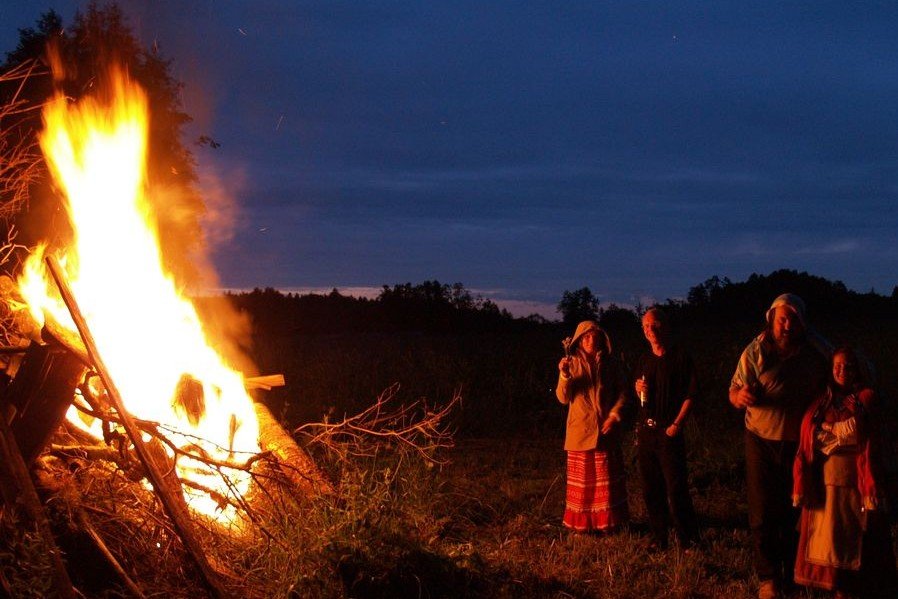
29 April 2020 – Economy minister: shopping malls may open on 11 May
Economy minister Taavi Aas said on a TV programme that the shopping malls – that have been shut down since 27 March – may be opened on 11 May. “The government will discuss this in the first half of the next week and I personally hope that 11 May is the date when we can say that the shopping malls are open,” Aas noted. He added that naturally, for this date to be confirmed, the contagion numbers have to continue to decline.
29 April 2020 – Scientists: COVID-19 will return as a seasonal virus
According to Chinese scientists, COVID-19 will not be eradicated and will return as a seasonal virus like the flu because it can infect asymptomatic carriers – meaning people can spread it without experiencing symptoms thus making it difficult to track its speed. The scientists said the Chinese health officials are still confirming dozens of asymptomatic carriers every day. “This is very likely to be an epidemic that co-exists with humans for a long time, becomes seasonal and is sustained within human bodies,” Jin Qi, the director of the Institute of Pathogen Biology at the Chinese Academy of Medical Sciences, said.
The researchers also said they saw no evidence that the virus’s spread will slow during the summer. Wang Guiqiang, the head of the infectious diseases department of Peking University First Hospital, admitted that the virus was heat sensitive, “but that’s when it’s exposed to 56°C (133°F – editor) for 30 minutes and the weather is never going to get that hot”.
29 April 2020 – American CDC recommends social distancing for pets
The American Centers of Disease Control and Prevention is now recommending pet owners isolate their dogs, cats and hamsters from close contact with other animals as two domestic cats in New York have tested positive for the novel coronavirus. The cat are showing mild symptoms and are expected to recover.
28 April 2020 – People start protesting against the populist government
Estonia has seen first protests against the current government (made up of the populist Centre Party, the far-right EKRE and the conservative Isamaa) policies – in Saaremaa, where people protested against very strict restrictions, but also in front of the so-called “super ministry” in Tallinn (the government building that houses staff and ministers of justice, finance, social, education and economic affairs ministries). The latter protest (pictures below), taking place last week, was organised mainly against the government’s xenophobic policy designed to kick out short-term foreign workers. Under the policy, foreigners from non-EU countries with short-term Estonian working visas (granted for up to 365 days), will be asked to leave the country if they have lost their jobs – even if their visa is still valid. The policy change affects almost 18,000 foreigners in Estonia, mainly in construction and farming industries.
The interior ministry, led by the Estonian far-right leader, Mart Helme, justified the policy by pointing out that due to the coronavirus, “many Estonians will become unemployed and will need those jobs”. The farming industry argues, however, that many of these jobs are seasonal and urbanised Estonians would not take up those positions in rural areas (hence, thousands of Ukrainians with the short-term Estonian working visas were previously employed as helping farm hands whenever needed). The protesters argued that under the shadow of the “emergency situation”, many policy changes that are not relevant to the pandemic are implemented – all the while the parliament’s role is limited and the civil society is deliberately kept at bay.
28 April 2020 – PM: If the situation doesn’t worsen, people get to move freely between the islands and mainland
The Estonian prime minister, Jüri Ratas, has confirmed that if the contagion situation doesn’t worsen, then people will from 18 May onwards be able to move freely between the islands and the mainland. “We’ll open the traffic between the islands and the mainland step by step to restore the pace of the every-day life and resuscitate the economy so that the contagion would still be under our control,” the prime minister said.
28 April 2020 – Vilnius is becoming a giant open-air cafe
The capital of Lithuania, Vilnius, is planning to turn the city into a giant open-air café – the municipality is giving much of its public space to bar and restaurant owners so they can put tables outdoors and allow people to abide by the social distancing rules. Lithuania has currently strict social distancing regulations – shops have to limit the number of customers, masks are mandatory in public spaces, and café and restaurant tables must be at least two metres (6.5 feet) apart.
Due to that rule, the city’s dining and drinking venues cannot put more than a couple of tables outside, and thus the city will now allow them to use public spaces free of charge, which will help them “open up, work, retain jobs and keep Vilnius alive”, the city’s mayor, Remigijus Šimašius, told the Guardian. Lithuania has recorded 1,444 coronavirus cases, 44 people have died of the disease.
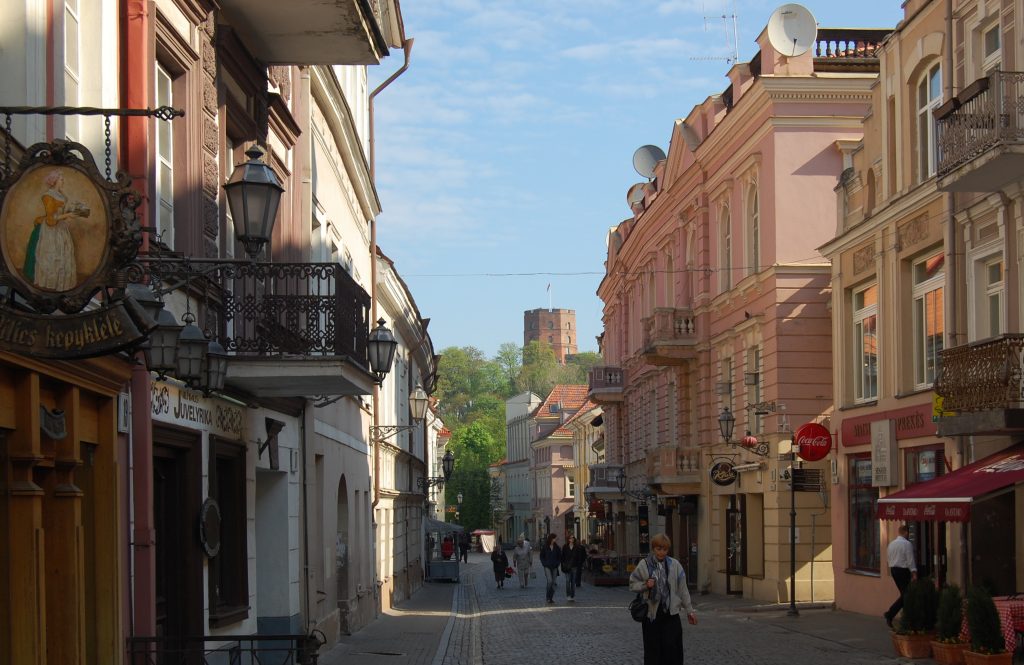
28 April 2020 – Businessman: the state should take a loan and abolish social tax
Jaan Pillesaar, the CEO of Estonian IT company Helmes, said today in a webinar that the state should take billions of loans and push it into the economy by temporarily abolishing or reducing social tax (the tax imposed on taxpayers to obtain revenue required for pension insurance and state health insurance). This would be the most honest way to help people out, according to him, because it would keep people employed and after-tax salaries can grow by one less tax layer. According to Pillesaar, the state could lessen or abolish the social tax for three or six months.

28 April 2020 – Estonia is working on opening the borders with Latvia, Lithuania, Finland
The Estonian interior minister, Mart Helme, said today that it’s important to first open the borders with Latvia, Lithuania and Finland. According to him, Estonia’s attitude is the same as the European Commission’s: opening of the borders can only happen when the epidemiologic situation in the borderland has become similar and social distancing between people have become a normality. “Only when we have enough data that the health situation on both sides of the border is similar and good enough can we allow people to move more freely,” Helme said. “Here we should prefer shuttle migration between neighbours.”
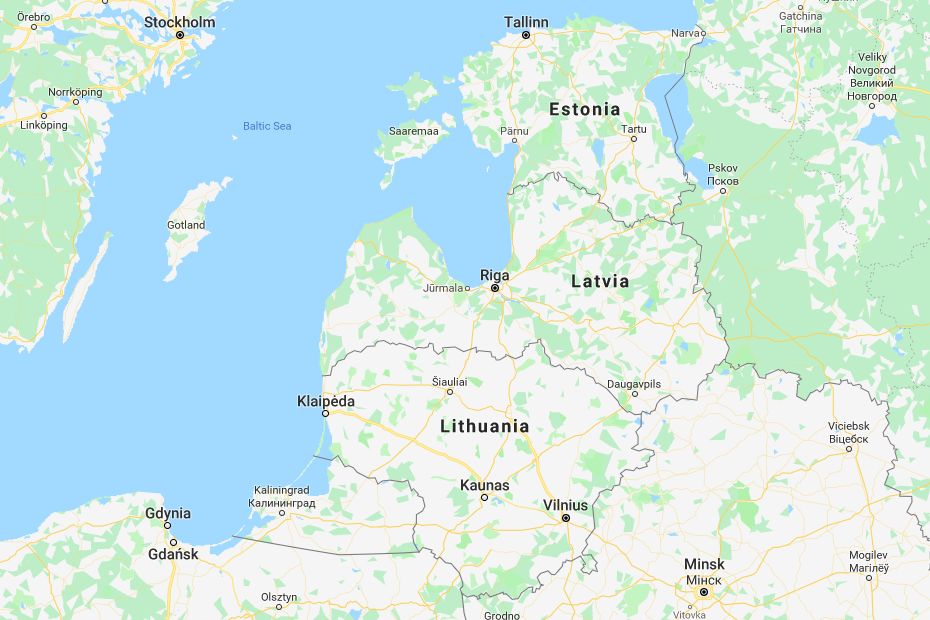
28 April 2020 – Loss of sense of smell and taste indicates milder illness
Following an earlier study that validated the loss of smell and taste as indicators of the coronavirus, researchers at University of California San Diego say that olfactory impairment suggests the resulting coronavirus disease is more likely to be mild to moderate, a potential early indicator that could help health-care providers determine which patients may require hospitalisation. “One of the immediate challenges for health-care providers is to determine how to best treat persons infected by the novel coronavirus,” said first author Carol Yan, rhinologist and head and neck surgeon. “If they display no or mild symptoms, can they return home to self-quarantine or will they likely require hospitalisation? These are crucial questions for hospitals trying to efficiently and effectively allocate finite medical resources.”
28 April 2020 – LA-based entrepreneur: Estonia should financially support its citizens just like the US
Renee Meriste, the president of the Estonian Society of Los Angeles, says Estonia should have financially supported its residents in the coronavirus crisis, just like the United States did.

28 April 2020 – Myoung-hee Kim: How South Korea stopped COVID-19 early
Government testing and tracing alone did not halt the spread of the coronavirus in South Korea; the country’s civil-society organisations also played a critical role by monitoring the situation closely, helping hold the authorities accountable and reaching vulnerable social groups, Myoung-hee Kim, a Korean epidemiologist, writes.
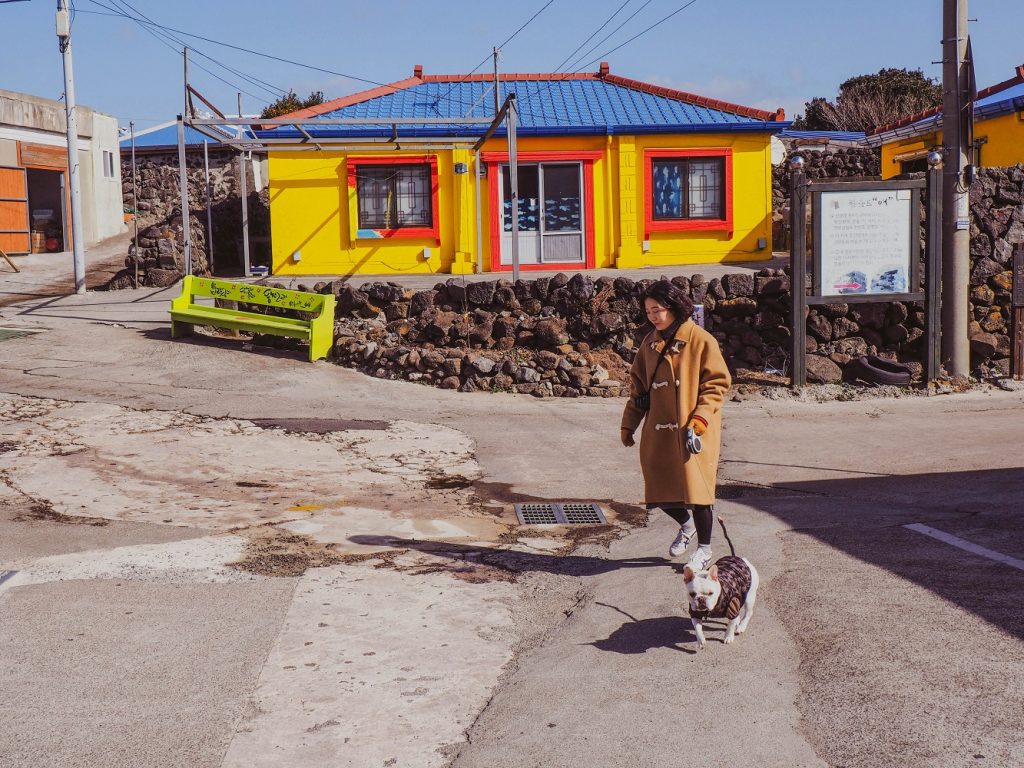
28 April 2020 – Three million people have now been confirmed infected
Three million people in the world have now been confirmed infected with the novel coronavirus, about a million of them – or 1/3 – in the United States. According to Johns Hopkins University, 210,611 have died of the virus, most of them – 56,000 – again in the US. Almost 920,000 people in the world have recovered.
27 April 2020 – Open-air exercising and museums to be opened from 2 May
The Estonian prime minister, Jüri Ratas, today said that from 2 May onwards, the government is allowing open-air sporting events and also visiting open-air museums and other museum exhibitions that are outdoors. However, people attending must still adhere to the 2+2 rule and the manager of the event has to guarantee disinfectants for those who attend.

27 April 2020 – The government eases restrictions in Saaremaa
The Estonian prime minister, Jüri Ratas, will sign an order today to ease the restrictions imposed on Saaremaa and Muhumaa starting tomorrow. The order is to lift restrictions in close contact services like plastic surgery, beauty services (barbers, mani-pedi, beauticians, tattoo and tanning salons), massage services and rehabilitation. The easing of the restrictions means the stores and markets can now stay open like in the mainland. The order will also lift the movement restrictions that forced the people of Saaremaa and Muhumaa to stay home. The general 2+2 rule – only parties of two in the public and keeping a two-metre (6.5-foot) distance with other parties – will remain in effect.
27 April 2020 – Summer mass events will be cancelled
According to the Estonian minister of culture, Tõnis Lukas, the scheduled summer mass events will be cancelled due to the coronavirus pandemic. “If we can, during May and June, contain the disease and the indicators allow, then smaller theatre productions and concerts may happen in open air in July and August. Indoor events, including cinemas, should plan their openings into the autumn. Mass events will be cancelled this summer,” Lukas said.

27 April 2020 – Minister: Opening the borders will be the last in the exit strategy
According to the Estonian finance minister, Martin Helme, opening the country’s borders will be the last item in the emergency situation exit strategy. He said in a radio programme that opening the borders will be in three phases. The first will be opening the borders with close neighbours who have been able to contain the spread of the virus similarly to Estonia. If that works, then it will be justified to start opening all Europea Union internal borders, and that, too, will happen step by step. And only after that we can talk about opening the Estonian borders to the other countries. However, when it comes to Sweden, then Helme doesn’t see the option for a quarantine-free movement between it and Estonia.
26 April 2020 – The people of Saaremaa protest stricter restrictions
The people in Saaremaa today staged a silent protest to persuade the government to abolish the restriction in the island that are stricter than in the mainland that the government instituted to contain the spread of the novel coronavirus. In the past week, the local businesspeople sent numerous letters to the government and today, the people of the island organised a protest action with the message – we’ve had enough of the stricter isolation.
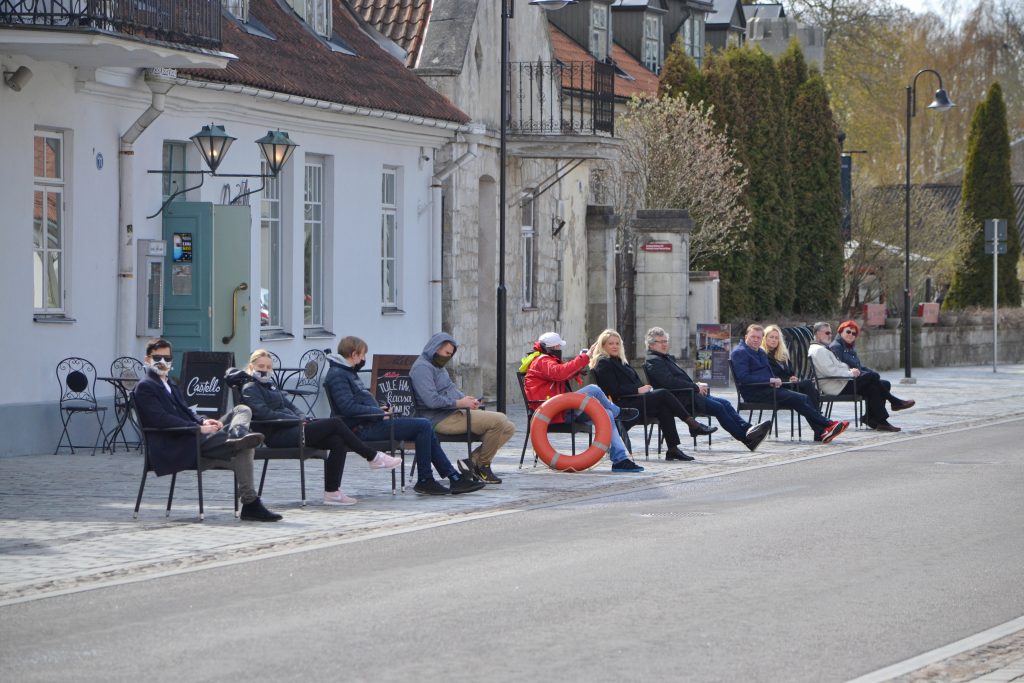
26 April 2020 – Estonian evangelical church fund is looking for regular donors in difficult times
The church support fund of the Estonian Evangelical Lutheran Church has launched a public campaign to raise funds for four churches: St Mary’s Church in Tartu, Alexander’s Church in Narva, St Nicholas’ Church in Paldiski and St Mary’s Church in Tõstamaa; some of the donations will be used to offer people spiritual assistance in these difficult times. Through the campaign, the fund hopes to find 10,000 regular donors who will donate €10 per month on average.

26 April 2020 – No evidence of immunity
The World Health Organisation yesterday said there was currently “no evidence” that people who have recovered from the novel coronavirus and have antibodies are protected from a second coronavirus infection. The agency also warned governments against issuing “immunity passports” or “risk-free certificates” to people who have been infected as their accuracy could not be guaranteed. The WHO said the practice could actually increase the risks of continued spread as people who have recovered may ignore advice about taking standard precautions against the virus.
“Some governments have suggested that the detection of antibodies to the SARS-CoV-2, the virus that causes COVID-19, could serve as the basis for an ‘immunity passport’ or ‘risk-free certificate’ that would enable individuals to travel or to return to work assuming that they are protected against re-infection. There is currently no evidence that people who have recovered from COVID-19 and have antibodies are protected from a second infection,” the WHO said.
26 April 2020 – More and more people get infected in Tallinn
The coronavirus contagion in Tallinn doesn’t seem to be subsiding and, in all boroughs, the authorities are seeing a steady rise of virus cases; in up to ten apartment buildings they’ve discovered internal contagion, the Estonian daily, Eesti Päevaleht, reports (in Estonian, paywalled). The most worrisome is, according to the chief of the Health Board’s Northern region, Ester Öpik, that every day brings an infected person in Tallinn who doesn’t know where or from whom they got the virus. Even if there are five new infected in a day, there’s always someone who doesn’t know where they got it as their colleagues and family members have not been, at least based on what they know, infected, the newspaper says.
Mostly these people are, Öpik says, people who haven’t been staying home and are moving around – they go shopping, use the public transport. “All public closed spaces where lots of people move around give the opportunity to get infected – grocery stores, public transit, hallways,” she said. There are up to ten apartment buildings in Tallinn where the Health Board has discovered internal contagion within one hallway. That means that in more than two apartments there are infected people who haven’t contracted the disease together, but one case has come up later.
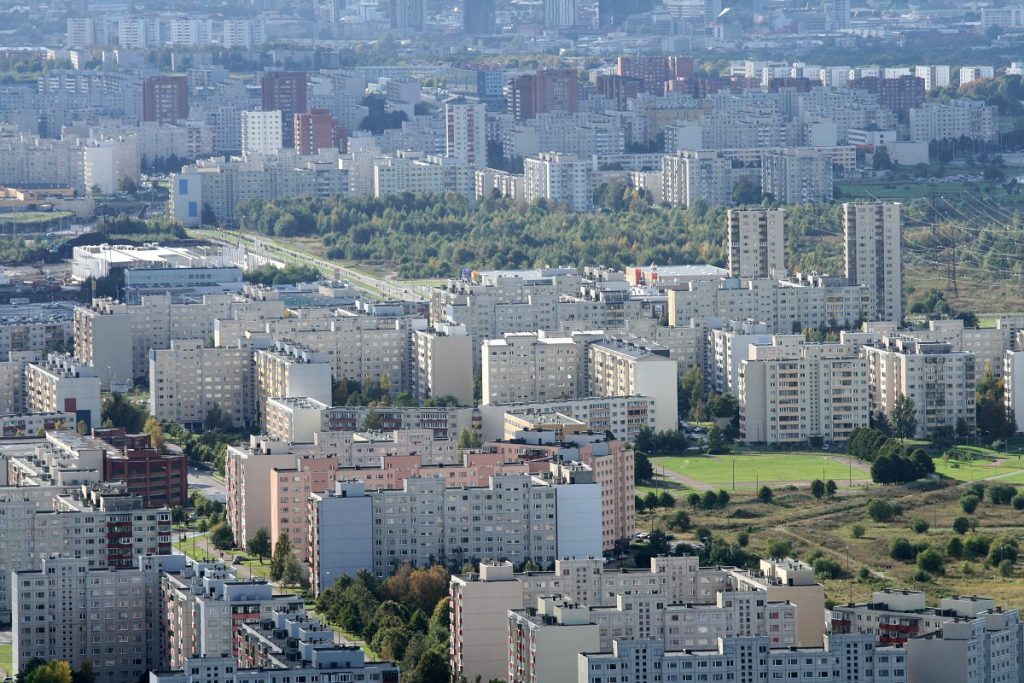
26 April 2020 – Over 200,000 people have died of the coronavirus
According to Johns Hopkins University, 202,270 people have, as of today, died of the novel coronavirus. The most people have died in the United States – 54,121 – and the most people in the US have perished in New York state – 22,009. New York City alone has lost 17,126 people to the virus. Italy comes second in the world in the number of those succumbed – 26,384 – and Spain third – 22,902.
When we look at the per capita coronavirus deaths, then the small nation of San Marino, landlocked in Italy, has statistically lost 15,119 people per one million population; however, only around 33,000 people live in the city-state and only 40 of them have died of the coronavirus. Belgium is second in terms of the per capita deaths – 597 per one million – and Andorra, another small European state, located between France and Spain, is third with 518 deaths per one million (around 77,500 people live in the country and 40 of them have died of the coronavirus).
Altogether, 2,886,408 people have tested positive for the virus, according to Johns Hopkins, and 832,876 have recovered.

25 April 2020 – The coronavirus contagion in Tallinn worries the authorities
The growing trend of the novel coronavirus cases in the Estonian capital, Tallinn, has made the government and officials worrisome. The director of the Estonian Health Board, Merike Jürilo, told Postimees that currently they’re seeing new cases mostly in work collectives and households, adding that when the situation is stable in Harju County, in Tallinn there’s a slight growth trend that the officials are carefully monitoring.
“The pockets in the capital aren’t as massive like the Saaremaa festival case where 25 or more new infections came from. Yes, in a Tallinn homeless shelter there was a bigger pocket, but mostly the new cases are workplace-based,” Jürilo told the newspaper. This means that when a worker is infected, in a short while there’s another worker from the same collective who tests positive, and then they carry it on to their family members. “The main contagion today happens through households and workplaces.” Jürilo assured that the Health Board is monitoring the developments in Tallinn very carefully.
25 April 2020 – The people of Saaremaa to protest against restrictions
Since the virus has shown downwards trends in Saaremaa, the local businessmen and people want for the government to abolish the restrictions in the island that are stricter than in the mainland. In the past week, the local businesspeople have sent numerous letters to the government and tomorrow, the people of the island are organising a protest actions with the message – we’ve had enough of the stricter isolation, Delfi reports.
“We don’t want a mass gathering. Everyone can come in front of their house or on their street – it doesn’t have to be the centre of Kuressaare – sits there with their chair for half an hour. It’s a so-called silent protest,” Andres Tinno, the director of the Kuressaare hobby centre told the news portal, adding that they don’t agree with the tougher isolation. “We won’t make noise, we don’t want a mass gathering, but somehow we have to make ourselves heard.”

25 April 2020 – The Estonian National Opera streams the ballet “Modigliani – the Cursed Artist” for free
Continuing its online streaming tradition during the coronavirus crisis, the Estonian National Opera will, for a fourth Saturday in a row, make a historical performance available for everyone for free, by showing a ballet by Toomas Edur, CBE, “Modigliani – the Cursed Artist”, on the opera’s Facebook page on 25 April.

25 April 2020 – Almost 20 members of one family have the virus
According to the Estonian Health Board, 18 members of one family in Lüganuse borough near the town of Kiviõli have been diagnosed with the novel coronavirus, one of them an employee at a Kiviõli kindergarten. Some of the infected have symptoms, but not severe; all the infected are being taken care of at their homes. The government’s chief of emergency medicine, Dr Arkadi Popov, told Delfi that these people visited each other while being sick. However, there are no plans to test other people who had been in contact with the infected family. “When a person is feeling well and has been in contact with a corona patient, then they will have to abide by the quarantine measures, but that doesn’t mean they need to be tested before they develop symptoms.”
The head of the eastern region of the Health Board, Marje Muusikus told Postimees that this is a very large intra-family contagion as all the infected are not part of the same household. She noted that some of the people who tested positive were already in quarantine as someone in their families had already been confirmed sick. “With the addition of new cases their isolation period will now be extended by two weeks.” The Health Board has, according to her, already confirmed from where the family first contracted the illness.

24 April 2020 – PM: Measure nine times, cut once
The Estonian prime minister, Jüri Ratas, said today in the public broadcasting’s main news programme that when it comes to easing the restrictions, the principle is, measure nine times, cut once, and currently there’s a lot of measurements to be done. According to Ratas, the crisis is universal, affecting health care, the economy, the finances and also international interaction. “When we’re talking about the restrictions, whether it’s border control, the involving of the Defence League, the 2+2 rule, restrictions in the islands – this all legally needs an emergency situation,” Ratas said.
The prime minister said that some relief to the restrictions may already come during the emergency situation. “This means when the contagion allows it, this means that the people adhere to the rules,” he stated, adding that the first steps would be opening open-air museums, some open-air sporting and hobby activity. Ratas also pointed out that people should still stay home, even when the weather is good, because if the virus contagion will accelerate again, then it will be a lot faster and a lot higher. “We’re seeing it in many countries,” he added.

24 April 2020 – The government extends the emergency situation until 17 May
The Estonian government has extended the emergency situation – that was initially imposed until 1 May – until 17 May. Some restrictions will be lifted before the emergency ends, some will stay in effect even when the emergency situation is lifted.
24 April 2020 – The state injects millions into strategic companies
The Estonian government has decided to inject €30 million into the state-owned airline company, Nordica; €10 million into Eesti Raudtee, the country’s railway operator; and €3 million into Saarte Liinid, the state-owned company that maintains some of Estonia’s seaports. The government said “it injects money into these strategically important companies to guarantee their success in the future and to ensure they will exit the coronavirus crisis as strong as possible”.
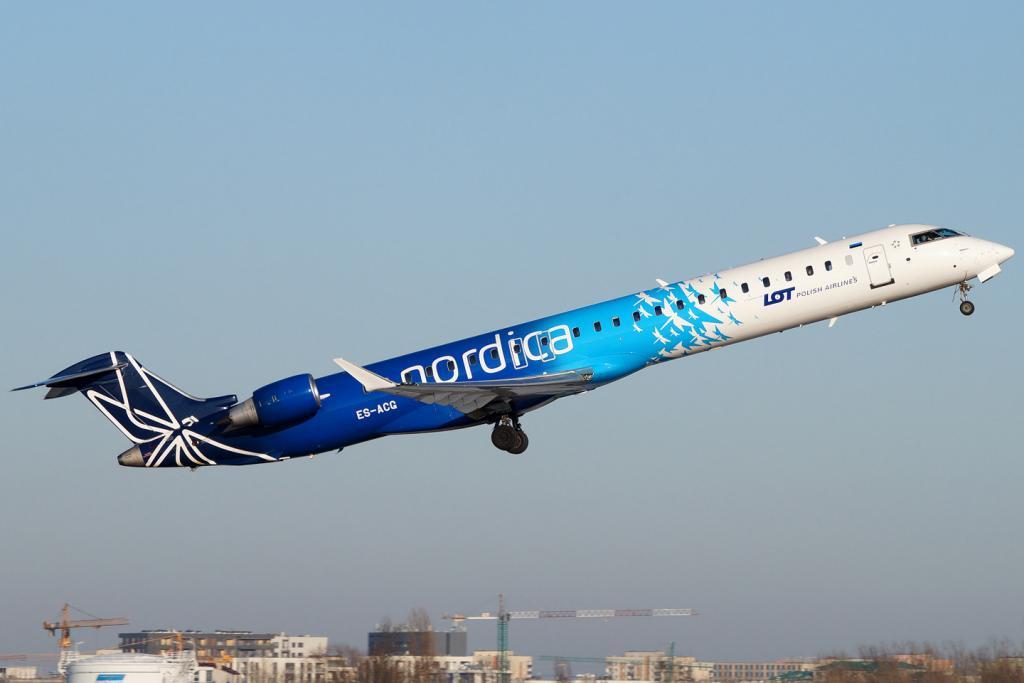
24 April 2020 – Estonia has the third highest testing rates in OECD
According to a data by the Organisation for Economic Co-operation and Development (OECD), as of 15 April, Estonia has the third-highest COVID-19 testing rate per 1,000 citizens among the member states of the organisation. OECD is an intergovernmental economic organisation with 36 developed countries. “Testing for the coronavirus has varied widely across countries. To reduce the risk of new outbreaks, countries will need to greatly increase their testing capacity,” OECD said on its Facebook page.
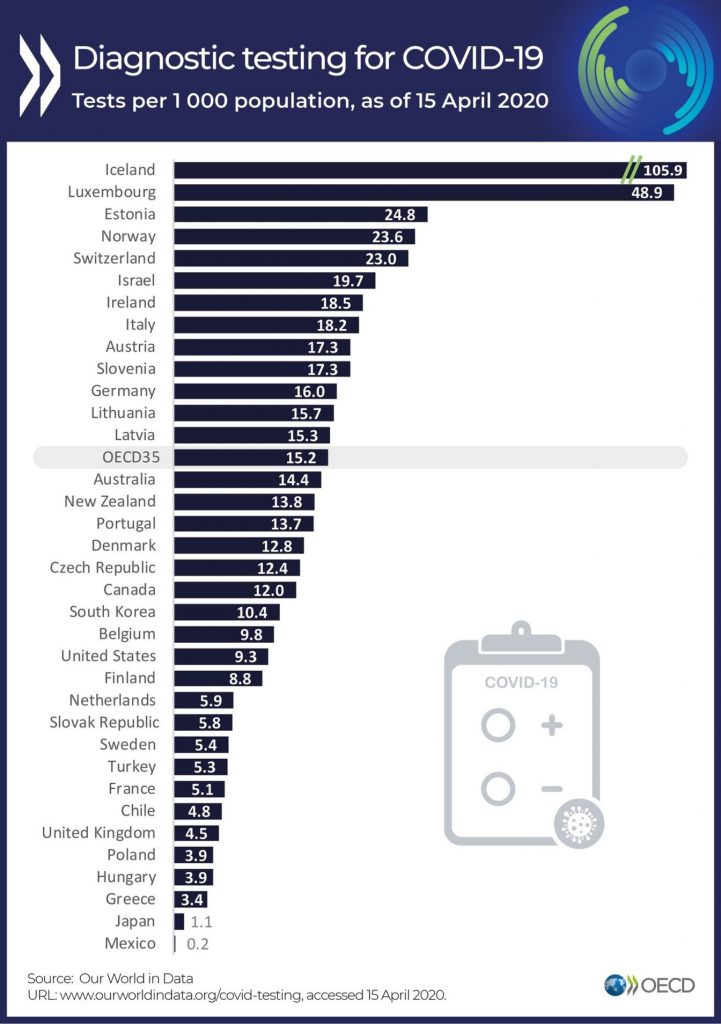
24 April 2020 – Police have issued 464 written injunctions, 50 fines
The Estonian police have issued 464 written injunctions and fined 50 people who have violated the social distancing restrictions. The country’s police chief, Elmar Vaher, said they get around 800-900 reports a day about more than two people gathering in public places. “We have significantly raised the number of active patrols on the street. Usually we have 100 patrols out, today the number is 140, in peak times even close to 200.” The chief added that even though the activity in traffic has declined by 30% and the number of accidents has declined by around the same percentage, then drunk drivers have been involved in accidents where 17 people have been injured – seven more than around the same time last year.
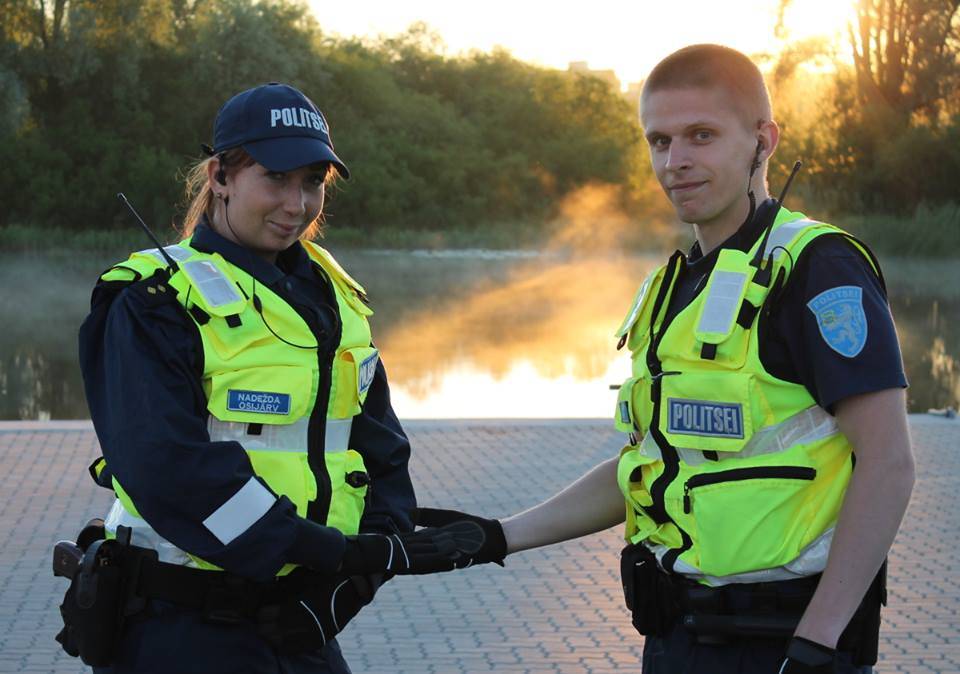
24 April 2020 – Italy and Spain receive Estonia’s help
The Estonian government decided on 16 April to allocate €100,000 to both Italy and Spain via the International Red Cross to control the spread of the coronavirus, and also send 30,000 face masks and 2,000 units of disinfectant manufactured by the local producer, Nordic Group, to both countries.
Both countries have now received the aid. Estonia’s assistance to Spain arrived with a cargo plane of the Spanish Armed Forces in Zaragoza airport on 21 April, and the country’s aid package to Italy arrived on 24 April in Milan Malpensa airport, through the services of the logistics firm DSV.
23 April 2020 – Justice chancellor: If people behave, there is no legal reason for restrictions
The Estonian chancellor of justice, Ülle Madise, said on a TV programme that if the people continue to behave in a way that will contain the spread of the coronavirus, then the government doesn’t have a legal basis to continue with tough restrictions. According to her, the restrictions can’t be lifted immediately, but at the same time, they can’t last long. “As a chancellor of justice, I have to say that very strict restrictions, if people continue to keep distance, are reasonable, don’t infect others, don’t get infected, then there is no legal basis to continue with them.”
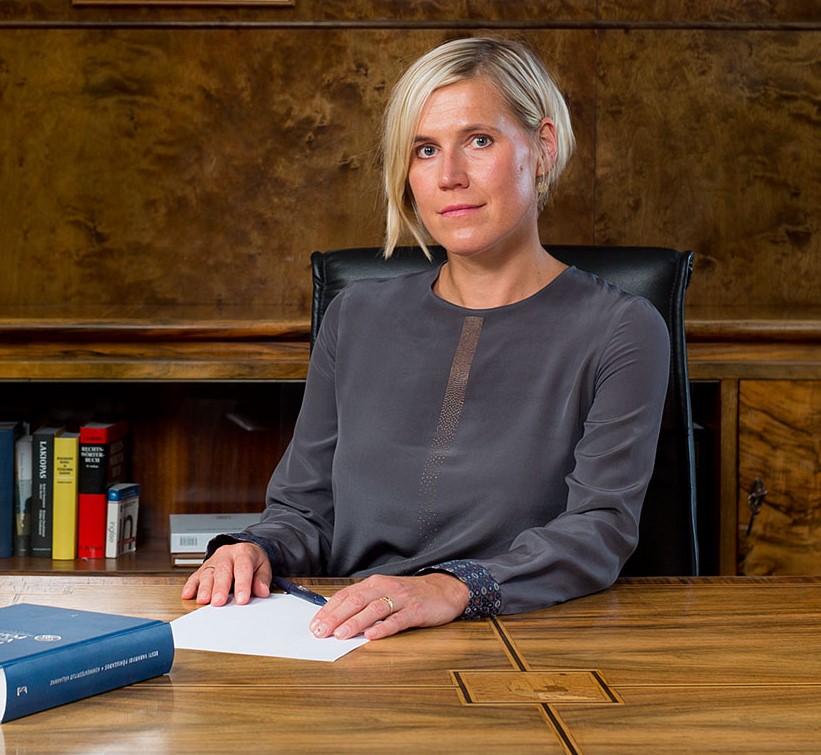
23 April 2020 – The University of Tartu launches a study on coronavirus prevalence
The University of Tartu researchers start a three-month study on the prevalence of coronavirus in Estonia among both symptomatic and asymptomatic people. At least 16,000 Estonian residents, based on a random statistical sample, will be interviewed and invited to be tested for coronavirus, the university said.
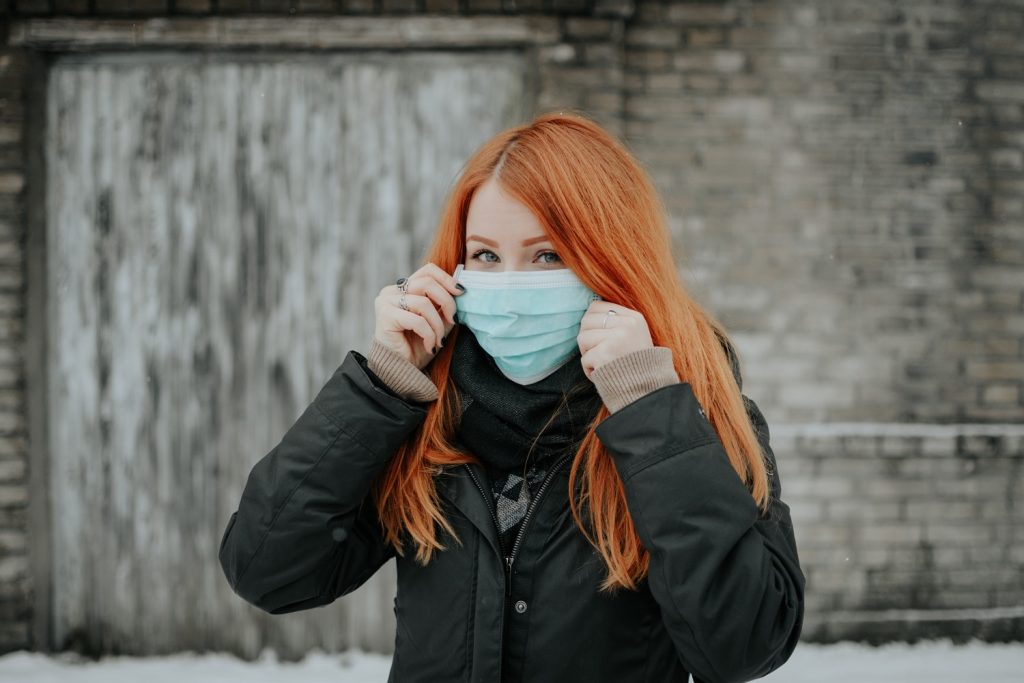
23 April 2020 – Estonian minister: Everyone should wear a mask in public indoor places
Jaak Aab, the Estonian minister of public administration, proposed that once the museums, shopping malls, schools and other institutions open again, people using these public facilities should still wear masks indoors. “The obligation to wear a mask is particularly relevant at a time when COVID-19 emergency measures are being relaxed. Many countries require a face mask or mask to be worn in public when easing restrictions. Surgical masks, other face masks, as well as homemade masks, are allowed,” he said in a statement.
“Such a requirement and practice certainly reflect society’s solidarity in preventing the spread of the virus. Above all, it protects other people, but to a large extent also the mask wearer itself,” Aab said. “In my opinion, it is possible to wear a mask daily. Today, local governments, hospitals and state institutions have a supply of personal protective equipment for at least one month. Various masks are freely available in stores and pharmacies, and as the supply will increase in the coming weeks, the prices of masks will hopefully fall as well.”
The minister cited a research from Iceland, according to which, “60% of people suffer from the coronavirus without symptoms”. “Therefore, we can all be potential carriers of the virus. The risk of spreading the virus is reduced by the requirements of social distance, as well as the wearing of masks. I hope that even after the disappearance of the coronavirus, we consider it the norm to wear protective masks during the viral period.”
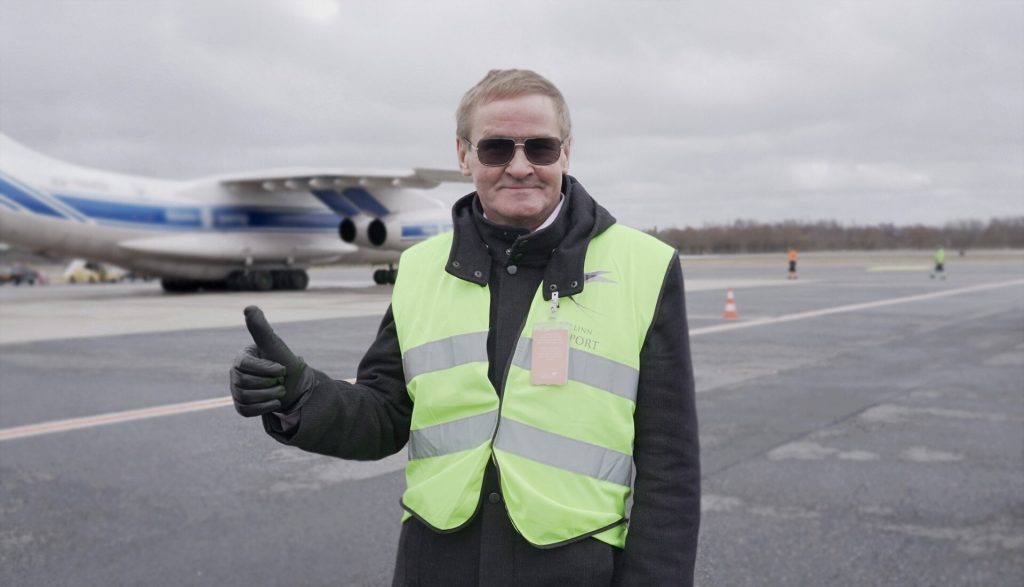
23 April 2020 – Large public events banned until at least July
The Estonian prime minister, Jüri Ratas, said at a government press conference today that large public events will not be allowed until the end of June the least. “With regards to [large events in] July and August, the government will decide at the end of May – again, considering the seriousness of the situation. Please note that scientists have consistently said that the best breeding ground for the coronavirus are large-scale mass events: sporting, cultural and social events, including demonstrations.”
He added that if public events were allowed again, then the 2+2 rule will be upheld, “at sports events as well as in cinemas and theatres”. “In the case of concerts, we might decide that only 15, 30 or 500 people can come to an event,” he said.
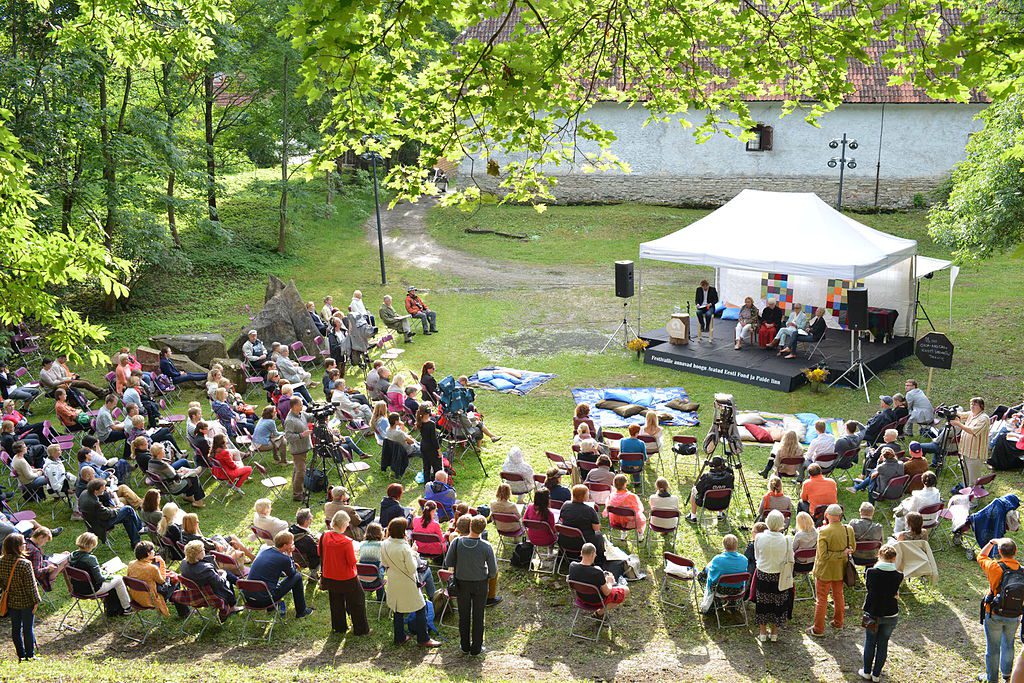
23 April 2020 – Popov: Too much activity on the streets of Tallinn
The Estonian government’s chief of emergency medicine, Dr Arkadi Popov, said that some regions are showing negative trends in some age groups. “I would especially like to tell the people of Tallinn that we’re seeing in the Tallinn region a negative trend with the positive test results. Also, there’s too much activity on the streets of Tallinn. I live in Tallinn myself and see how people are actively driving around and walking on the streets,” he said, adding that everyone should abide by the emergency situation rules because the danger is not gone yet. According to him, the least abiding people are the ones up to 55 years old.

23 April 2020 – A mysterious blood-clotting complication is killing coronavirus patients
Doctors have discovered a mysterious blood-clotting complication with many of the coronavirus patients that is potentially killing them, but have no explanation for it and it’s therefore a lot harder to treat. In some coronavirus patients, doctors have found blood clots in the lungs, heart and kidneys. These clots can travel and create blockages in veins, which could lead to strokes, heart attacks, infractions of the muscle and other issues. “While we understand that there is a clot, we don’t yet understand why there is a clot,” one physician told the Washington Post. “We don’t know. And therefore, we are scared.” Without clinical trials or science-backed treatments, physicians are forced to figure out how to best treat these complications on “very weak but very compelling data”, an expert on blood clots told Business Insider.
22 April 2020 – Doctor: many recovered have tested false-positive
According to an Estonian doctor, Karmen Joller, many of the people who have recovered from the novel coronavirus have tested false-positive. “We can’t prove by testing that a person is healthy,” she told Postimees. “We know that after recovery, we’ve got many false-positive results. Often we find virus particles from the tests that may already be destroyed and so we really don’t know whether a person is sick or not.” She also says there may be false-negative tests. “I’ve seen many atypical pneumonias – they may or may not be from COVID. The COVID-19 test has been negative on these patients. Fortunately these people’s illness was mild, so there was no reason to investigate further.”
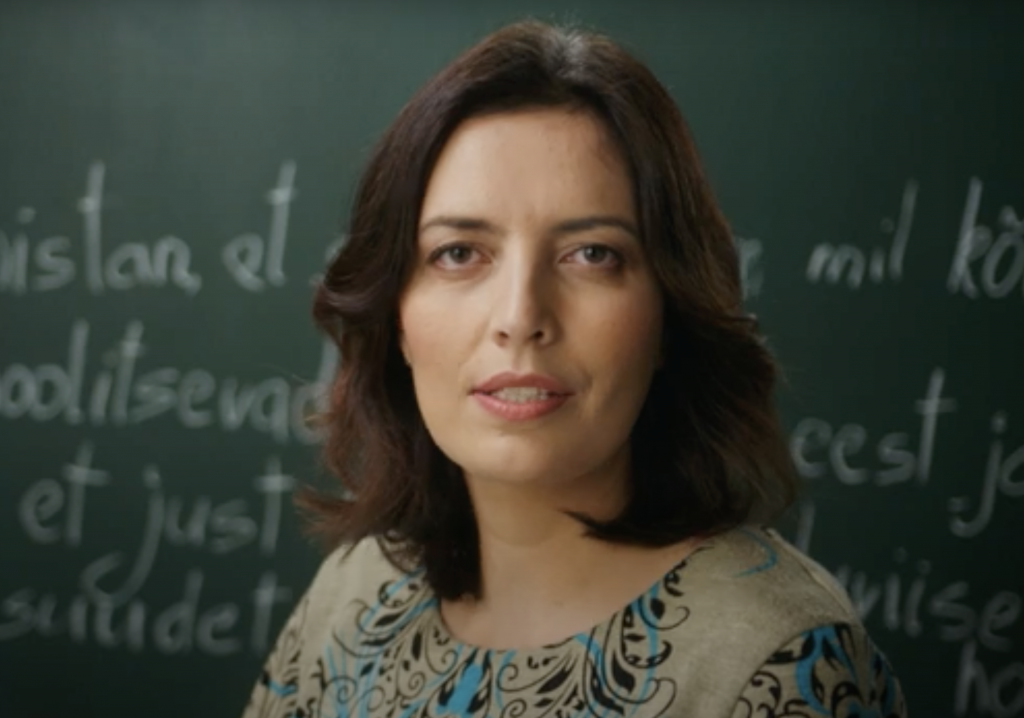
22 April 2020 – Committee approves the strategy plan to exit the emergency situation
The government committee on the emergency situation has approved the crisis exit strategy plan which will now go to the parliament for additional suggestions; the government will approve it next week. The strategy is in three phases. The first one is the escalation of the contagion, which Estonia has already passed. Currently, the country is in the second phase – stabilisation – where it’s possible to start relieving the restrictions step by step. The third phase is a return to normalcy, which also involves readiness for the next possible contagion.
The first steps in returning to normalcy are opening the museums, hobby education institutions and sporting venues in open air, and allowing the registration of family events. The next step will be partly restricted opening of services in shopping malls. Scheduled medical care has already been starting to open up; if the indicators allow, the schools will start reopening from 15 May so that the students preparing to graduate from high school could prepare for their finals and students who need to could get tutoring.
22 April 2020 – WHO: The virus will be with us for a long time
The director-general of the World Health Organisation, Dr Tedros Adhanom Ghebreyesus, said today during a virtual press briefing that the novel coronavirus “will be with us for a long time”. “Make no mistake, we have a long way to go,” he added, admitting that while social distancing measures put in place in numerous countries to slow the spread of the coronavirus have been successful, the virus remains “extremely dangerous”. Current data show “most of the world’s population remains susceptible”, meaning outbreaks can easily “reignite”.
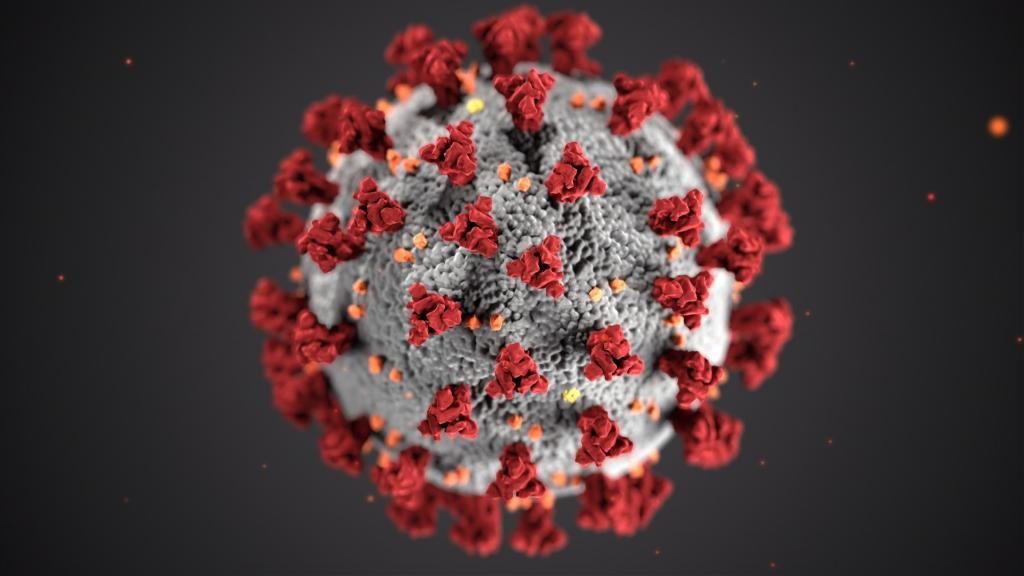
22 April 2020 – PM: The emergency situation will be extended by two weeks
The Estonian prime minister, Jüri Ratas, said in the parliament today that the decision to extend the ongoing emergency situation will be made tomorrow or the day after, and according to his opinion, it should be extended by two weeks. The PM claimed he’s the biggest supporter of ending the emergency situation, but the contagion numbers don’t yet show that it can be ended. “My proposal in today’s situation is to extend it. For how long, that will be discussed today-tomorrow. And I think that minimally it can be two weeks,” Ratas said.
22 April 2020 – Dr Popov: There will be no mass testing in Estonia
The Estonian government’s chief of emergency medicine, Dr Arkadi Popov, said that as of now, there will be no mass testing in Estonia as there is no methodology that would be trustworthy enough. “Mass testing is a subject that came, goes and then comes again. There will be no mass testing as of now. But the decision is not definite even today. The main thing is technical restrictions. There is no good system in the world to allow mass testing. If we had an informative, effective and cheap instrument, we’d use it. Today we don’t have it,” Popov told Postimees in an interview.
22 April 2020 – The Health Board warns about a “miracle cure”
The Estonian Health Board is warning people about a new “miracle cure” – hydrogen water, hydrogen gas and hydrogen powder – that is being advertised as a relief against the coronavirus and other ailments. The Health Board says these substances are not proven to be a treatment and mainly profit the people who sell them. “If you’re offered anything that promises miraculous recovery, it’s a lie. The Health Board will let you know when a specific and trustworthy cure is invented,” it said.
22 April 2020 – CDC chief: The second wave is to be even more devastating
Robert Redfield, the director of the US Centers for Disease Control and Prevention, said in an interview with the Washington Post that the second wave of the novel coronavirus would be far more devastating that what we’re seeing now because it is likely to coincide with the start of the flu season. “There’s a possibility that the assault of the virus on our nation next winter will actually be even more difficult than the one we just went through,” Redfield said. “And when I’ve said this to others, they kind of put their head back, they don’t understand what I mean.”
“We’re going to have the flu epidemic and the coronavirus epidemic at the same time,” he said, adding that having two simultaneous respiratory outbreaks would put unimaginable strain on the health-care system. This applies to the entire northern hemisphere, not only the US where many states have already started to reopen. The flu season in the northern hemisphere is considered October through May.
22 April 2020 – The unemployment fund’s dark scenario – 90,000 unemployed people
The director of the Estonian Unemployment Insurance Fund, Meelis Paavel, said the fund had already taken into account a possible dark scenario where 90,000 people would be unemployed by the end of the summer. “Our predictions are made in the way that by the end of the summer, we’re ready to take into account this amount of unemployed people,” he said. “This is the scenario when the economy is locked up for a longer time than in this situation.”

21 April 2020 – Minister: The emergency situation will be extended
The Estonian minister of social affairs, Tanel Kiik, said the emergency situation in the country will probably be extended, but by maximum two weeks or a month. He said on a TV programme that the coronavirus pandemic has put on the brakes in Europe and elsewhere in the world, but it hasn’t stopped and the danger remains. Therefore, Estonia, too, has to be careful about lifting the imposed restrictions. “So extending the emergency situation is probably a reasonable choice,” he said. “Probably, as already said, by maximum one month, but there are clear arguments that it could be shorter.”
21 April 2020 – The Health Board randomly tests 753 medical workers; all tested negative
The Estonian Health Board randomly tested 753 medical workers who didn’t have any coronavirus symptoms and they all tested negative. The people chosen for testing had to be working in the past month, either in emergency rooms, ICUs, internal medicine departments, virus labs or ambulances. The tested medical workers work in hospitals in Tallinn, Narva, Tartu and Pärnu. The Health Board is planning to test medical workers in other towns and counties as well.
21 April 2020 – Students in Tallinn and Tartu to continue distance learning until the end of the school year
Students in Tallinn and Tartu are to continue distance learning until the end of the school year. The mayor of Tallinn, Mihhail Kõlvart, said after a meeting with school principals that this is also the preference of the schools. He also said that high school admittance tests will be done in a contactless form and according to preliminary plans, these will happen in May or June. The director of the education department in Tartu municipality, Riho Raave, also said the town’s school principals all agree that the schools should continue distance learning until the end of the school year, unless the situation changes.

21 April 2020 – WHO: Only a few people have COVID-19 antibodies
According to the World Health Organisation, only a tiny proportion of the global population – as few as 2%-3% – appear to have COVID-19 antibodies in their blood, meaning that the hope for herd immunity may be ill-placed. “Easing restrictions is not the end of the epidemic in any country,” the director-general of the WHO, Dr Tedros Adhanom Ghebreyesus, said. “So-called lockdowns can help take the heat out of a country’s epidemic. … Early data suggests that a relatively small percentage of the populations may have been infected. Not more than 2%-3%.”
21 April 2020 – Taiwan donates 80,000 masks to Estonia
Taiwan has supported Estonia’s fight with the novel coronavirus with 80,000 surgical masks; the masks arrived in Estonia on 21 April and will be delivered to Saaremaa and Hiiumaa islands.
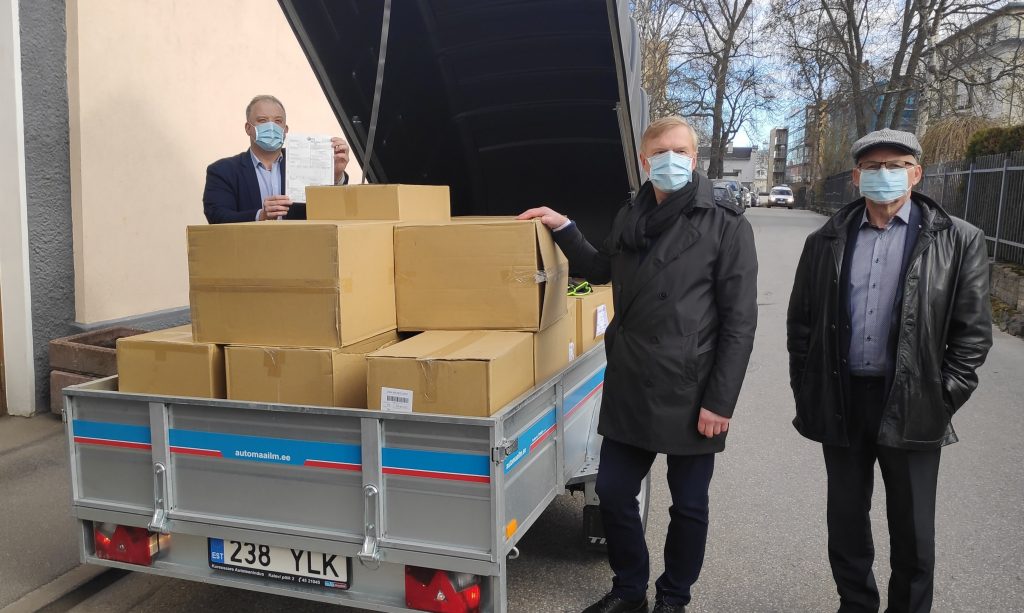
21 April 2020 – Estonia starts to restore scheduled medical care
Estonia is from today onwards starting to restore scheduled medical care. According to the country’s Health Board, the restoration will be taken on step-by-step in almost all hospitals apart from Saaremaa. Specialised and dental care will be the first to be restored; routine check-ups will be restored later.
21 April 2020 – Interior minister finally admits: I didn’t take the virus seriously
The Estonian interior minister and the leader of the far-right, populist Estonian Conservative People’s Party, Mart Helme, has finally admitted he made his earlier comments about the novel coronavirus because he didn’t take it seriously. “I don’t think I ridiculed the virus,” Helme yesterday said on a TV programme. “I just didn’t take it seriously, I thought it’s just a mutation of the flu, and so what, we’ve survived the flu before. Hindsight is always an exact science.”
At the government’s weekly press conference on 27 February, much like many of the populist leaders have done elsewhere in the world, Helme said: “I’m calling for a very responsible discussion concerning this so-called coronavirus. I just ran across the courtyard here and thought to myself that a common cold has now been renamed coronavirus. Because, really, the symptoms are very similar to what in my youth no one would have diagnosed a corona or any other virus; it was a cold. Warm socks, goose fat on the chest, mustard plasters, all other such nice stuff, and it went away in a few days, a week. There was no coronavirus.”
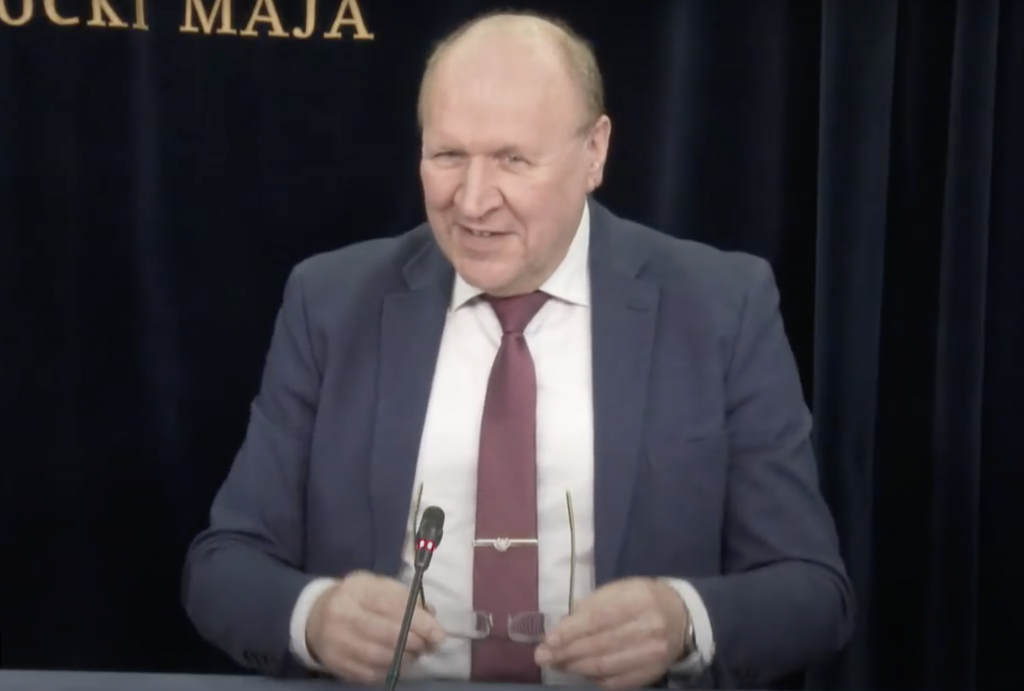
21 April 2020 – Unemployment in Ida-Virumaa 12.7%
The unemployment rate in Ida-Viru County has reached 12.7%; prime minister Jüri Ratas admitted today in the parliament that Ida-Virumaa has seriously suffered in the coronavirus crisis. Ratas said that the county’s problems are very important for the government, and added that if people cannot cope anymore with the crisis, then there are state support measures and also local governments can step in and help.
21 April 2020 – WHO: “The worst is yet ahead of us”
The director-general of the World Health Organisation, Dr Tedros Adhanom Ghebreyesus, said yesterday that “the worst is yet ahead of us” as many countries are considering easing the restrictive measures aimed at reducing the spread of the novel coronavirus. “Trust us. The worst is yet ahead of us. Let’s prevent this tragedy. It’s a virus that many people still don’t understand,” Tedros said. The coronavirus has so far infected almost 2.5 million people around the world and killed almost 170,000. The most infected and dead have occurred in the US – 783,000 and 42,000, respectively.
20 April 2020 – President and prime minister meet face to face
The Estonian president, Kersti Kaljulaid, met with prime minister Jüri Ratas today for the first time in the recent weeks, so far they had been in contact over the phone. The head of state and the head of government kept a distance of two metres (6.5 feet) and their faces were covered with masks. According to Kaljulaid’s Facebook page, they discussed the contemporary measures to curb the spread of the coronavirus and people’s readiness to adhere to the restrictions.
“It’s very important that the people who are abiding by the restrictions wouldn’t feel alone,” the president wrote on Facebook. “Even when the virus trends are becoming a little more gentle, then people’s mental health issues need more attention. Being alone is frustrating and we can’t underestimate that, it’s all of our responsibility.”
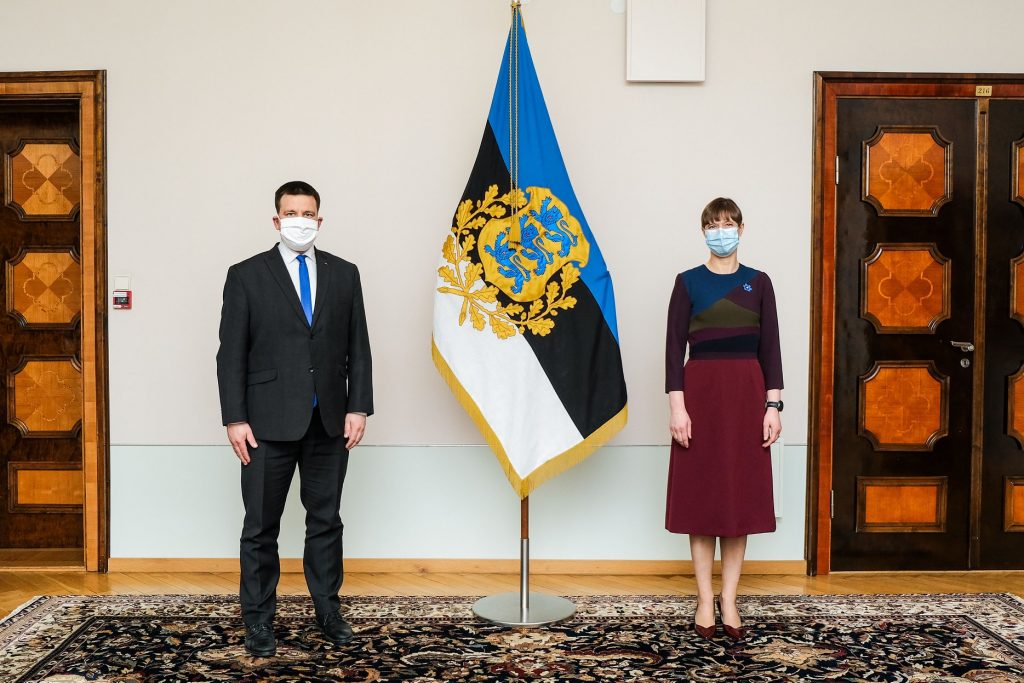
20 April 2020 – Estonia to give WHO an additional USD100,000
Estonia is giving the World Health Organisation an additional USD100,000 to help it fight the coronavirus crisis in developing countries. The Estonian foreign minister, Urmas Reinsalu, told the public broadcasting that the additional money is not meant for financing the WHO’s everyday expenses, and Estonia hasn’t discussed whether it should add additional funds to the WHO’s coffers due to the US decision to stop its payments to the organisation.
20 April 2020 – Over 13,000 people have filed for unemployment since 13 March
According to the director of the Estonian Unemployment Insurance Fund, Meelis Paavel, the unemployment rate in Estonia is 7.2% – a little over 40,000 people have filed for unemployment. Since 13 March, 13,000 people have applied for unemployment benefits; around 4,000 people have gained employment. Most of the people who have filed for benefits worked in the retail, customer service and construction sectors.
20 April 2020 – US oil price drops to $-40.32 per barrel
A key American oil benchmark, West Texas Intermediate, fell colossally today as global oil markets continue to grapple with a pandemic-driven collapse in demand. At the start of 2020, a barrel of WTI cost around $60. Shortly after 1:40 PM ET on Monday, a barrel was trading for less than $2 – the lowest price the WTI futures market had ever seen. A few minutes later, news agencies started to report that the WTI has dropped to one cent per barrel – yes, that’s $0.01, its lowest level on record. It took a few more minutes of massive selloff and the lowest barrel price the market saw today was $-40.32, the lowest ever since commodities started trading. Brent, an international benchmark, is in the mid-$20s and fell more than 6% today.

20 April 2020 – A Tallinn homeless shelter has 17 infected clients
A homeless shelter in Tallinn on Alasi Street has 17 clients and one employee infected with the coronavirus; the shelter has to stay in quarantine at least for another two weeks. Altogether, 30 clients are currently at the shelter. According to the city authorities, none of the people who tested positive are displaying symptoms.
20 April 2020 – More than 700 people were warned by the police over the weekend
Over the last weekend, the police had to give a warning to more than 700 people who weren’t adhering to the social distancing rules. The most serious violation happened in Lääne County where around ten youngsters had gathered at a bus stop and the situation graduated to the youths attacking the police officers. Over a hundred people received a written injunction; the police started 60 misdemeanour investigations.
20 April 2020 – Over 160,000 people around the world have died of the virus
Almost 2.4 million people have been reported to be infected by the coronavirus globally and 164,918 have died, according to a Reuters tally. Infections have been reported in 214 countries and territories since the first cases were identified in China in December 2019 – 168 of those have reported fatalities. The five countries with most reported cases are the United States, Spain, Italy, France and Germany.
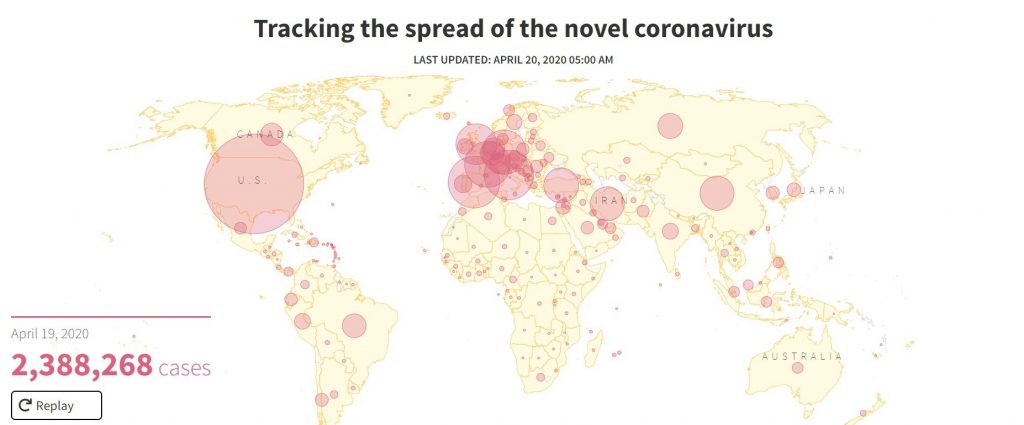
20 April 2020 – Ben Jones: Estonian birthing restrictions have expecting parents fighting new fears
Ben Jones, an Australian expat living in Kuressaare, Saaremaa, writes that forcing mothers to give birth alone due to the safety measures instituted by the coronavirus crisis is clashing with basic human instincts.

20 April 2020 – Saaremaa borough president to resign amid the coronavirus crisis
Madis Kallas, Saaremaa borough president, has announced he’s taking political responsibility and is resigning in May to restore the calm in the borough government. Saaremaa is Estonia’s hardest-hit place by the novel coronavirus. “I’m not looking for the guilty and don’t want to accuse anyone,” Kallas said, according to Postimees. “All decisions made by different people were made based on what we knew at the time. By the information we had, the borough government formed its position,” he said about allowing mass events to go forward in the beginning of March. “Looking back at it today we can see that the information we had was erroneous. As the borough president, I couldn’t evaluate the situation critically enough. Therefore, it’s right that I resign as the borough president.”
20 April 2020 – Tens of thousands of people have been left without medical care
During the coronavirus pandemic, tens of thousands of people have been left without their medical care that was either previously planned and/or had nothing to do with the virus. Eesti Päevaleht reports (in Estonian, behind a paywall) that in March alone, 10,000 people less than in March 2019 went to their scheduled doctor’s appointment, had tests or surgery. When the scheduled care returns to normal, the doctors say all queues will be longer and the chronic patients who haven’t been taken care of, may start piling up at emergency rooms. That, on the other hand, is more expensive than scheduled care.

20 April 2020 – The infection multiplier shows a decline in the epidemic
Estonia’s infection multiplier – the number showing how many people one infected person gives the virus to – has been below one for a few weeks and that shows that the epidemic is slowly, but surely declining, the Estonian Public Broadcasting says. When this number is over one, the epidemic is on the rise. If it’s below one, it’s on the decline. When the disease reached Estonia, the infection multiplier was, according to assessments, almost 2.5. After that, it started to decline, but still was above one. By 6 April, the multiplier had dropped below one, which means the backbone of the epidemic was broken. By now, the multiplier has stood around 0.81 for a week.
20 April 2020 – Police: during school holidays, go somewhere where there aren’t many people
This week is bringing the spring school holiday to the Estonian children and the police are suggesting people take their families somewhere where there aren’t many people. “It seems to be a nice weather and both youngsters and adults want to go out. Usually the children and parents vacation together during school holidays. Our message to parents is, take this week for resting and if you go anywhere, go as a family somewhere where there aren’t many people,” police officer Nurmely Mitrahovich told Delfi, emphasising that families should find such activities together. “If the kids are going to roam in towns, there’s a much bigger chance they will be infected, or they will infect others.”

19 April 2020 – Many restrictions will remain even after the emergency situation
According to the Estonian social minister, Tanel Kiik, many restrictions will remain in effect even after the emergency situation ends, and extending the emergency situation will be decided in the coming week. “Many of the restrictions and rules will remain in effect longer than the emergency situation,” Kiik told Delfi. “They will probably be in effect for months – for example, the restrictions on public events, the hygiene rules, disinfecting demands.”
19 April 2020 – One tenth of the infected are school children
According to the Estonian Health Board, 10% of the diagnosed coronavirus patients are school children, which means all families should adhere to the isolation rules, especially now that the school holidays are starting. “10 per cent of the infected are school children, which means they can carry the virus forward,” Ester Öpik, the Health Board’s chief of the northern region, said.
18 April 2020 – e-Governance Academy: digital services can save people’s health and possibly their lives
The Estonia-based consultancy organisation, the e-Governance Academy, has helped deliver e-services in Benin and Ukraine; the academy says the current coronavirus pandemic shows that digital services can save people’s health and possibly their lives.
18 April 2020 – The Estonian National Opera streams “Wallenberg” opera by Erkki-Sven Tüür for free
Continuing its online streaming tradition during the coronavirus crisis, the Estonian National Opera will, for a third Saturday in a row, make a historical performance available for everyone for free, by showing Erkki-Sven Tüür’s “Wallenberg” on opera’s Facebook page.

18 April 2020 – Almost two-thirds of Estonian residents are staying home most of the time
According to a recent survey, conducted by Turu-uuringute AS, a market research company, 62% of Estonian residents are staying home and going out only under exceptional circumstances, while 28% are moving around outside as normal. Sixty per cent of Estonian residents support the current measures, taken to stop the spread of the coronavirus, while 27% would support stricter measures and 11% of the population would support lighter measures.
17 April 2020 – A University of Tartu dorm turns out to be a coronavirus pocket
Six students of the University of Tartu who live in a dorm on Raatuse Street have tested positive for the novel coronavirus and the Health Board has closed the building for third parties and is starting to test the residents on the same floor. According to Postimees, on 9 April there was a birthday gathering of students in the dorm where 14 people participated. Many of these people have now developed coronavirus symptoms.
The Estonian government has now put the dorm in a complete lockdown. All the residents must remain at their apartments until they have received the results of their COVID-19 test and until all the people who have been in close contact with the infected persons have been identified, and the test results have been returned. Students who have tested positive for the virus, must remain in self-isolation until recovery. People who have been in close contact with the infected persons and who have tested negative for COVID-19, will nevertheless need to stay at their apartments in the dorm for two weeks and monitor their health status – however, they will have an opportunity to go outside for fresh air, the government said. Estonian police will monitor the observance of these restrictions.
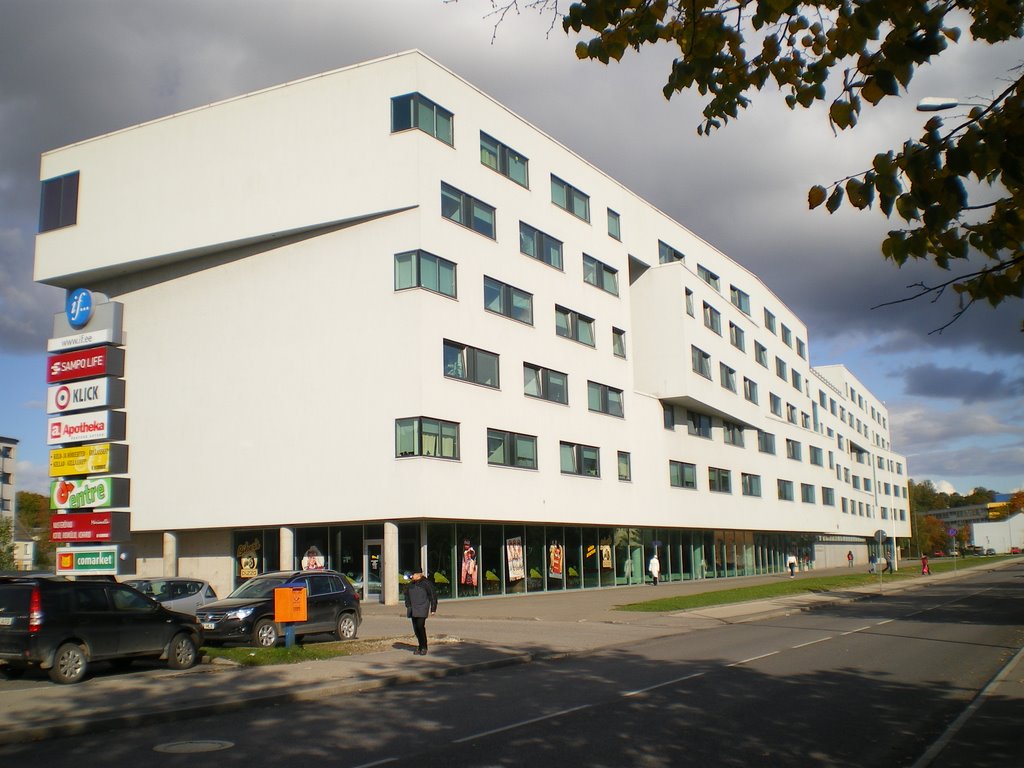
17 April 2020 – Conscripts to be sent into reserve earlier than planned
The commander of the Estonian Defence Forces, Martin Herem, has ordered the conscripts who entered service in 2019 into reserve on or around 15 May, earlier than their service was scheduled to end. The conscripts will be sent into reserve by units and phases when they have accomplished all their training goals. Around 2,600 conscripts who started their service in 2019 will be sent into reserve; the 460 who started their service in the beginning of 2020 will remain active.
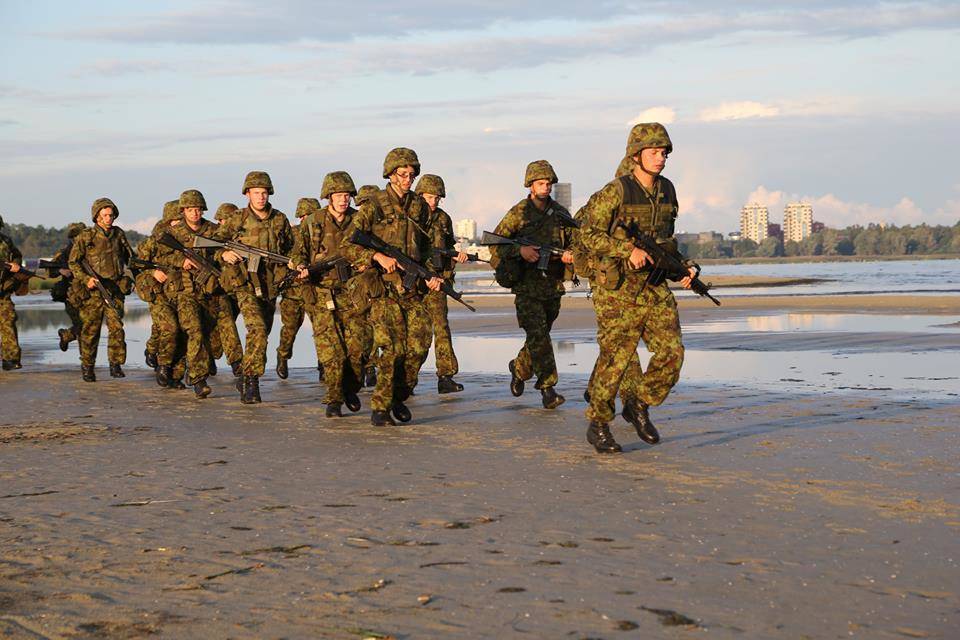
17 April 2020 – Estonia to support Italy and Spain with money and masks
Estonia will allocate €100,000 to both Italy and Spain via the International Red Cross to control the spread of the coronavirus, the Estonian government announced on Thursday. Estonia will also send 30,000 face masks and 2,000 units of disinfectant manufactured by the local producer, Nordic Group, to both countries.

16 April 2020 – Ministers on the exit strategy: we’re not going to experiment
The Estonian foreign minister, Urmas Reinsalu, said today at the government’s press briefing that when talking about the strategy to exit the emergency situation, then “we’re not going to experiment”, and the strategy must be based on a comparative analysis with other countries. “We need to have a decision based on evidence about what’s going to happen when we ease each restriction. The opening of the borders is the most challenging issue. I think that a more painful issue would be recovering from a new wave of the disease.”
The finance minister, Martin Helme, added that when talking about the exit strategy, it’s important that we don’t fall into the trap of our own success. “If we look at how it’s gone here in comparison with other European countries, then we’re still in the growth trend,” he said. “The growth isn’t going straight up, but it’s still a growth. We have a good speed of testing, but we have to increase capability. If we relieve the restrictions too early, this all might turn. We don’t want dark scenarios. We have to come from the position that until something isn’t allowed, it’s not allowed.”
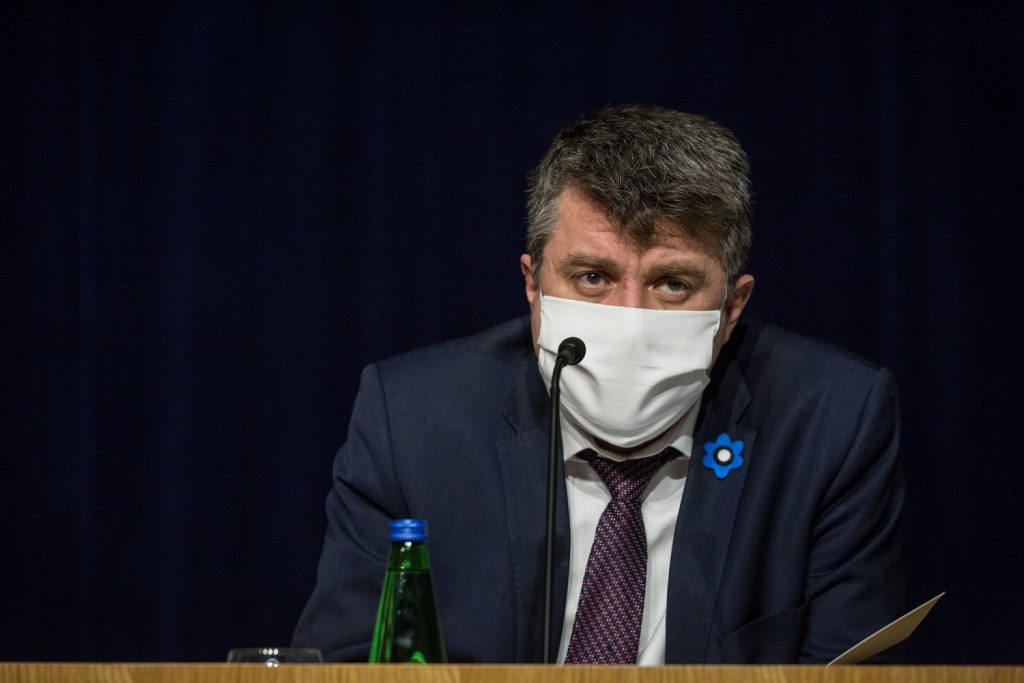
16 April 2020 – Tallink asks the government for a €150 million loan
The Estonian shipping company, Tallink, has asked the government for a €150 million liquidity loan. The government has already allocated €300 million to support the state-owned or strategically important companies.
16 April 2020 – Free DJ night for Kuressaare Hospital
Stuart Garlick, a Tallinn-based British expat, will hold a free online DJ night on Friday, 17 April, to raise awareness and donations for Kuressaare Hospital in Saaremaa, the Estonian island particularly hard hit by the ongoing coronavirus crisis. “I’m holding a live listening party to cheer everyone up, and to do something for an Estonian hospital that needs help. Tickets are free, but I would ask anyone who wants to join the party to make a voluntary donation to Kuressaare Hospital,” Garlick said.
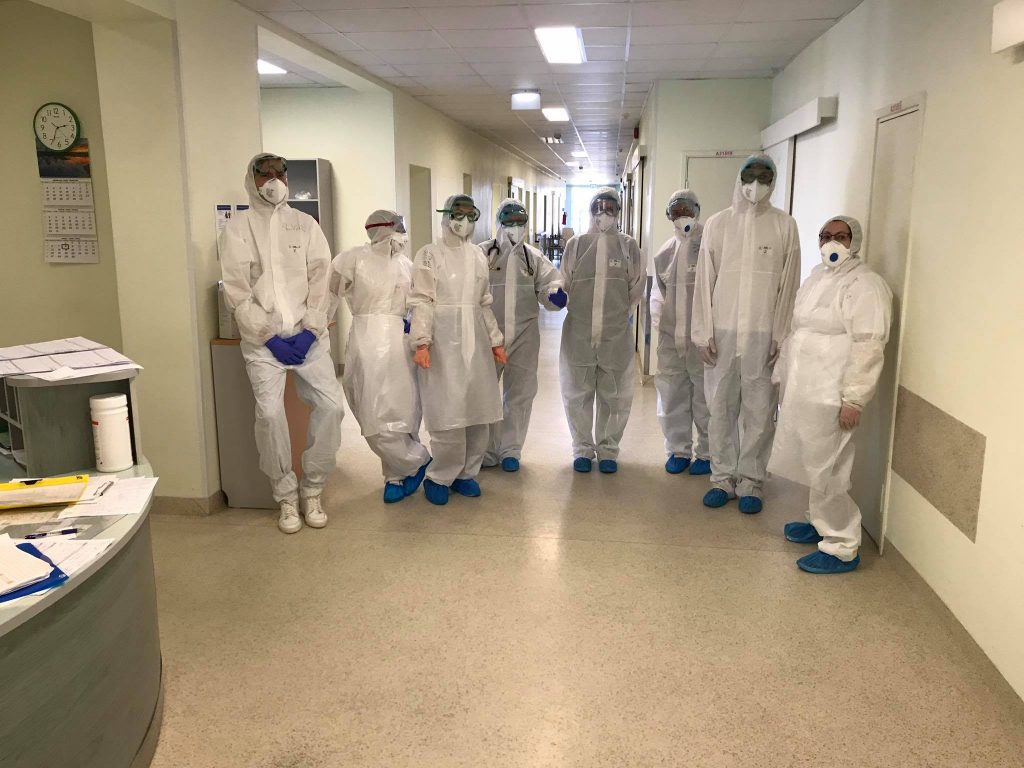
16 April 2020 – WP: US State Department cables warned of safety issues at Wuhan lab studying bat coronaviruses in 2018
Two years before the novel coronavirus pandemic upended the world, US’ Beijing embassy officials visited a Chinese research facility in the city of Wuhan several times and sent two official warnings back to Washington about inadequate safety at the lab, which was conducting risky studies on coronaviruses from bats. The cables have fuelled discussions inside the US government about whether this or another Wuhan lab was the source of the virus – even though conclusive proof has yet to emerge, The Washington Post writes.
While the WP said there was no conclusive proof, according to the sources of Fox News, the novel coronavirus did originate in a Wuhan laboratory, but not as a bioweapon as some have suspected, but as part of China’s effort to demonstrate that its efforts to identify and combat viruses are equal to or greater than the capabilities of the United States.
16 April 2020 – Estonian companies in a unique position to transact with the US market after the crisis
James Samuel York, the director of US business and innovation at Enterprise Estonia, writes that “when Estonia emerges strongly from this crisis after the virus has passed, Estonian companies will be in a new and unique position to both support and transact with the US market, leveraging the principles of geographic arbitrage to help assure US companies of supply chain continuity in an unsure world, in addition to the usual values of cost-competitiveness and innovation.”

15 April 2020 – Estonia joins the statement on journalists’ safety and access to information during the coronavirus crisis
Estonia has joined the list of countries that have signed a joint statement by the Group of Friends on the Safety of Journalists at UNESCO, the United Nations in New York and Geneva, and the OSCE, that calls for ensuring the journalists’ safety and access to information during the novel coronavirus crisis.
15 April 2020 – Open letter: the Chinese Communist Party’s rule by fear endangers Chinese citizens – and the world
More than one hundred China experts and senior political figures, including an Estonian MP, Yoko Alender, and Marcus Kolga, an Estonian Canadian journalist and a former president of the Estonian Central Council in Canada, have signed an open letter describing the Chinese Communist Party (CCP) government’s cover up of COVID-19 as “China’s Chernobyl moment”.

15 April 2020 – Ferry connection between Germany and Estonia to end on Saturday
According to the Estonian foreign ministry, the last chance to travel from Sassnitz, Germany, to Paldiski, Estonia, is on Saturday. The ferry only transports people with vehicles and the priority is trucks carrying food and medicine. From 18 April onwards, people travelling by cars from elsewhere in Europe to Estonia can use the Kapellskär, Sweden to Paldiski ferry route.
15 April 2020 – BBC: Life on Estonia’s “corona island”
The BBC reports about the situation on the island of Saaremaa that is particularly affected by the coronavirus crisis in Estonia. “A European island off the coast of Estonia has been labelled by locals as ‘corona island’ after becoming the hotspot for the virus and being placed into strict quarantine,” the BBC said. “The first Covid-19 cases on the island of Saaremaa emerged a month ago after a sports event was held there with a team from Italy. Now health officials estimate that half of the island’s population have contracted the virus.”
15 April 2020 – Evelin Kallisaar from Spain: Caveman’s diary, week three. Locked up by the virus
Evelin Kallisaar, an Estonian expat living in Spain, describes her family’s new routine under the strict stay-at-home rules the government had instituted due to the rapid and deadly spread of the novel coronavirus.

15 April 2020 – A laid off Estonian woman wins €660,000
A Pärnu County woman who had been laid off from work during the coronavirus emergency situation won €659,116 playing lottery. The lady – and her husband, who picked the numbers – won the Eurojackpot 5+1 sum, meaning they had picked correctly five numbers plus the jackpot number. It was the fourth consecutive time the couple played the same numbers.
14 April 2020 – Over a hundred medical workers have diagnosed positive
As of today, 128 medical workers in Estonia have diagnosed positive for the novel coronavirus, the most at Kuressaare hospital – 81. Most of the infected are in the western region of the country – 99; in the north, 16 medical workers have been infected, in the east three and in the south 10. The infected include doctors from various hospitals, GPs, dentists, nurses, orderlies and other medical professionals.
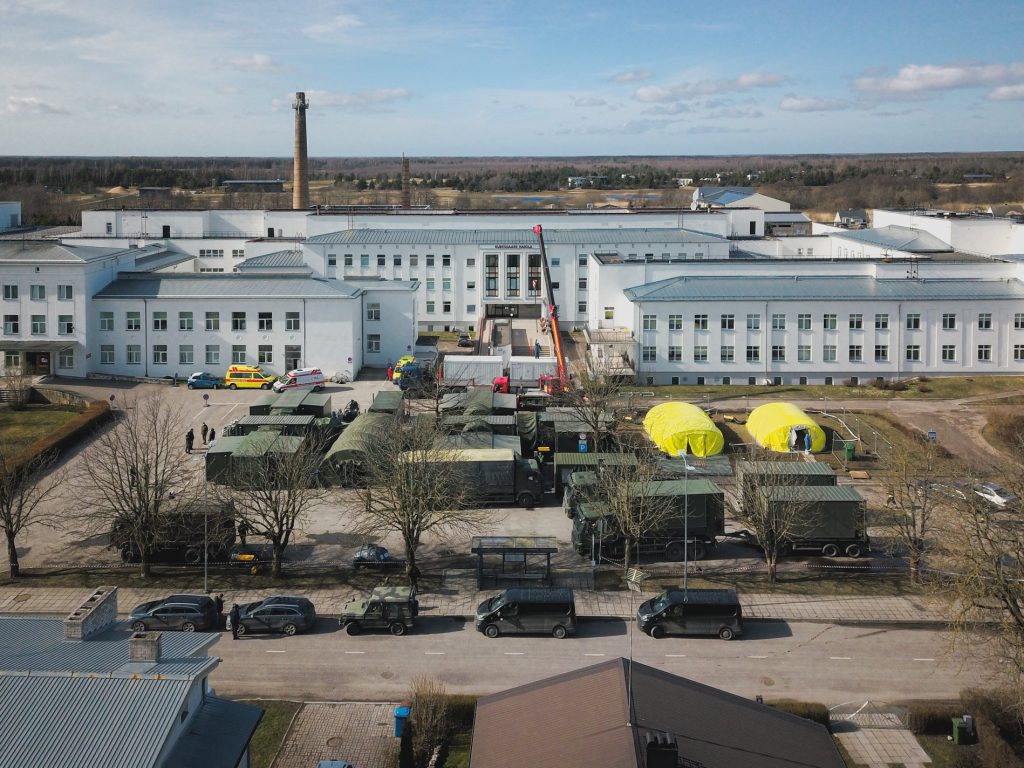
14 April 2020 – Popov: We may lose more people
Four more people died in the last 24 hours in Estonia, bringing the total death toll of the novel coronavirus in the country to 31. The Estonian government’s chief of emergency medicine, Dr Arkadi Popov said today that there is a potential for more bad news. “I can’t sadly say that there won’t be more victims. The disease hasn’t departed, and we have to be ready that people’s condition worsens and we’ll lose more people due to this disease,” he said.
14 April 2020 – Police officer: Youngsters understand, it’s the adults who we worry about
According to a youth police officer at the western Harju County district, Sille Roosimaa, the Estonian youngsters are generally reasonable and they understand the ongoing emergency situation. “There are violations, but mainly because of carelessness and not malice,” she told the news portal, Delfi. “In the emergency situation, we worry more about adults who are much more defiant. Yes, there are many who are role models and adhere to the roles, but as a police officer, I encounter these who don’t obey the rules and see the restrictions from a personal standpoint. They don’t care that the rules are for everyone equally and personal motives are, according to some adults, a reason enough not to obey.”
14 April 2020 – Scientists: We need to start preparing for the next viral outbreak now
Two renowned scientists warn in an opinion article in The Conversation that there will be more such epidemics as the ongoing coronavirus outbreak and that preparations for the next one should start now. David E. Bloom, a professor of economics and demography, and Daniel Cadarette, a research assistant, both from Harvard University, say that given the tremendous costs associated with epidemics, it’s vital that we begin working to prevent the next outbreak, even as the world struggles to fight COVID-19.
“It was predictable that the outbreak would emanate from contact between humans and animals – and that bats may have been involved. It was predictable that its epicentre would be in a densely populated urban area and that it spread rapidly via international air travel. And it was even predictable that an unknown pathogen would be just as likely to spring an epidemic as a known one,” the scientists say. “The predictability of the current situation reflects the inevitability of outbreaks and epidemics. “We may not be able to say with certainty where and when they will occur – or what the causative pathogen will be – but we know that another is always lurking.”
14 April 2020 – Minister: Estonia has enough PPE to donate them to Italy and Spain
The Estonian minister of public administration, Jaak Aab says the country has enough personal protective equipment and can therefore donate masks to other countries. The government has accordingly decided to donate 25,000 surgical masks and 5,000 FFP protective masks to Italy and Spain. “We don’t have problems with either masks, even the nursing homes have enough,” the minister said.
14 April 2020 – IMF: We’re facing the worst recession since the Great Depression
The International Monetary Fund is warning that the global growth in 2020 is going to fall to -3%, which is a downgrade of 6.3 percentage points from its prediction in January 2020. “This makes the Great Lockdown the worst recession since the Great Depression, and far worse than the Global Financial Crisis,” the IMF says. “Assuming the pandemic fades in the second half of 2020 and that policy actions taken around the world are effective in preventing widespread firm bankruptcies, extended job losses, and system-wide financial strains, we project global growth in 2021 to rebound to 5.8 percent.” The cumulative loss to global GDP over 2020 and 2021 from the pandemic crisis could be around USD9 trillion, greater than the economies of Japan and Germany, combined.
14 April 2020 – Estonian initiative brought together 12,000 hackers from 98 countries to tackle the coronavirus crisis
Instead of searching for Easter eggs, more than 12,000 hackers from 98 countries came together over the Easter weekend for 48 hours to search for solutions to tackle the ongoing coronavirus crisis, Katharina Sowa, a German expat living in Tallinn, Estonia, writes.

14 April 2020 – The virus is already mutating
Scientists have isolated a coronavirus strain in India that carried a mutation that could upend the development of a working vaccine around the globe. A study, conducted by Australian and Taiwanese scientists, said the change occurred in part of the spike protein that allows the virus to bind certain human cells. The structure targets cells containing an enzyme found in the lungs that allows the severe acute respiratory syndrome virus to infect people. Scientists know more about this receptor than any other and they have been working on antibodies that target it, but an unexpected structural change could render them useless.
14 April 2020 – FM: The economy will decline by 10%
The Estonian finance ministry is predicting the economy will decline by 10%, compared with the current state budget’s basis scenario. Last autumn, the scenario predicted a 2.3-per cent growth that was already adjusted to an 8% decline. The perspective economic decline will also mean less tax income which will affect all levels of the government sector. The ministry is predicting the state’s income will decline from €11.8 billion to €10.2 billion. According to the director of the Estonian Institute of Economic Research, Marje Josing, it is extremely difficult to predict any changes in the economy.
14 April 2020 – Doctor: stay home to avoid the Italian or Spanish scenario
Doctor Anna Kryshevskaya, the chief of emergency medicine at the North Estonia Medical Centre, is calling on everyone to stay home to avoid the scenarios similar to Italy and Spain were thousands of people have died due to the novel coronavirus.
“We have a lot of staff who are over 60 years old. It’s very dangerous for them, but they’re still working, they don’t take sick days. All of our staff is mobilised to the maximum,” Kryshevskaya said in the hospital’s commercial. “We’re hoping that we’ll manage. And we’re hoping that we don’t get such a horrid wave like in Italy and Spain. On my way home yesterday, I saw that the streets were full of people. It shouldn’t be like that. I would gladly stay home, but I can’t. And I’m asking everyone – please stay home!”
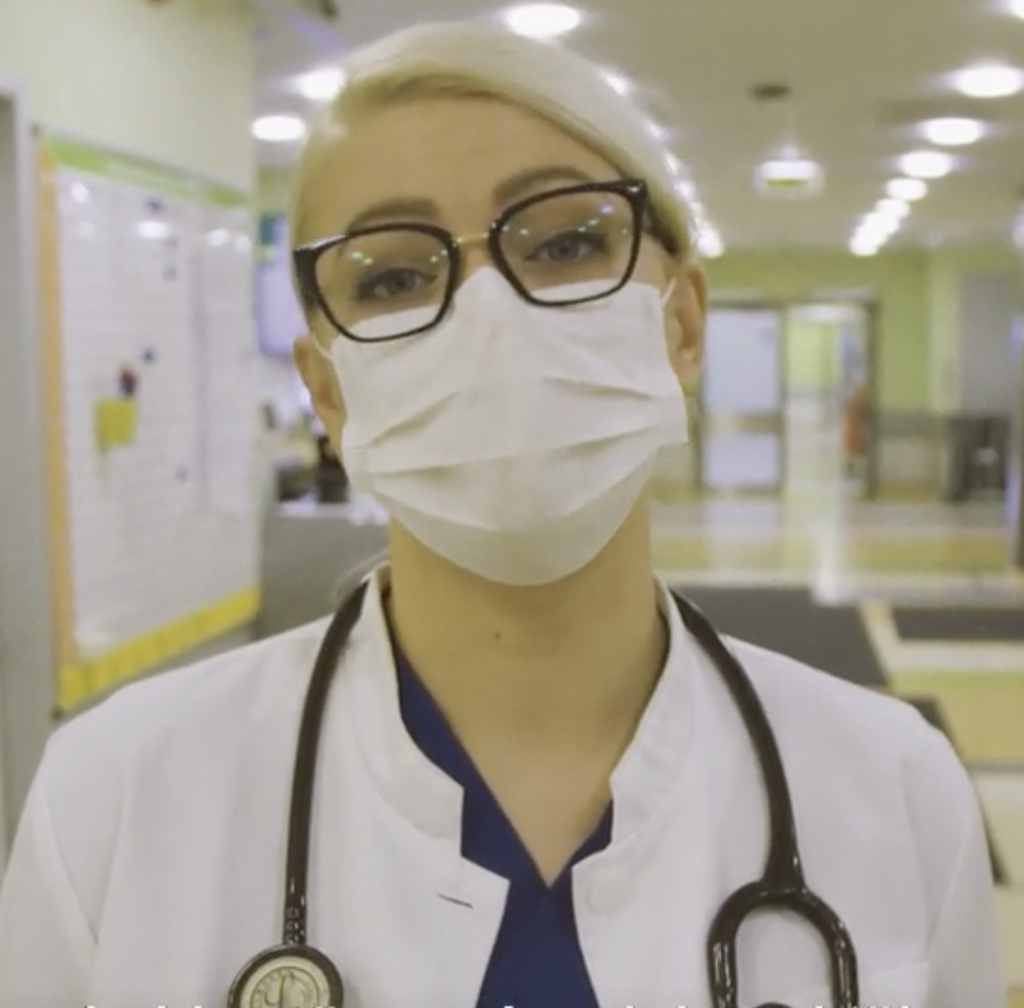
13 April 2020 – Arvo Pärt: The coronavirus has shown us in a painful way that humanity is a single organism
The Estonian composer, Arvo Pärt, gave a rare interview to the Spanish newspaper, ABC, in which the maestro said the coronavirus had showed us in a painful way that humanity is a single organism and human existence is possible only in relation to other living beings.

13 April 2020 – Taxi driver: youngsters are still having crowded parties
According to a Tartu taxi driver who gave an interview to the local newspaper, Tartu Postimees, the town’s youngsters are still having crowded parties, even though the government has instituted strong social-distancing rules. “Youngsters are having grandiose parties. I see what’s happening because they order cigarettes and booze to their parties and I deliver them,” the cabbie told the newspaper. “I’ve seen parties with a hundred people. They’re outrageously breaking the rules and cancels everyone else’s efforts.” According to the taxi driver, these parties usually happen in rental apartments, but also at manors, guest houses and elsewhere.
13 April 2020 – Three people died over the last twenty-four hours
Three more people died of the virus within last twenty-four hours: a 59-year-old man in Ida-Viru Central Hospital in Kohtla-Järve, a 75-year-old woman in Kuressaare Hospital and an 85-year-old woman in the Saaremaa nursing home, Südamekodu. Twenty-eight people have died of the virus in Estonia, the youngest was a 53-year-old care worker in Saaremaa.
13 April 2020 – Dr Popov: it’s too early to rejoice
Dr Arkadi Popov, the Estonian government’s chief of emergency medicine, said the previous day’s test results – 899 tests, of which only five, or 0.6%, were positive – were optimistic, but it’s too early to rejoice as similar or more positive trends must continue for a week. “We’re continuously monitoring the situation as it’s a holiday and we don’t have a full picture on what’s going to happen in the beginning of the week when the GPs start working again. I think it’s too early to predict anything,” he said.

13 April 2020 – Health Board’s crisis manager: Estonia has probably managed to avoid explosive contagion
Ragnar Vaiknemets, the crisis manager at the Estonian Health Board, told the main news programme of the Estonian Public Broadcasting that Estonia has probably managed to avoid explosive contagion of the novel coronavirus as new cases emerge mainly from a wider and more targeted testing. “We’ve managed to avoid the darkest of scenarios where the axis takes a direct upward curve. But it’s too early to rejoice; I wouldn’t celebrate a victory as the axis is still trending upwards, even though it’s slower than we feared,” he said.
13 April 2020 – Andrea Bocelli performs from the empty Milan cathedral
The world-famous tenor, Andrea Bocelli, on Sunday night performed from the empty cathedral of Milan. The concert was called, “Music for Hope” and everyone can watch and listen to it from Bocelli’s YouTube channel – and right here.
12 April 2020 – Ministers: the emergency situation will be extended
The Estonian interior minister, Mart Helme, and his son, the finance minister, Martin Helme, said in a radio programme today that the emergency situation imposed on the country due to the novel coronavirus crisis will not end at the end of April, but will be extended at least by two weeks. “We’re giving a clear signal: we’re not ending the emergency situation by 30 April. … We have to keep up these measures,” Martin Helme said. Mart Helme added that it would be a huge relief if the government could end the emergency situation, but if it’s done prematurely, there’s a threat of another contagion. “And then we’d be in quarantine for the entire summer. And the autumn, too.”
12 April 2020 – What will you do tomorrow?
Renee Meriste, an Estonian expat living in Los Angeles, is asking the humankind, what will we do tomorrow, when the coronavirus crisis is over – will we carry on as usual, endlessly consuming and polluting, or shall we change our ways?

12 April 2020 – Over half of the Estonian population reports a noticeable loss of income due to the coronavirus crisis
According to a survey, conducted by Turu-uuringute AS, a market research company, 58% of the Estonian population reports a noticeable loss of income due to the situation caused by the coronavirus. The impact is felt more by those of other nationalities (69%), the 35-49 age group (67%) and residents of Võru County. At the same time, 54% of the population support the emergency measures in place, while support for stricter measures is at 37%. Only 7% of the population would like to see lighter measures.
12 April 2020 – Tallinn Old Town is unusually empty, but few are out and about
Tallinn Old Town, usually heaving with both locals and tourists, is almost deserted. However, on Saturday, some cafes in the Old Town Square kept their doors open and about 20 people, mostly youngsters, were basking in the spring sunlight (photos by Silver Tambur).
12 April 2020 – Estonian company ready to manufacture a coronavirus vaccine
The Estonian company, Icosagen, says it’s ready to manufacture a coronavirus vaccine the minute they’ve received all necessary permits. Its CEO, Mart Ustav, said in an interview with the municipal newspaper of Tallinn, Pealinn (The Capital), that this means a lot of tests and bureaucracy. “One thing is to develop the vaccine – which is done – another is to go through all the tests that assure of its suitability as a vaccine.” The company can’t say when they’ll start manufacturing; they assume maybe in the beginning of 2021.

12 April 2020 – Study: virus particles can travel four metres (13 feet)
According to a Chinese study, conducted in two hospital wards in Wuhan, the coronavirus particles can travel four metres (13 feet) from the infected patients – twice the distance many governments recommend as a safe distance. The study examined surface and air samples from an ICU and found that “virus-laden aerosols” were detected up to four metres downstream from the infected patients. The World Health Organisation recommends people stay at least one metre (three feet) from someone who is sneezing, although most health authorities recommend six feet or two metres.
12 April 2020 – WHO: Lifting restrictions too soon could lead to a “deadly resurgence”
The director-general of the World Health Organisation, Dr Tedros Adhanom Ghebreyesus, said that the coronavirus appears to be slowing in some of the hardest-hit countries in Europe – like Spain, Italy, Germany and France – however, lifting stay-at-home orders too soon could lead to a “deadly resurgence”. The “WHO wants to see restrictions lifted as much as anyone. At the same time, lifting restrictions too quickly could lead to a deadly resurgence. The way down can be as dangerous as the way up if not managed properly,” Tedros said.
Before social distancing restrictions can be lifted, Tedros said countries needed to consider whether the virus’ transmission is controlled, if sufficient medical services are available and if outbreak risks in special settings like long-term care facilities are minimised. Preventive measures must be in place in workplaces and schools and communities need to be fully aware during the transition, he added.
12 April 2020 – Scientist: A vaccine could be ready by the autumn
Sarah Gilbert, a vaccinology professor at Oxford University, has told the Times newspaper that the vaccine developed by her team could probably be ready by the autumn, “if everything goes perfectly”. Gilbert’s team will start human trials within two weeks. She said “nobody can promise it’s going to work”, but she was optimistic, saying she was 80 per cent confident of its success. The Oxford team is among dozens around the world who are trying to develop a vaccine for the novel coronavirus. Experts have said developing and distributing a vaccine would take 12-18 months.
12 April 2020 – US expert hopes for “normalcy” by November
Dr Anthony Fauci, the director of the American National Institute of Allergy and Infectious Diseases, and the country’s top health-care expert, said, “I would hope that by November, we would have things under such control that we can have a real degree of normalcy”. He added on an MSNBC programme that “that is my interest and my job as a public health person”.
11 April 2020 – Reminder: passenger traffic between Helsinki and Tallinn ends today
The Estonian foreign ministry reminds people that from tomorrow until 13 May, passenger ferry travel between Tallinn and Helsinki will be temporarily suspended; freight and transit trips via Finland to Estonia will continue. There are no changes to the right of entry into Finland – only Estonian citizens officially registered as residents in Finland, as well as providers of essential services, will be able to enter Finland. However, from Saturday, travel opportunities between Estonia and Finland will be very limited. The only option is to fly, and Finnair has confirmed it will fly between Tallinn and Helsinki according to demand.
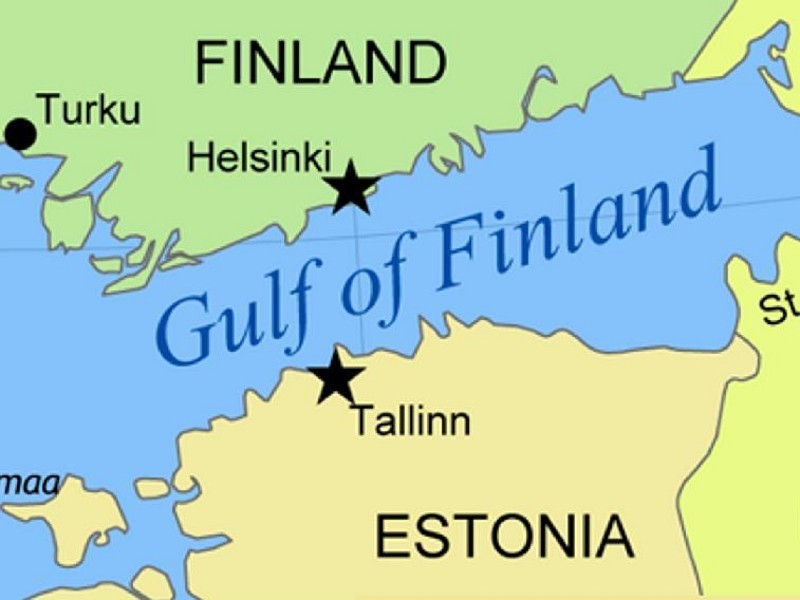
11 April 2020 – Apple and Google are building software that tracks the virus
Apple and Google are in a rare cooperation, building a software feature into iPhones and Android devices that would tell people if they were in recent contact with someone who was infected with the coronavirus. With the software, the infected people would notify an app that they have the virus, which would alert phones that had recently come into proximity with the infected person’s device. People – both the ones who were infected and the ones getting the alert – would have to opt in to the service voluntarily, should they want to. The software is expected to be released within a few months.
10 April 2020 – Over 100,000 people have now died globally
Over 100,000 people have now died of the novel coronavirus globally. More than 1.6 million confirmed cases of COVID-19 have been recorded, but the health authorities believe the actual number of infections is far higher. By today afternoon, the United States had by far the most coronavirus cases (475,749), while Spain (157,053) and Italy (147,577) rounded out the top three. Over 17,000 people have died in America, and New York state accounts for almost half of the country’s fatality tally – 7,844 people have died in the state.
10 April 2020 – 3D model shows how the virus remains in air longer than thought
Scientists in Finland have released a 3D model, showing how the novel coronavirus is transported through small airborne particles when a person coughs, sneezes or talks – and how the virus remains in the air longer than previously thought. The scientists modelled a scenario where a person coughs in an aisle between shelves, like, for example, in a grocery store.
They found the aerosol cloud spreads outside the immediate vicinity of the coughing person and dilute, but this can take up to several minutes. “Someone infected by the coronavirus can cough and walk away, but then leave behind extremely small aerosol particles carrying the coronavirus,” Ville Vuorinen, an assistant professor at Aalto University, said. “These particles could then end up in the respiratory tract of others in the vicinity.”
10 April 2020 – The virus may “reactivate” in recovered patients, examples from Korea show
About 51 patients who were declared recovered from the novel coronavirus in South Korea have tested positive again, raising questions whether we actually develop immunity to the virus after being infected. However, the director-general of the Korean Centres for Disease Control and Prevention, Jeong Eun-kyeong, says the virus may have “reactivated” in these patients, rather than being infected again. “While we are putting more weight on reactivation as the possible cause, we are conducting a comprehensive study on this,” Jeong told Bloomberg. “There have been many cases when a patient during treatment will test negative one day and positive another.”
9 April 2020 – Drug maker donates Trump’s favourite drug with questionable effect
Drug manufacturer Teva Baltics is donating 2,400 pills of the malaria drug, hydroxychloroquine, to Estonia, which is to be used to treat the novel coronavirus patients. This drug is also one that US president Donald Trump has repeatedly advocated for, despite warnings from his own health officials that there is little data to support its widespread use as a treatment against the virus.
Hydroxychloroquine is a drug that has been for decades used to treat malaria, rheumatoid arthritis and lupus. There have been some studies with cultured cells that have found the drug could block the coronavirus from invading cells, but drugs that conquer viruses in test tubes don’t always work in the human body. Moreover, studies have found hydroxychloroquine has failed to prevent or treat the flu or other viruses.
9 April 2020 – Estonia to start mass antibody tests, first in Saaremaa
The Estonian foreign minister, Urmas Reinsalu, today said on Facebook that the government had decided to arrange mass testing for the novel coronavirus and the first county to participate will be the island of Saaremaa. “Based on these results we’ll initiate mass testing with research in the entire country. It’s a necessary step to contain the spread of the virus and return to normal life,” Reinsalu said.
The minister of social affairs, Tanel Kiik, added, according to Postimees, that the government is first looking at testing for the antibodies; however, the tests to be initiated in Saaremaa will be chosen by the social ministry, the Health Board and the COVID-19 science council. “The testing will be voluntary. The difference is that we’re talking about antibody tests, so that the person doesn’t need to have the symptoms when testing,” Kiik noted. The antibody test will show whether the person has already had the disease.
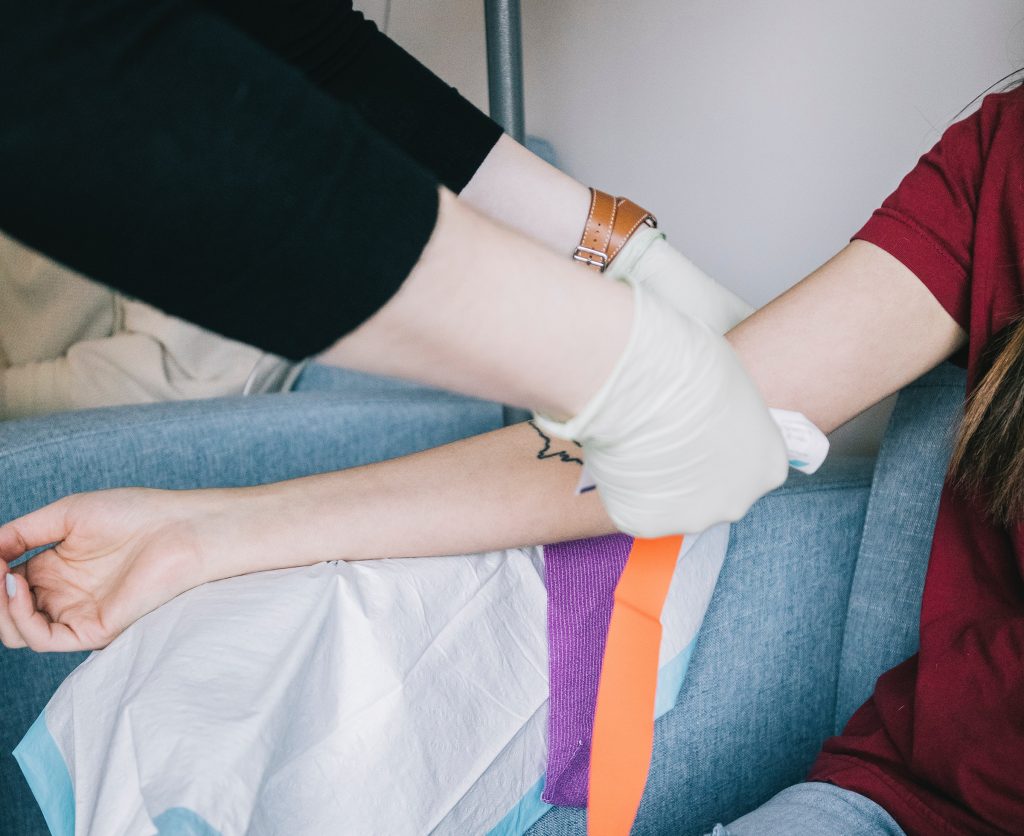
9 April 2020 – Tallinn uses drones to inform people out and about
The Tallinn city government has started using drones in parks, beaches, bogs and other popular sports and walking grounds to “inform people about proper behaviour”. According to the deputy mayor, Kalle Klandorf, the purpose of the drones is “certainly not violating people’s privacy”, but, above all, it is used as an “aid measure” in combating the spread of the coronavirus. “Drones are equipped with speakers which allow us to give out the message about the current situation and 2+2 requirement in three languages – Estonian, Russian and English,” Klandorf said in a statement.
The drone surveillance is carried out by the Tallinn Municipal Police Board in cooperation with the USS Security, a private company.

9 April 2020 – Study: a two-metre distance may not be enough
A study by the Belgian Leuven University and the Dutch Technical University of Eindhoven has concluded that the typical one-two-metre distance between people may not be enough when outside. “The typical social distancing rule which many countries apply between one-two metres seems effective when you are standing still inside or even outside with low wind. But when you go for a walk, run or bike ride you better be more careful. When someone during a run breathes, sneezes or coughs, those particles stay behind in the air. The person running behind you in the so-called slipstream goes through this cloud of droplets,” according to the study.
The scientists say that, for walking, the distance of people moving in the same direction in one line should be at least four to five metres; for running and slow biking, 10 metres; and for hard biking, at least 20 metres.
Even the former Estonian prime minister, the current MEP, Andrus Ansip has drawn attention to the study:
9 April 2020 – Why social distancing is important – the example of a Chicago “super-spreader”
A Chicago native has turned out to be the perfect example of why social distancing in the time of the novel coronavirus is extremely important. The person, already confirmed to be infected with the virus – now called a “super-spreader” – went to a family dinner, then a funeral and then to a birthday party. The person met with other people, shared hugs and kisses, and ended up spreading the virus to at least 15 other people, three of whom have since died. One of the people who died had even shared take-out food with the “super-spreader”.
The cluster of cases has now become the subject of a report, released by the Centers of Disease Control and Prevention, or the CDC for short. The report stresses the need for social distancing to stop the spread of the virus, even within families. It points to a series of gatherings that all occurred “before major social distancing policies were implemented”, each attended by a common patient who experienced only mild symptoms. “Super-spreading events have played a significant role in transmission of other recently emerged coronaviruses,” according to the report.
The patients in the cluster ranged in age from five to 86 years old. The three who died were all older than 60 and had at least one underlying cardiovascular or respiratory medical condition. The report is a stark reminder of how the coronavirus can quickly spread through innocent gatherings. Three people believed to have been infected by the “super-spreader” at the birthday party might have then passed the coronavirus on days later to another person at church, with the passing of an offering plate.
9 April 2020 – An Estonian small town has possibly the most expensive face masks in Europe
A store in the Estonian small town of Elva is selling a pack of 50 face masks for €129, which may very well be the highest price in Europe. Journalist Vambola Paavo is describing the experience in the local newspaper, Elva Uudised (Elva News): “We stepped into the Furniture and Tech store on Kesk Street. Its owner is COOP. We asked if we could get a pack of face masks and the store attendant said, ‘Of course’, and pointed to the shelf. We didn’t believe our eyes.”
“One pack cost €129 and had 50 masks. Market economy. When there’s demand and enough buyers, you can charge this outrageous price.” The store attendant told the journalist that on Tuesday, they sold two packs, on Wednesday they had no interest. The store also sold the masks by one unit, for €2.58 per. The journalist told another newspaper, Postimees, that in Italy, face masks have been sold for €60 per a box of 50, and Italy’s situation is far worse than Estonia’s in terms of the coronavirus contagion.
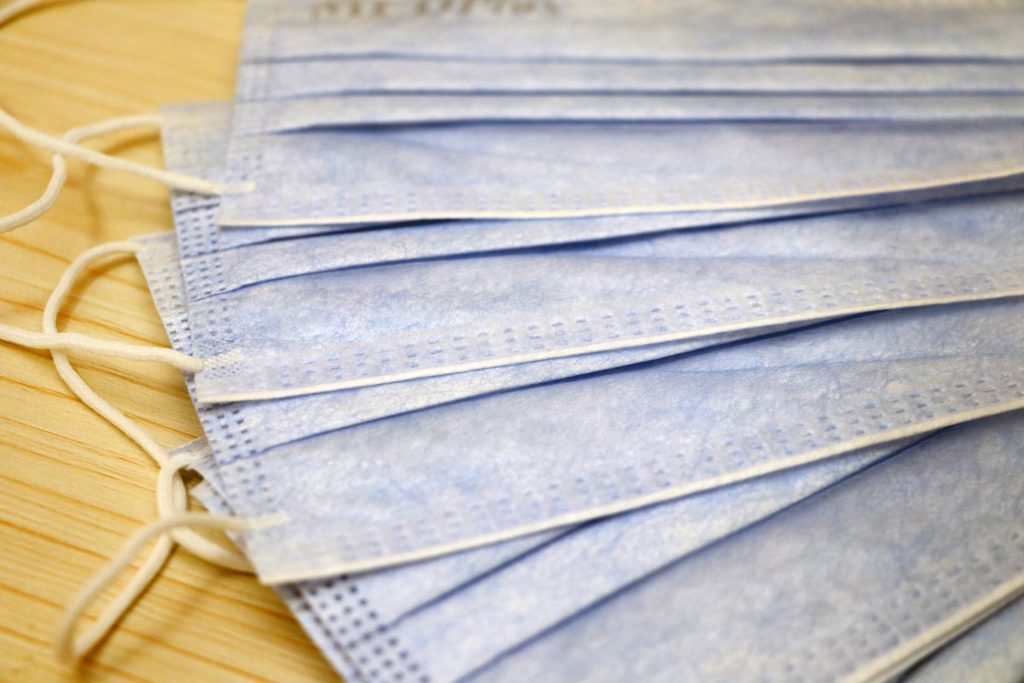
9 April 2020 – Estonian unicorn Bolt requests a loan from the state
The Estonian ridesharing company, Bolt, hard hit by the coronavirus crisis, has asked the Estonian government to step in to save the company. Its founders, Markus and Martin Villig, have sent a letter to the Estonian government, requesting a loan of €50 million – or a loan guarantee for the same amount – from the state for the company to survive. Kaimar Karu, Estonia’s minister for foreign trade and IT, said at a government’s press conference on 9 April that the cabinet will discuss “different options” and indicated that the government could acquire a stake in Bolt, as one of the options.

9 April 2020 – Estonia supports the world’s poorest countries to contain the coronavirus
Estonia is allocating €100,000 for containing the spread and lessen the consequences of the coronavirus in the world’s poorest countries.
9 April 2020 – Scientists: the virus may not fade in warm weather
Many are hoping that once the summer hits the Northern Hemisphere, the novel coronavirus will fade in hot weather like some viral diseases to. But the American National Academy of Sciences says in a public report sent to the White House that people shouldn’t get their hopes up. After reviewing a variety of research reports, the scientists concluded that the number of studies, of varying quality of evidence, simply do not offer a clear forecast of what will happen to the spread of the novel coronavirus in the summer and therefore, it may not diminish significantly. “Given that countries currently in ‘summer’ climates, such as Australia and Iran, are experiencing rapid virus spread, a decrease in cases with increases in humidity and temperature elsewhere should not be assumed.”
9 April 2020 – An Estonian initiative grows into a global community to tackle the coronavirus crisis
At the initiative of the Estonian startup community, over a million participants across the world are expected to attend an online hackathon, the Global Hack, from 9-12 April; the goal of the four-day tech marathon is to create solutions that help people stop the spread of the coronavirus and stimulate the economy.

9 April 2020 – An update from across the pond
Estonian World’s deputy editor-in-chief, Chicago-based Sten Hankewitz, is reporting from across the pond: “New York City lost a thousand people within the last 36 hours and, as of now, 4,260 people in the Big Apple have succumbed to the novel coronavirus. Over 80,000 people in the city have been infected. In the entire New York state, 779 people died in the 24 hours between yesterday and today. The state has lost 6,268 people to the virus, which is more than twice as many people as the state lost in the 11 September 2001 terrorist attacks. And New York state now has 151,061 people infected, which is by far the highest number compared with any country in the world.
“Looking closer to home, it has emerged that the Cook County Jail in Chicago, one of the largest in the country, has emerged as the largest-known source of US coronavirus infections. According to the New York Times, at least 353 cases can be linked to the jail – 238 inmates and 115 staff members have tested positive. In the entire state of Illinois, 15,078 people have been confirmed infected and 462 people have died. The authorities in the city of Chicago, meanwhile, have found another source of potential coronavirus contagion – liquor stores. The mayor, Lori Lightfoot, issued an order to close the city’s booze stores every day at 9PM from tomorrow onwards, because “far too many have been congregating at stores that sell alcohol, especially in the evening hour”, Lightfoot said.
“And people’s movement has been limited in the city once again, too. A 350-acre cemetery not far from where I live has been closed down and is accessible “by appointment only”. The cemetery was like a godsend to many people; it’s big enough for accommodate hundreds of walkers who more often than not don’t even see each other. Its roads are wide enough that even if someone does walk past you, you can safely pass them at a distance far longer than the recommended six feet. It’s the one place where people could still do long walks safely and completely obey the social distancing rules. But as of yesterday, either the operator of the cemetery, Dignity Memorial, or the owner of it, the City of Chicago, decided to close it entirely. Evidently, it’s much more reasonable to let people clog the streets and not abide by the social distancing rules than to let people walk in peace and quiet and keep their distance from everyone.”
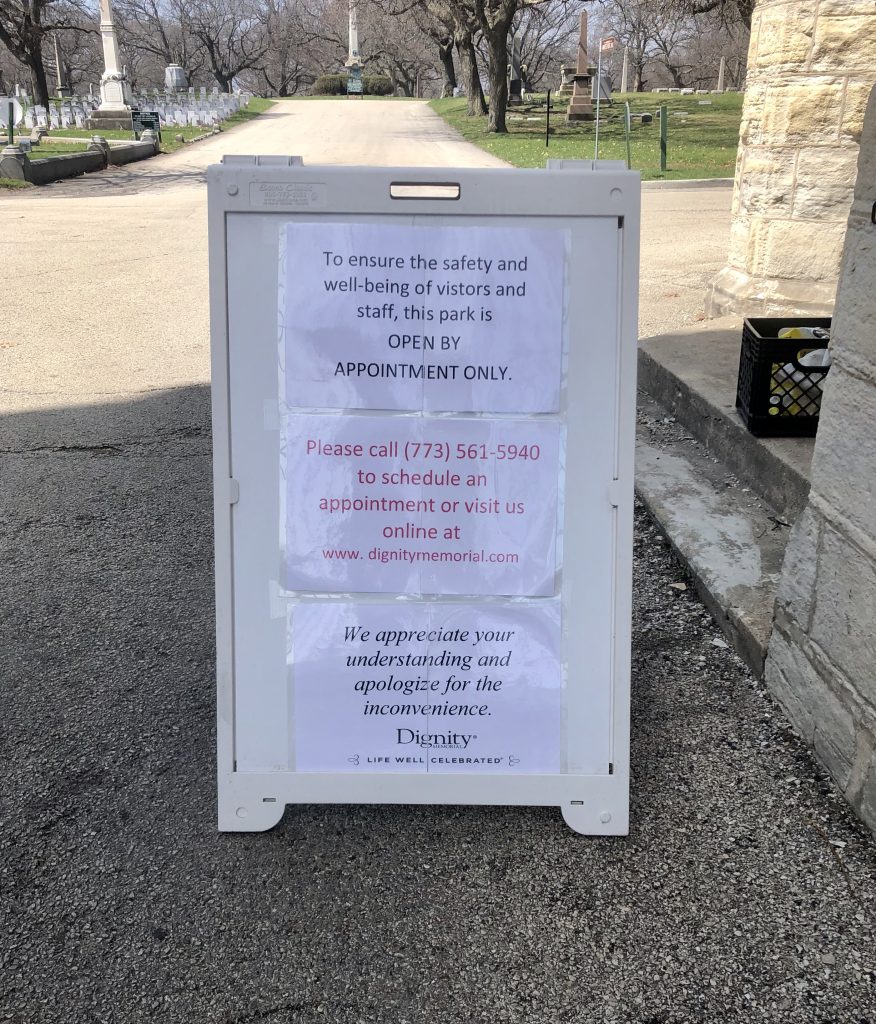
8 April 2020 – Over 60,000 people have died of the coronavirus in Europe
Over 60,000 people have died of the novel coronavirus in Europe – this means over 70 per cent of the global deaths have occurred in Europe. The most deaths in Europe have occurred in Italy where 17,669 people have succumbed to the virus; Spain follows with 14,673 people dead.
In many of the European countries, the death rate of the coronavirus patients lingers around 10% or even more, unlike elsewhere. In Italy, there are 139,422 confirmed cases and 17,669 deaths (12.67%); in Spain, 146,690 cases and 14,673 deaths (10%); in the UK, 61,474 cases and 7,110 deaths (11.57%); in the Netherlands, 20,678 cases and 2,255 deaths (10.9%). In comparison, the United States has 404,352 confirmed cases and 14,262 deaths (3.5%); Canada has 18,447 cases and 381 deaths (2%); and South Korea has 10,384 cases and only 200 deaths (1.92%)
One country in Europe stands out with a surprisingly low death rate – Germany with its 110,698 cases and 2,192 deaths (1.98%).
8 April 2020 – The Kremlin claims the Estonian purchase of protective gear was Russian humanitarian aid
The Kremlin’s propaganda media has claimed that the Estonian and Latvian joint purchase of protective gear from China was, instead, Russian humanitarian aid.

8 April 2020 – Estonian company offers its telemedicine platform to doctors worldwide for free
The Estonian telemedicine company, Viveo Health, has made its platform freely accessible to all doctors worldwide to fight the novel coronavirus and keep people safe as they communicate remotely. “This will enable many doctors, even the ones who are retired, to start working again and do it securely while staying physically away from their patients,” the company said in a statement. The platform also allows doctors to receive patient health concern offline, authenticate them and chat, call or have video conferences.
8 April 2020 – Doctor: the severity of the coronavirus depends on lung damage
The administrator of the COVID-19 department at the East Tallinn Central Hospital, Dr Alice Lill, said in an interview with Postimees that the severity of the novel coronavirus depends on how badly it affects the person’s lungs. “In a very severe case, the pneumonia will result in breathing difficulties,” she said, adding that younger people usually have milder symptoms and feel like they have a cold; however, they are still carriers of the virus and will infect others. “Some younger people can get seriously sick,” she noted. “Based on other countries’ statistics, younger patients may make up 30-40 per cent of all of those infected.
The doctor explained that only people who have severe symptoms – high fever, pneumonia and difficulty breathing – belong in the hospital. “A patient with a fever who feels sick and coughs, has muscle aches, doesn’t need to be hospitalised,” Lill said. “At the same time, when the person has been sick for days and turns worse – the fever comes back, has difficulty breathing – they should call an ambulance. Usually this happens on the seventh or eighth day of infection.” For home remedies, she suggested paracetamol to lower the fever, home rest, drinking lots of fluids and treat themselves the same way as with any other virus.
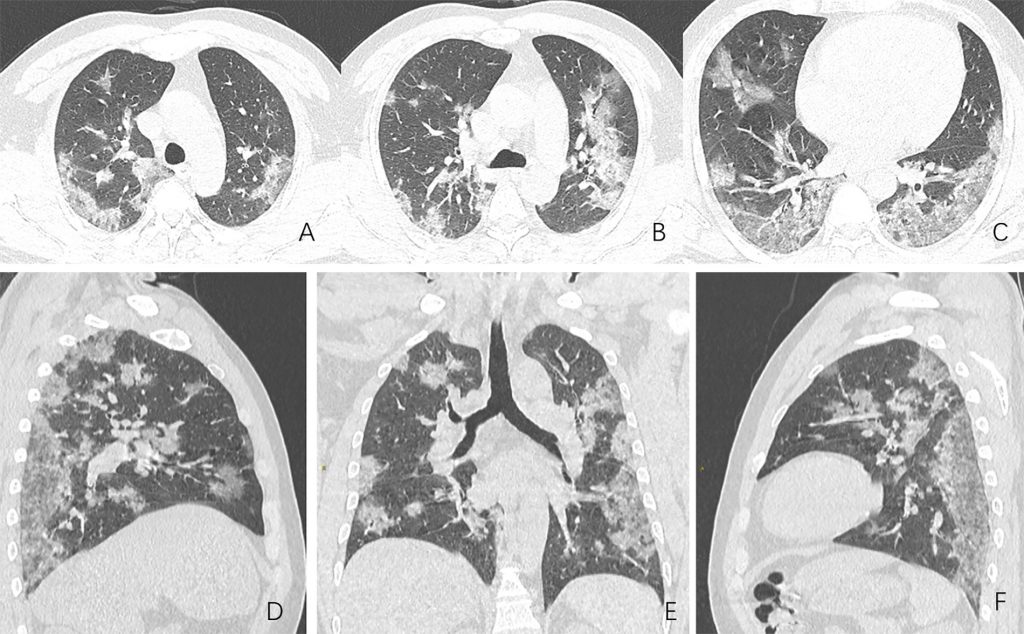
8 April 2020 – Estonian cyber security company offers a free cyber hygiene training course
Cyber threat intelligence community has seen a steep rise of COVID-19 pandemic-related cyber incidents, which unfortunately also involve first responders, hospitals and law enforcement agencies. The Estonian-based cyber security company, Cybexer Technologies, is now offering free cyber hygiene training.
8 April 2020 – Lufthansa: we’re losing €1 million per hour
Carsten Spohr, the CEO of Lufthansa, the second-largest airline in Europe in terms of passengers carried, is seeking state aid in Germany, Switzerland, Belgium and Austria as the coronavirus crisis has forced to ground almost all of its planes and the company fears it will persist longer than thought. Spohr said the company had a liquidity buffer of over €4 billion, but some of that was owed to customers that have paid for now-cancelled flights, and the airline was currently losing cash at a rate of €1 million per hour.
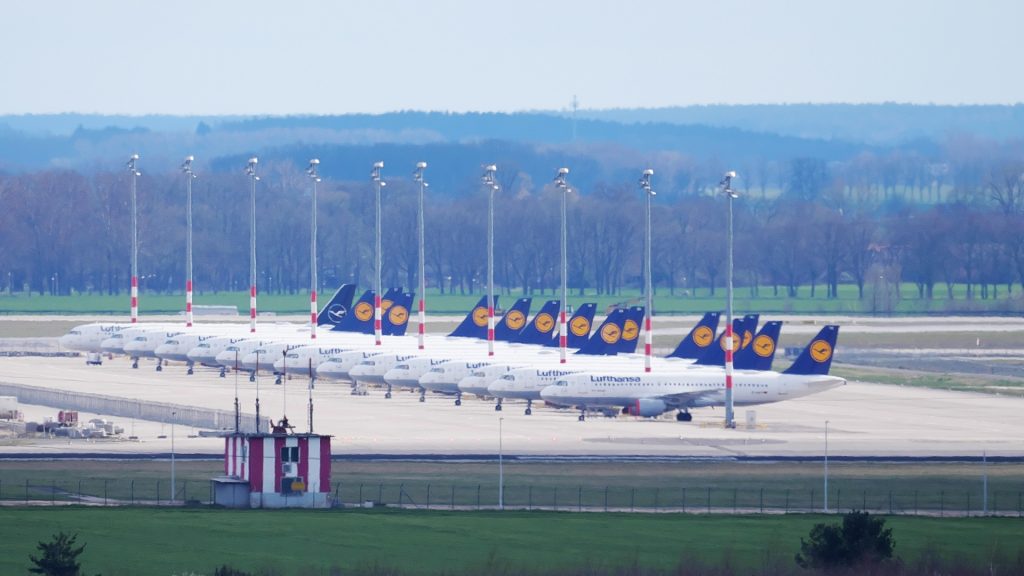
8 April 2020 – UN agency: 195 million will be jobless due to the crisis
The International Labour Organisation, a United Nations agency, is saying the coronavirus crisis is expected to wipe out 6.7 per cent of working hours globally in the second quarter of 2020 – equivalent to 195 million full-time workers. “Large reductions are foreseen in the Arab states (8.1 per cent, equivalent to five million full-time workers), Europe (7.8 per cent, or 12 million full-time workers) and Asia and the Pacific (7.2 per cent, 125 million full-time workers),” the agency predicts, adding that huge losses are expected across different income groups but especially in upper-middle income countries (7.0 per cent, 100 million full-time workers). This far exceeds the effects of the 2008-9 financial crisis.
8 April 2020 – Unions: hundreds of US flight attendants infected
According to labour unions, hundreds of American flight attendants have been infected with the novel coronavirus. The union representing the employees of American Airlines said about 100 flight attendants have been infected; another union, representing the workers of Southwest Airlines, says “at least 600” airline’s employees have tested positive for the virus. American Airlines hasn’t denied the numbers; Southwest, however, claimed the number to be inaccurate and that “far less” of its workers had tested positive. If these numbers are true, they can be comparable with all airlines around the world.

8 April 2020 – 2.5 million protective masks are now sold in pharmacies
One Sunday, three million surgical masks were transported to Estonia. Two and half million masks are now sold at the pharmacies across the country. The masks are not rationed, but pharmacies are recommended to sell no more than a box – or 50 masks – per purchase. According to the government, more masks will be imported to Estonia in “near future”, so there’s no need to panic buy. The masks sold in pharmacies are intended for individual use and have a protective effect, but to a lesser extent than special medical masks.
8 April 2020 – Some of the masks sold in Estonia are dust masks, and they’re overpriced
Some of the “surgical” face masks sold by Estonian pharmacies are actually dust masks which don’t help avoid the spread of the novel coronavirus. The country’s consumer protection authority compiled a review of the masks and said they didn’t qualify as surgical masks, which prompted the state to decline the masks as the frontline workers need actual surgical masks that work.
On top of that, some of the pharmacies are overcharging for the masks. The news portal, Delfi, writes that the recommended retail price of the masks is below €0.70 per mask, which would make a pack of 50 cost €35. Many pharmacies are selling the masks for the RRP; however, some have priced it considerably higher. At Kiili pharmacy, a pack of 50 costs, for example, €44; at pharmacy in Lasnamäe, the price is €45. The price of the three-layer surgical masks is even higher – according to Delfi, a pack of 50 of these costs around €75-85.
8 April 2020 – Three more people die of the coronavirus
Over the last twenty-four hours, three more people succumbed to the disease: a 92-year-old woman in West Tallinn Central Hospital, a 53-year-old woman and a 73-year-old man in Kuressaare Hospital. The 53-year-old woman was working as a caregiver at the Kuressaare Hospital, she is the first healthcare worker victim in Estonia, who has died of the virus.

8 April 2020 – Estonia’s real medical supply: one mass accident or a few days of the coronavirus
The Estonian weekly newspaper, Eesti Ekspress, published an investigative report yesterday (behind a paywall and in Estonian), saying the state’s protective gear ran out in the first week of the emergency situation instituted due to the novel coronavirus. “Classified risk assessments warned of the purchasing hardships due to a pandemic a long time ago, but the politicians, in the good times, lacked the interest in paying for the supplies to be stocked in warehouses.” The chief of the ambulance service of the town of Tartu, Ago Kõrgvee, told the newspaper: “I’m annoyed by the fact that we’re hearing at every step how our ministers are commending themselves on how ready they were [for the coronavirus epidemic]. In reality, the lack of protective gear is a huge threat to the entire nation.”
8 April 2020 – Scientists: If people abide by the rules, the current restrictions are sufficient
According to professors Irja Lutsar and Krista Fischer of the University of Tartu, the current trends in Estonia aren’t indicating the darkest scenario, but not the best either as the contagion trend is still rising. “It’s stable, but needs to be monitored every day. The number of the infected is still showing a growth trend; we’re testing well and, as of now, the hospitals are ready and have enough supplies. The current rules are sufficient, if people abide by them!” Lutsar said, according to news portal Delfi.
8 April 2020 – Estonia starts testing people randomly
Estonia is to start testing for the novel coronavirus based on a random formula to discover the more exact contagion of the virus. The testing is voluntary, and it’ll show whether the test subject is sick even when they don’t have any symptoms, the evening news of the public broadcasting said. A professor at the University of Tartu, Ruth Kalda said, that testing based on a random formula would provide information on how the virus has spread among the people.
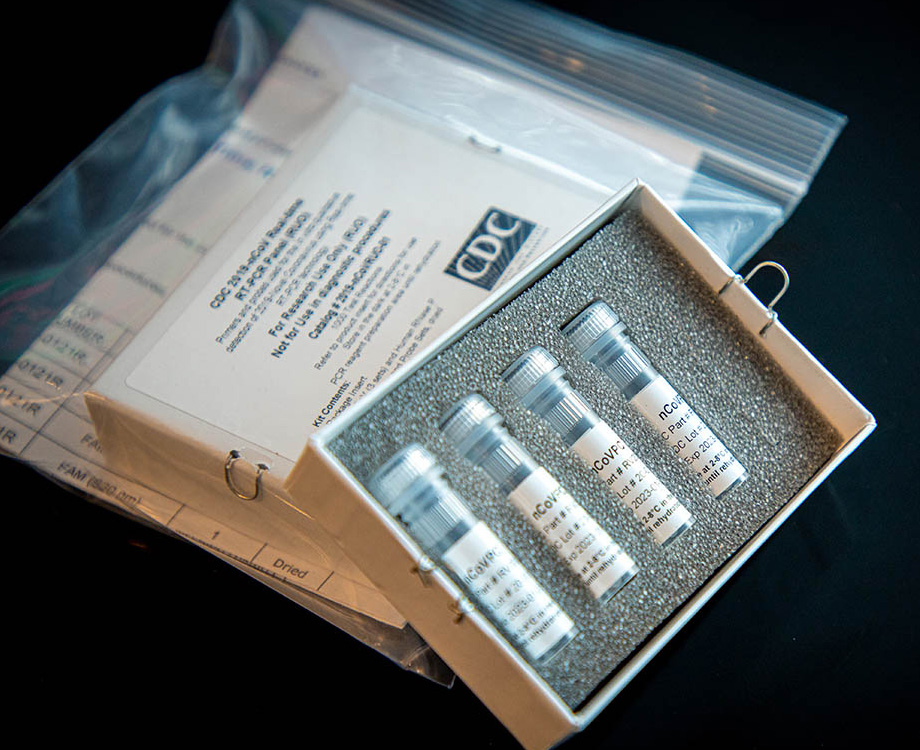
8 April 2020 – Elementary and high school finals may be cancelled
In case the emergency situation in Estonia is extended, schoolchildren may get their diplomas without passing their finals. According to a proposed amendment to a law, depending on the length of the emergency situation, the finals may be postponed or, in the case when the emergency situation is extended, let the elementary and high school students graduate without passing the finals.
7 April 2020 – Tiina Aleman Iannoti from NYC: strength in the face of adversity
Tiina Aleman Iannoti, a descendant of Estonians living in Jersey City, NJ, writes about the coronavirus crisis in New York City, describing the horror of refrigeration trucks outside the city hospitals for the bodies of those who have died from the novel coronavirus; but there has also been much kindness and generosity during this crisis.
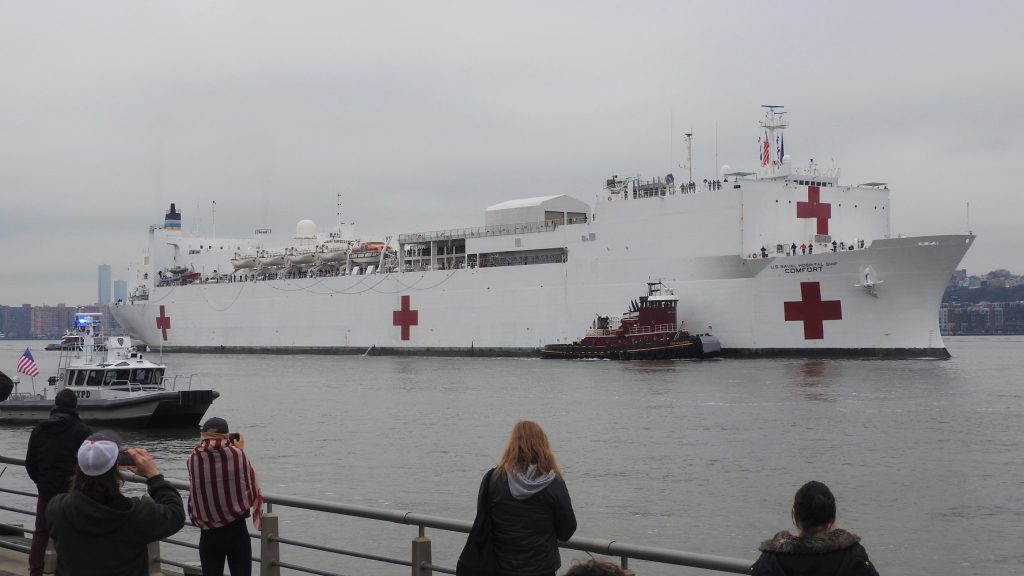
7 April 2020 – New York City has lost more people to coronavirus than the 9/11 death toll
New York City has now lost 3,202 people to the novel coronavirus, which is more than the entire death toll of the 11 September 2001 terrorist attacks, which killed 2,753 people in NYC and 2,977 overall when hijacked planes slammed into the World Trade Center twin towers, the Pentagon and a Pennsylvania field. The entire New York state has lost 5,489 people to the virus, which the last 24 hours seeing the largest one-day jump yet – 731 deaths. Over 72,000 people have been diagnosed with the virus in NYC and almost 132,000 in the entire state. In the United States, over 378,000 people have been diagnosed, close to 12,000 have succumbed to the virus.
7 April 2020 – The government is preparing an “exit strategy”
The Estonian government announced it is preparing an “exit plan” of the coronavirus crisis; the first draft of the plan will be published in mid-April. The exit strategy has four objectives:
- Ensuring the physical and mental health of people: slowing down the spread of the virus and mitigating its impact on the health care system both the short- and long-term perspective, as well as supporting the mental health of the population during and after the crisis.
- Ensuring the subsistence of people and the return to regular life: reducing the impact of the emergency restrictions on people’s daily subsistence. Among other things, declining incomes, unemployment, and education issues will be addressed.
- Supporting the survival of businesses and their continued competitiveness: reducing the impact of restrictions on the competitiveness of businesses and the economy.
- Ensuring the functioning of the state: ensuring the supply of vital goods, the provision of services, and compliance with the emergency restrictions as well as preventing the tensions in the society from erupting into conflicts.
7 April 2020 – Finland bans passenger ferry traffic from 11 April
Starting Saturday, 11 April, Finland is banning passenger ferry traffic into the country and therefore, Tallink, the Estonian shipping company, won’t let foot or car passengers board its ferries from Saturday onward. As of now, the ban will last until 13 May. Cargo traffic between the countries will continue and the ban does not affect truck drivers, the crews of the ferries and the workers of shipping yards. Tallink will continue with passenger traffic between Estonia and Sweden.

7 April 2020 – Study: Only 6% of actual coronavirus infections detected worldwide
A study by the University of Göttingen in Germany has revealed the official number of confirmed cases of coronavirus is dramatically understated. “Data shows, due to insufficient and delayed testing, countries throughout the world have only discovered about 6% of COVID-19 cases,” the university says. “The true number of infections worldwide may already have reached several tens of millions.”
7 April 2020 – The Health Board wants Hiiumaa to abide by the same rules as Saaremaa
The Estonian Health Board is recommending the island of Hiiumaa abide by the same stricter rules as the neighbouring island of Saaremaa where only certain stores can stay open and no restaurants may offer dine-in services. “This recommendation has been made to the ministry of social affairs and its reasoning is first and foremost that we need to take into the account the age structure of the population of Hiiumaa,” the Health Board’s chief of emergency medicine, Martin Kadai, said, adding that another consideration is the capability of Hiiumaa’s hospitals to manage patients with severe illness and most critical patients will have to be brought to the mainland.
The rules in Saaremaa currently are stricter than anywhere else in Estonia. Only grocery stores, pharmacies, telecom sales points, banks, parcel lockers, post offices, and medical and optical supply stores will remain open. All dine-in restaurants are closed, take-away and delivery will be operational. All plastic surgery, beauty services (barbers and hairdressers, manicure, pedicure, beauticians, tattoo parlours and tanning salons), massage parlours and rehabilitation services will have to close. The order also shuts down all libraries.
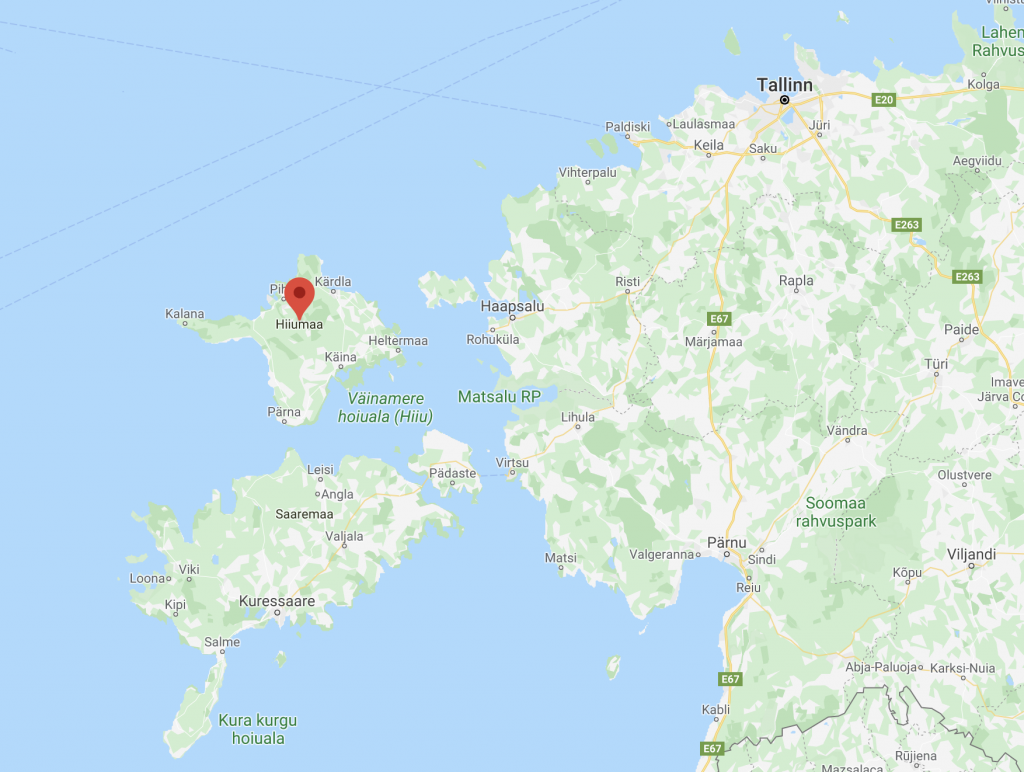
7 April 2020 – Expert: the virus may become a seasonal problem
Dr Anthony Fauci, the US government’s chief health-care expert and the director of the National Institute of Allergy and Infectious Diseases, has said that if the outbreak of the novel coronavirus does not get “globally under control,” it is likely to become a recurring problem. “Unless we get this globally under control, there’s a very good chance that it will assume a seasonal nature,” Fauci said on CBS, adding that people must be prepared for a resurgence next year, which is why officials fighting the pandemic are pushing for a vaccine and clinical trials for therapeutic interventions so that “we will have interventions that we did not have” when this started.

7 April 2020 – When is it safe to start reopening a country?
How will we know when to reopen a country? That’s the question many are asking around the world in the novel coronavirus pandemic. A recent report by Scott Gottlieb, Caitlin Rivers, Mark B. McClellan, Lauren Silvis and Crystal Watson, referenced today by the New York Times, has staked out some goal posts:
- Hospitals in the state must be able to safely treat all patients requiring hospitalisation, without resorting to crisis standards of care. This is the most immediate bar and the focus of most public health officials’ attention.
- A state needs to be able to test at least everyone who has symptoms.
- The state is able to conduct monitoring of confirmed cases and contacts.
- There must be a sustained reduction in cases for at least 14 days, because it can take up to two weeks for symptoms to emerge, any infections that have already happened can take that long to appear.
These four criteria are a baseline, according to the newspaper. Other experts think there needs to testing looks for antibodies in the blood that our bodies created to fight the infection. These tests can be much cheaper and faster than the ones we’re currently using to detect the virus in sick people. Testing for antibodies will tell us how many people in a community have already been infected, as opposed to currently infected, and may also provide information about future immunity.
7 April 2020 – China has ended its coronavirus lockdown
China, the country where the novel coronavirus originated from, has ended its lockdown and is now seeing massive crowds gathering in places like Huangshan mountain park that has waived its entry fee to locals, encouraging visitors to come hiking. According to the New York Daily News, more than 20,000 guests, who do not appear to be practicing social distancing, had packed the popular spot.
In addition, over 50 scenic destination spots were said to have been open for business in Eastern China’s Zhejiang Province during the weekend’s Qingming Festival. According to CNN, Hong Kong epidemiologist Yuen Kwok-yung warned local news outlets that China could see a second wave of coronavirus infections if tour groups don’t behave responsibly. “The epidemic is still serious in the society,” he said.
7 April 2020 – WHO: Wearing masks isn’t a silver bullet
The World Health Organisation is saying that wearing surgical masks in the public alone won’t solve the novel coronavirus pandemic. The director-general of WHO, Tedros Adhanom Ghebreyesus said yesterday, “There is no black or white answer and no silver bullet. Masks alone cannot stop the pandemic.” He also reiterated that medical masks “must be prioritised for health workers on the front lines of the response”. The general consensus among doctors and health-care experts is, wearing a surgical mask will not protect people from the virus; however, they may protect others from the person who is wearing one, should they be a carrier.
7 April 2020 – British PM Boris Johnson taken to intensive care
The prime minister of the United Kingdom, Boris Johnson, has been taken to intensive care with the coronavirus. The 55-year-old is having breathing difficulties and he was given oxygen, Sky News said, adding that Johnson remains conscious and has not been put on a ventilator. The move to the ICU was a precaution should he later need one, the news portal added. Johnson was hospitalised yesterday, 10 days after confirming he had contracted the novel coronavirus. The prime minister phoned foreign secretary Dominic Raab to ask him to deputise “where necessary”, a request made before Johnson was moved to intensive care. The Queen has been kept informed of the developments.
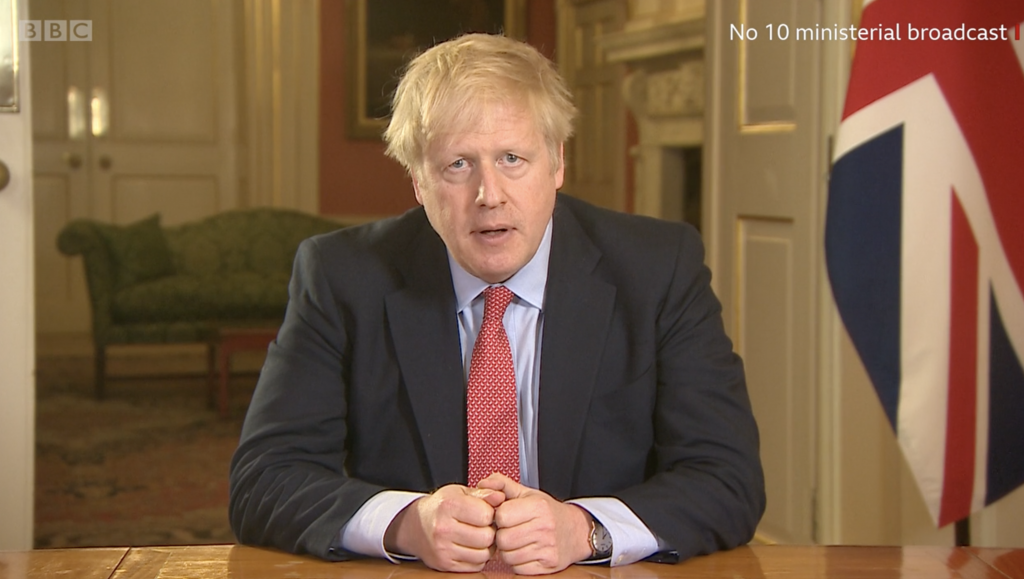
6 April 2020 – Report on the situation in Estonia for Radio New Zealand
Estonian World’s editor-in-chief, Silver Tambur, gave this report to Radio New Zealand on how Estonia is weathering this current global storm.
6 April 2020 – Support Estonian World
Since you’re here, we have a small favour to ask. Despite the harsh daily challenges we face as the independently run media outlet, Estonian World has managed to offer engaging content on a weekly basis since 2012 – but to carry on the work we started, we need your help.
Unlike many media outlets, we haven’t put up a paywall or distract readers with banner ads – we want to keep Estonian World open and free to read. Please consider helping us in our efforts. We’d be grateful for every level of support – here’s how you can support us.
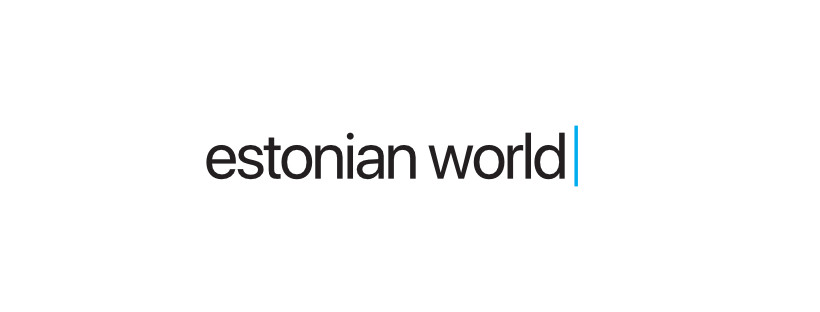
6 April 2020 – Estonian MEP: Taiwan should be admitted to the WHO
Urmas Paet, an Estonian liberal member of the European Parliament, said Estonia, as a member of the World Health Organisation, should also raise the issue that the WHO must not allow itself to be manipulated by China, and, considering the protection of public health, Taiwan should also be admitted to the WHO.
“Had the World Health Organisation heeded Taiwan’s warnings and shared them with the rest of the world, Europe would have been able to deal with the new virus earlier. However, the WHO wanted to please China and ignored Taiwan’s warnings. The global health crisis is not a place for political games and the WHO should finally understand this,” Paet wrote in the social media.
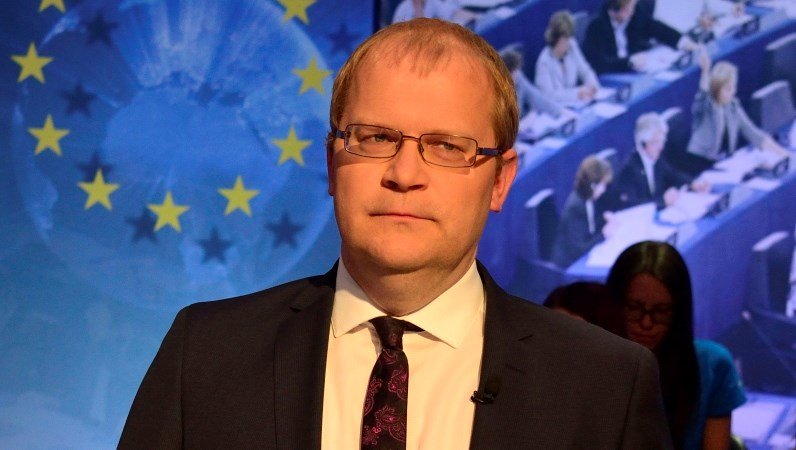
6 April 2020 – Four more people die of the coronavirus in Estonia
Over the last twenty-four hours, the virus claimed four more lives, all of them in Saaremaa island. A 60-year-old man, a 72-year-old man, a 78-year-old woman and an 86-year-old woman died in Kuressaare hospital. In total, 19 people have died of the coronavirus in Estonia.
6 April 2020 – Important contacts, websites and media outlets
Settle in Estonia, a free educational programme provided by the Estonian state which is intended to help the foreigners who have arrived in Estonia to adapt and become accustomed to local life more easily, published these information posters that highlight the important phone numbers and websites, including the Estonian English-language media outlets, during the crisis.
6 April 2020 – American Estonian organisations urge people to watch out for disinformation
The Estonian American National Council and the Estonian Central Council in Canada advise all Estonians living in North America and beyond, to follow the instructions of government health officials and experts with regards to the COVID-19 pandemic. “Disinformation about treatments for COVID-19 is being widely disseminated, possibly including in our Estonian communities, that could lead to serious health consequences and could put our communities at risk should these be thought as credible,” the organisations say in a joint statement that comes in the light of some Estonian expat outlets spreading false claims as if vitamin C could be a viable cure against the novel coronavirus.
6 April 2020 – PM: We all have to act as if we were contagious
The Estonian prime minister, Jüri Ratas, said last night in an address that everyone must act as if we were all contagious. He noted that he’s worried about every-day news about people who are hurting other people’s efforts. “No undertaking or a meeting is worth the disease to quietly infect others,” he said.
Ratas also said that there’s nothing shameful in wishing to spare one’s own and others’ health. “Wearing a face mask should be a social norm,” he asserted. “It doesn’t have to be a medical mask. The Consumer Protection Authority has published a guidance on how to make your own mask at home.” That guidance is currently available only in Estonian, however.
6 April 2020 – Queen Elizabeth offers a message of hope and unity
At the time when the Estonian leaders are either repeating the same mantras day in, day out, or trying to use the emergency situation to their political benefit, the Queen of the United Kingdom and the Commonwealth, Queen Elizabeth II, has offered a message of hope and unity in a public address. “Together we are tackling this disease and I want to reassure you that if we remain united and resolute, then we will overcome it,” the British monarch said.
“We should take comfort that while we may have more still to endure, better days will return: we will be with our friends again; we will be with our families again; we will meet again,” the queen noted. “The pride in who we are is not a part of our past, it defines our present and our future.” It was only the fifth address of its kind during her 68-year reign and it was also broadcast across the Commonwealth.
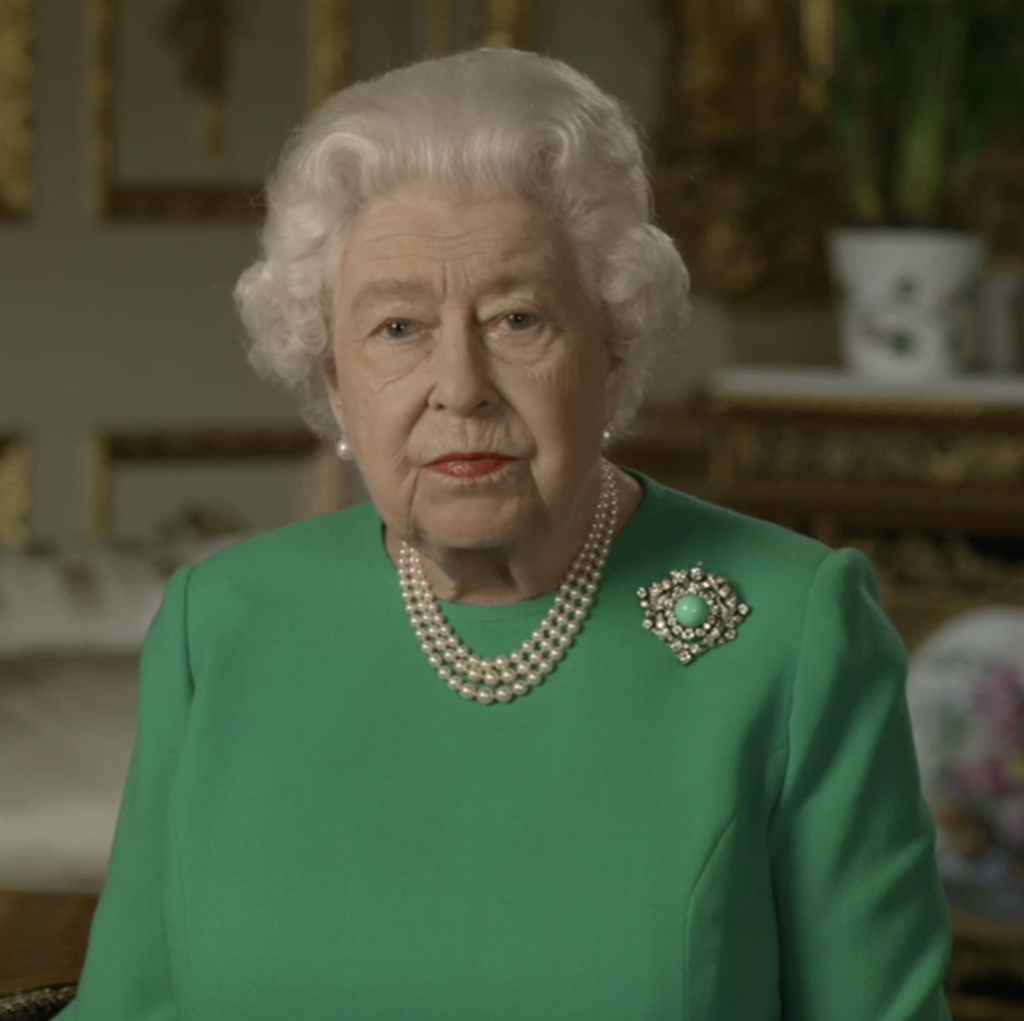
6 April 2020 – NYT: Finland doesn’t need to worry about masks
According to an article in the New York Times, Finland doesn’t need to worry about face masks as it’s sitting on an enviable supply of medical and survival gear, due to stockpiling them. “The stockpile, considered one of Europe’s best and built up over years, includes not only medical supplies, but also oil, grains, agricultural tools and raw materials to make ammunition,” the newspaper says, noting that Finland’s location and historical lessons have taught the nation of 5.5 million to prepare for the worst.
There is little publicly available information on the number of masks and other supplies that the country has or where exactly they are stored, as the information is classified, but the local authorities say that even though the masks are old, they’re still functioning. “But though details are kept a state secret, the authorities confirmed that the stockpiles are kept in a network of facilities spread across the country and that the current system has been in place since the 1950s. That has placed Finland in a more solid position to confront the pandemic,” according to the newspaper.
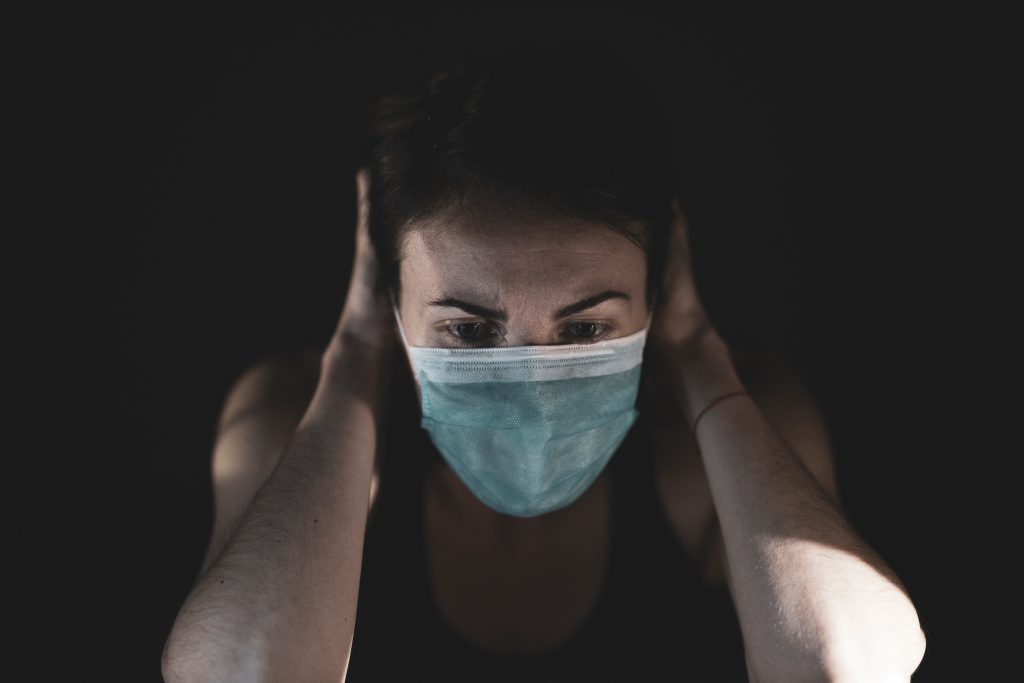
6 April 2020 – British PM hospitalised
The prime minister of the United Kingdom, Boris Johnson, has been hospitalised “for tests” 10 days after confirming he had contracted the novel coronavirus. The 55-year-old still has persistent symptoms and went to the hospital on the advice of his doctor, the prime minister’s office said. Dominic Raab, the country’s foreign secretary, will take over chairing the government’s regular crisis committee meeting today. By Sunday, 4,934 people had died in the UK; 48,440 people have been infected with the virus.
6 April 2020 – Seven tigers and lions at a New York zoo test positive for the virus
Seven tigers and lions at the Bronx Zoo, a zoo in New York City, have tested positive for the novel coronavirus – believed to be the first known infection of an animal in the US or a tiger anywhere. According to the Associated Press, the animals are believed to have been infected by a zoo employee. The first animal started showing symptoms on 27 March, and all are expected to recover.
There have been reports of a small number of pets becoming infected after close contact with contagious people, including a Hong Kong dog that tested positive for a low level of the pathogen in February and early March. Hong Kong agriculture authorities concluded that pet dogs and cats couldn’t pass the virus to human beings but could test positive if exposed by their owners.

5 April 2020 – Former president: We need to guarantee the survival of the nation
Estonia’s previous president, Toomas Hendrik Ilves, told a morning show on the Estonian Public Broadcasting that the first thing the state has to do is to guarantee the survival of the nation. “There is no big point in dealing with the economy when you’re dead. The generation older than me realised very clearly after the Second World War that the main thing is to survive. Everything else can be rebuilt. But if you lose your life, then there’s nothing else to do,” Ilves said, hoping that the country will, first and foremost, concentrate on the nation’s health.
Speaking of the coming financial crisis, he said that when solving the 2009-2010 crisis was a political decision where different countries acted differently, even though the possible solutions were quite clear, then this time we’re facing uncertainty. We don’t even know whether the novel coronavirus mutates. “If it mutates, how fast? Is it going to become a permanent disease which, like the flu, comes again every year and mutates in some form? Then the solution woul be that we’ll get a corona shot every year. Or is it like the measles that com once in your life and you have immunity forever? We don’t know that.”
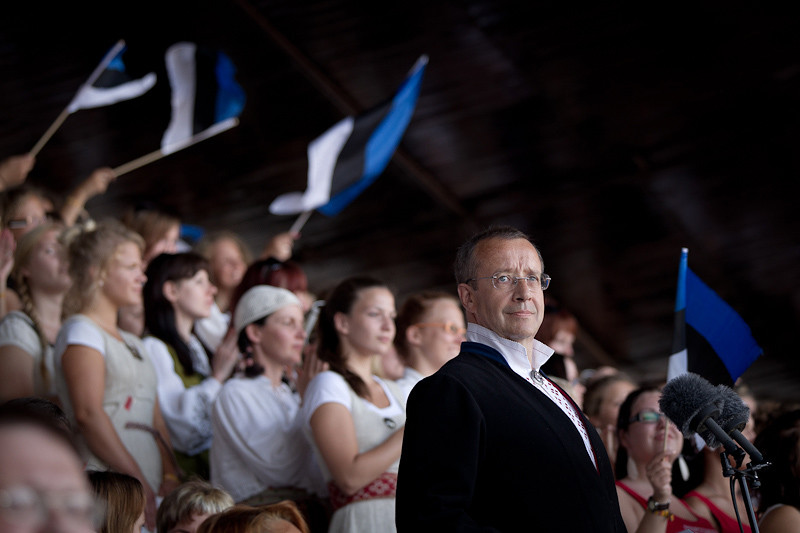
4 April 2020 – Minister: we have a critical supply of protective gear
Jaak Aab, the Estonian minister of public administration, said today that the country has a critical supply of personal protective gear and he hopes that during the next week, surgical masks will be available for sale in pharmacies. According to him, the government has signed a contract with a Chinese manufacturer to get enough supplies for a month; the first delivery will arrive “hopefully” on next Wednesday, Aab said. In addition, there have been six smaller acquisitions, from which all institutions in need should already have received their part. According to the minister, all institutions should have enough protective gear for a week.
4 April 2020 – Doctor: the actual number of the infected in Estonia may be around 10,000
According to an Estonian doctor, Margus Punab, the actual number of the people infected with the novel coronavirus in Estonia may be around 10,000. He wrote on social media that in the countries that are conducting mass tests – like the Vatican, San Marino and Andorra – there are around 7,000 cases for every million people. In actively testing countries – like Iceland, the Faroe Islands and Luxembour – around 3,700 cases for every million inhabitants.
“In my opinion, we’re at the same pace as Iceland – the contagion and its beginning are similar; however, our system is less capable and therefore we can assume that our contagion is about five to ten times higher than the confirmed cases,” the doctor said. “This fortunately means that there may be less critical cases than so far feared. At the same time, this means we have minimally 4,000 infected people; taking into account Saaremaa and not-so-properly tested Ida-Virumaa into account, I dare to say the number of the infected is around 10,000,” Punab said.
4 April 2020 – The Estonian National Opera starts streaming performances for free
The Estonian National Opera begins streaming performances; the first one, the opera, “Faust”, will be streamed on 4 April. Watching the performance online is free of charge and although it’s streamed via Facebook, the viewer does not need to have Facebook account.

4 April 2020 – EC proposes a €100 million rescue package, names it SURE
The European Commission has proposed a new temporary rescue package, worth up to €100 million, to help protect jobs and people in work. The “instrument”, as the EC calls it, is titled, “Support to mitigate Unemployment Risks in an Emergency” – or SURE for short. “It will provide financial assistance, in the form of loans granted on favourable terms from the EU to member states, of up to €100 billion in total. These loans will assist member states to address sudden increases in public expenditure to preserve employment,” the European Commission said.
“Specifically, these loans will help member states to cover the costs directly related to the creation or extension of national short-time work schemes, and other similar measures they have put in place for the self-employed as a response to the current coronavirus pandemic.”
What the EC neglected to do is to consult the instrument’s name with the member states. Because the word sure means “die!” in Estonian (it’s the imperative case of the word surema, “to die”).
3 April 2020 – Stores have to limit the number of customers; offer disinfectants
The Estonian prime minister, Jüri Ratas, signed an order today that, starting from tomorrow, forces all stores that are open to the public to calculate their areas and, according to it, limit the number of customers concurrently in the store so that everyone would follow the 2+2 rule – maximum two people in a group and two metres apart from other parties. The stores will also need to offer disinfectants to their customers. The rule applies to stores, post offices, pharmacies and service centres that have remained open during the emergency situations. They will also need to assure the people outside, waiting to be let in, are following the 2+2 rule.
3 April 2020 – Nursing home residents banned from leaving the premises
The Estonian prime minister, Jüri Ratas, signed an order according to which people receiving 24 hour special care service and a general care service are not allowed to leave the premises of the nursing home until the end of the emergency situation. Only people without symptoms may go home from a nursing home, understanding they cannot return to the nursing home until the end of the emergency situation.
Nursing homes must ensure that people infected with the novel coronavirus and other people who have been in close contact with the infected, will have to be isolated. Any contact with other people, except care providers and medical personnel, is prohibited.
3 April 2020 – The virus has been confirmed in 17 nursing homes
The novel coronavirus has been confirmed in 17 nursing homes all over Estonia, the Estonian daily, Postimees, reports. As all nursing homes are under testing, it’s possible the list will keep expanding. The ministry of social affairs told the newspaper that the contagion into nursing homes is inevitable, since if there are confirmed cases in a county, the virus will find its way into the county’s nursing homes.
3 April 2020 – PM: Let’s think our actions through and avoid close contacts
The Estonian prime minister, Jüri Ratas, said in a video address that in the coming weekend and the following weeks, everyone should think all their comings and goings and actions through and if possible, cancel them. “We have to undertake our essential chores so that the contacts with other people were as minimal as possible. This is for the simple reason that the coronavirus spreads from one person to another and the only way to avoid contagion is to avoid close contacts with other people,” Ratas said. He thanked the people for their suffering and sacrifice, and called upon everybody to take care of each other.

3 April 2020 – Three million surgical masks to arrive in Estonia on Sunday
Three million surgical masks are to arrive in Estonia on Sunday, two million of them will be sent to the pharmacies across the country for retail sale; some of them will be distributed by companies as charity. One million of the masks will go to the state who will distribute them to essential workers, including the police, the rescue workers, nursing homes and hospitals.
3 April 2020 – Google mobility report: Estonians go to parks more than usual
According to a mobility report by Google, compiled to help people and health officials understand responses to the social distancing guidance due to the coronavirus pandemic, Estonians are nowadays going to parks more than usual. The mobility trend for places like national parks, public beaches, marinas, dog parks, plazas and public gardens has shown a four per cent spike compared with the normal times; however, visiting retail and recreation facilities has dropped by 60%, and grocery stores and pharmacies have seen a 28% drop.
Transit stations have seen a 51% drop, and workplace attendance has dropped by 32 per cent, compared with the usual. However, residential attendance – basically, staying home – has only risen by 10 per cent. Google says its mobility report shouldn’t be used for medical diagnostic, prognostic or treatment purposes, and it also isn’t intended to be used for guidance on personal travel plans.
3 April 2020 – FM: 61 Estonians wish to return home
According to the Estonian foreign minister, Urmas Reinsalu, the ministry is aware of 61 people who are abroad and have informed the authorities about their wish to return home. “This doest mean there aren’t more of them who want to return,” Reinsalu said. “We just don’t know about everyone.” He assured that the Estonian borders will remain open for all Estonians, but a big part of the rest of the world is locked down, so people have to take that into the account.
“Many of the people who need transport home are in New Zealand, Georgia and Argentina. We have to consider that, for at least the next two months, the borders across the world will be shut down.” Reinsalu also noted that the state operates on a principle that people who wish to return will pay for their transport themselves. “When a person has real financial hardship, then local municipalities have helped. One lady who returned from an exotic country got financial aid from her municipality.”
3 April 2020 – EKRE MPs vote against parliament committee’s statement in support of the unity of the EU and NATO
In the light of the current crisis, members of the Estonian parliament’s (Riigikogu) foreign affairs committee on Thursday adopted a statement in support of the unity of the European Union and NATO and the solidarity between the member states. “For Estonia, membership in the EU and NATO has been invaluable for both security and economic development. Protection of the value space of the West has to be the priority of the allies today. Protection of dignity, freedom, democracy, equality, the principle of the rule of law and human rights is essential. The EU must jointly resist all attempts to use a state of emergency to restrict the freedoms and the rights of its citizens,” the statement says.
While the MPs of the prime minister’s party, the Centre Party, as well as the opposition MPs from the Reform Party and Social Democrats all voted in support of the statement, the MPs of the far-right Estonian Conservative People’s Party (EKRE) voted against. Out of the two MPs of Isamaa party, also in the government, one also voted in favour, while the other one abstained.
3 April 2020 – Estonia joins 15 other EU countries to call for the protection of the rule of law, democracy and fundamental human rights
Sixteen European Union member states (out of 27) have issued a joint statement calling for the coronavirus emergency measures to be temporary and in line with rule of law principles.
Although Hungary is not mentioned in the statement, the increasingly authoritarian developments in that EU country are the reason it was issued. On Monday, Hungary’s parliament voted by a two-thirds majority to allow the government of the populist prime minister, Viktor Orbán, to rule by decree without a set time limit. Under the new law, individuals who publicise what are viewed as untrue or distorted facts face several years in jail – a reminiscent of the pre-1989 era, when Hungary was under the Communist rule, backed by Moscow.
“In this unprecedented situation, it is legitimate that member states adopt extraordinary measures to protect their citizens and overcome the crisis. We are however deeply concerned about the risk of violations of the principles of rule of law, democracy and fundamental rights arising from the adoption of certain emergency measures,” a statement by Belgium, Denmark, Estonia, Finland, France, Germany, Greece, Ireland, Italy, Latvia, Lithuania, Luxembourg, the Netherlands, Portugal, Spain and Sweden says.
“Emergency measures should be limited to what is strictly necessary, should be proportionate and temporary in nature, subject to regular scrutiny, and respect the aforementioned principles and international law obligations. They should not restrict the freedom of expression or the freedom of the press. We need to jointly overcome this crisis and to jointly uphold our European principles and values on this path.”
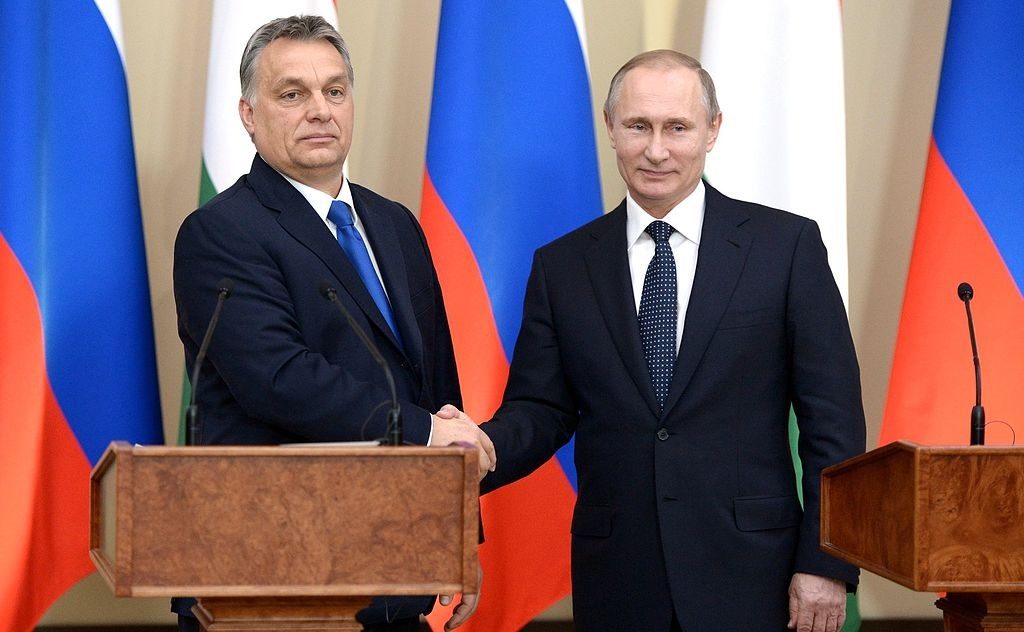
3 April 2020 – The New York Times reports on EKRE’s push to kick out foreign workers
The New York Times is reporting on the Estonian Conservative People’s Party’s push to enact a law that kicks non-EU national workers out of the country, should they lose their jobs. “As the Estonian public watched the authorities’ desperate attempts to contain a coronavirus outbreak on the island of Saaremaa, the government quietly enacted legislation that would send home all unemployed workers from outside the European Union,” the newspaper says. “The legislation was drafted by the Interior Ministry, which is led by Mart Helme, the head of the far-right Estonian Conservative People’s Party.’”
The New York Times is linking to the critical opinion article by Andrei Tuch, published in Estonian World on 2 April, who says, “if you were wondering whether the current government, including the far-right Estonian Conservative People’s Party, will try to pull off something sneaky under the cover of the constant coronavirus news – well, here you go”, calling the legislation “cruel”.
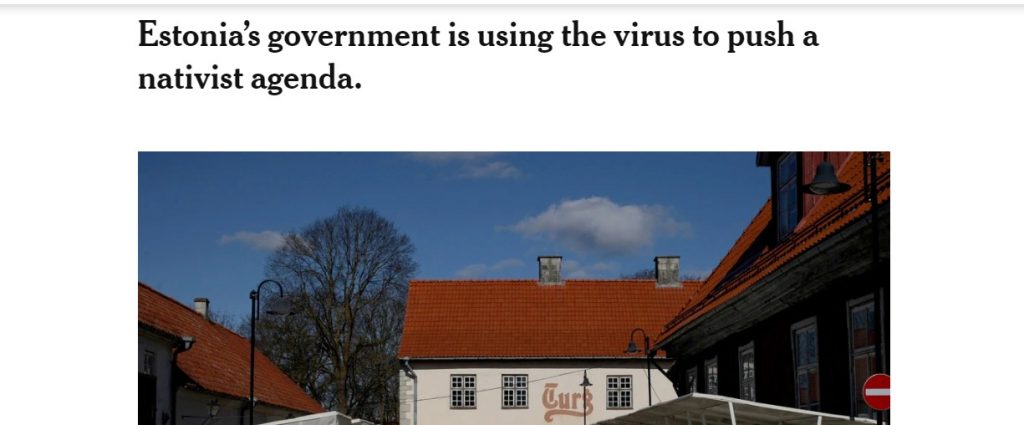
2 April 2020 – Eleven people have now died of the coronavirus in Estonia
Last night, another six people died of the virus in Estonia: a 73-year-old woman, an 87-year-old woman and a 77-year-old man in Kuressaare Hospital; a 55-year-old man and a 92-year-old woman in Tartu University Hospital and an 86-year-old woman in North Estonia Medical Centre Foundation.
2 April 2020 – PM: the situation will become worse in the coming weeks
The Estonian prime minister, Jüri Ratas, said the government was compiling a plan on how to exit the emergency situation, but that does not mean the peak of the coronavirus crisis is over; it’ll rather become worse in the coming weeks. “We’re making a strategic plan, also an exit plan, but that doesn’t mean we have passed the peak of the crisis and are slowly coming clear,” Ratas told the Estonian Public Broadcasting’s main evening news programme.
“When we look at the other characteristics – like hospitalisation – then we do see somewhat a stabilisation, but we cannot make conclusions based on a couple of days. Sadly, the predictions show that in the coming weeks, the picture will become worse rather than better.”
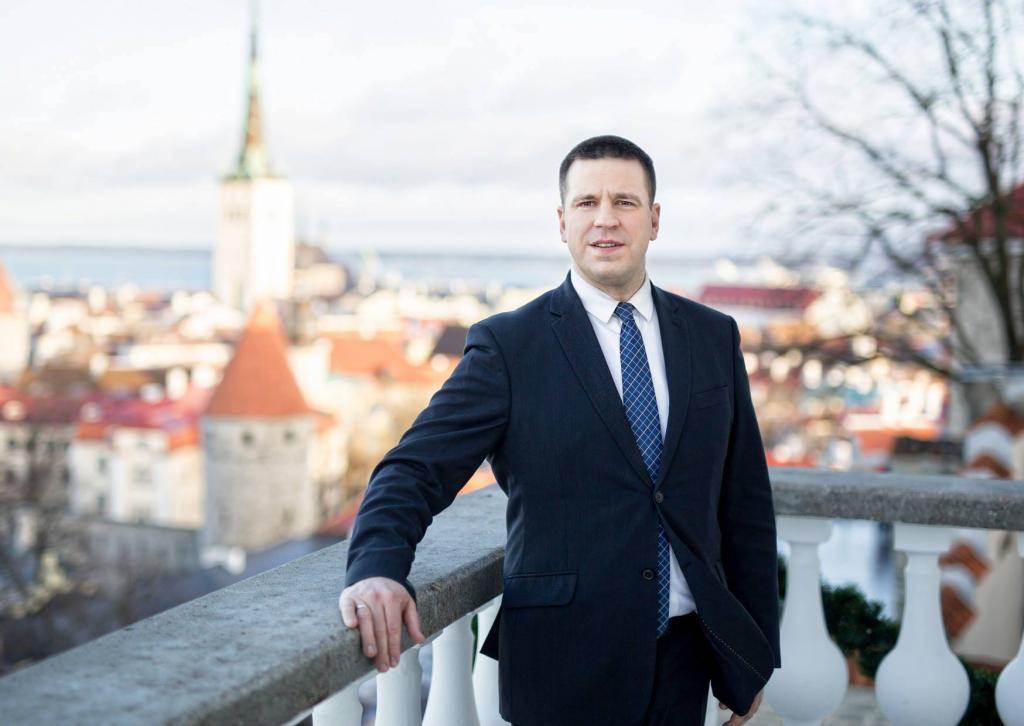
2 April 2020 – Over 50,000 people have perished to the coronavirus
Over 50,000 people globally have died from the complications of the novel coronavirus. According to the virus tracker of Johns Hopkins University, 51,485 people have succumbed to the virus. The number of the infected in the world has passed one million. The most cases have been confirmed in the United States – 236,339; the most deaths have been recorded in Italy – 13,915.
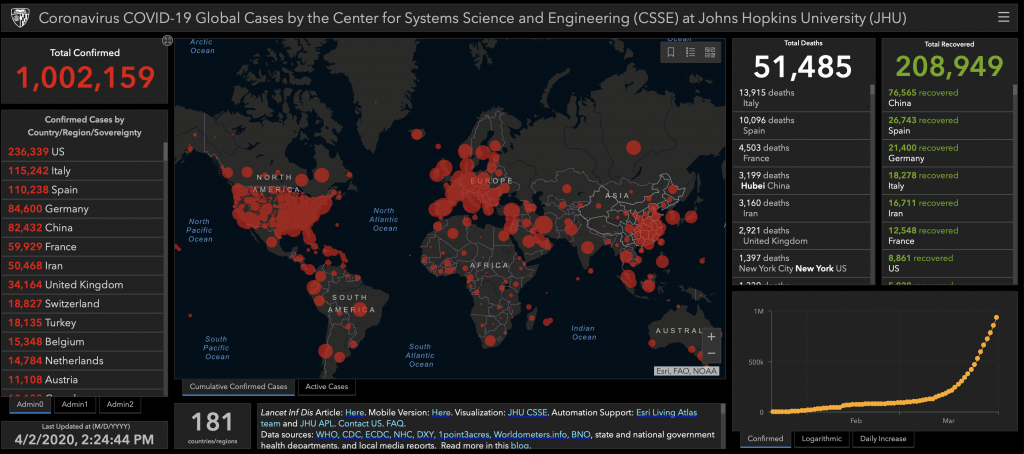
2 April 2020 – President: the emergency situation should be extended by short periods
The Estonian president, Kersti Kaljulaid, said in an interview with the public radio that it’s very important that the emergency situation would only be extended by as short periods as possible. “It’s essential about the emergency situation that it’s limited. We should know the date until which it is valid,” she said. “Regardless of whether we think or don’t think it should be extended. And the extension shouldn’t be so long that people would start to suspect that even after the medical crisis is over, the government would want to continue to lead in an emergency situation.”
Kaljulaid also noted that in practice, the current emergency measures are proportional and, considering the situation, relatively timely. How long would it take for the emergency situation to end, the president didn’t want to speculate.
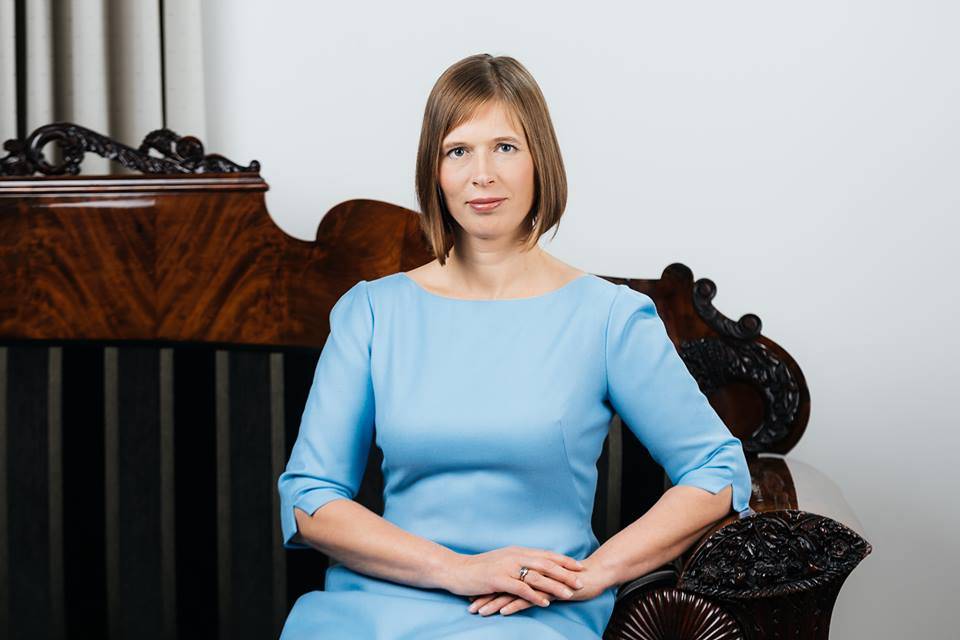
2 April 2020 – Prediction: Estonia’s economy to contract 8% in 2020 because of the coronavirus
The Estonian finance ministry said the country’s economy could contract a whopping 8% this year. The country’s central bank is slightly more optimistic, predicting the economy will contract 6%.
2 April 2020 – Estonia receives 2.6 million units of protective gear
Estonia today received its part of the protective gear order, initiated together by Estonia and Latvia. The Estonian health-care institutions are to receive 1.5 million surgical masks, 30,000 FFP2 respirators, 20,000 scrubs, 5,000 protective goggles and 500,000 pairs of gloves. The gear was purchased from China.
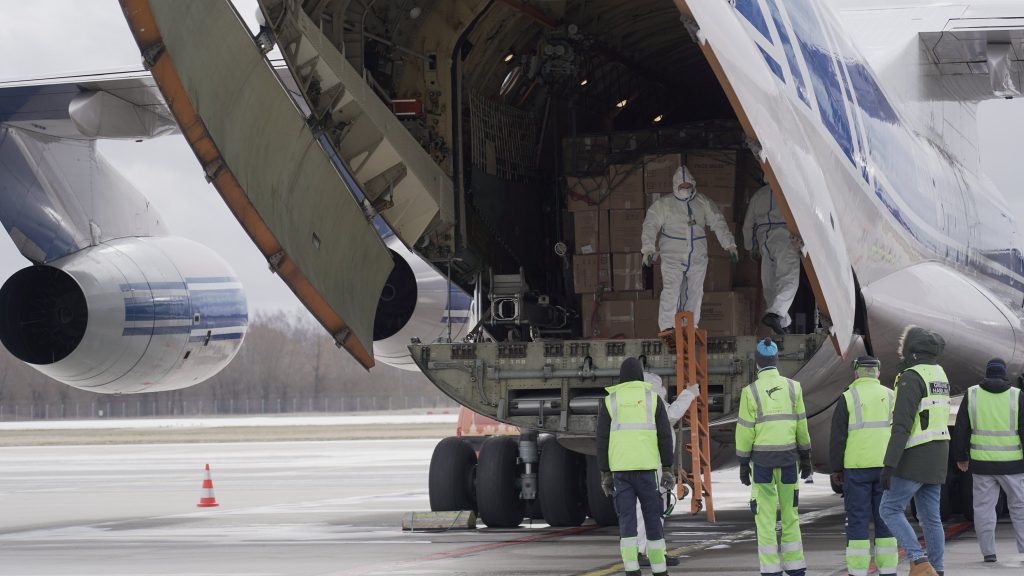
2 April 2020 – Seventy-five Estonians abroad wish to return home
According to the Estonian foreign ministry, there are 75 Estonian residents abroad who wish to return home as soon as possible. Over 2,650 people have already returned. The foreign ministry is saying that travel options ae extremely limited; most regular flights have been cancelled an a few special charter flights remain. “Travellers in transit should consider any restrictions imposed by our neighbouring countries, which may change at short notice,” the ministry warns.
2 April 2020 – Cultural institutions to get millions from the government
The Estonian government’s special budget is to give additional €4 million to the country’s theatres, €4 million to musicians and €600,000 to the film production sector to alleviate the impact of the coronavirus crisis, the Estonian daily, Eesti Päevaleht, reports. Museums are to get additional €6 million, sporting events €2.6 million and the literature, publishing and design sector €500,000.
2 April 2020 – Estonian distillery to produce hand sanitiser
To help deal with the current shortage of disinfectants, the Estonian distillery, Remedia, will begin production of hand sanitiser, SteriGel, that is based on the World Health Organisation’s recommended formula. The product will be available for purchasing to major retail chains and governmental institutions where hand sanitiser supplies are low by the end of this week. The gel is alcohol-based and will be available in a four-litre canister, which can be transferred into smaller containers. The hand sanitiser will be in a liquid form and will contain 70% alcohol.
2 April 2020 – The Estonian interior ministry has come up with a cruel plan to kick out non-EU citizens on its will
“A state of emergency is in effect in Estonia until 1 May; if you were wondering whether the current government, including the far-right Estonian Conservative People’s Party, EKRE, will try to pull off something sneaky under the cover of the constant coronavirus news – well, here you go,” writes Andrei Tuch, commenting on the Estonian interior ministry’s plan to kick out non-EU citizens on its will.
2 April 2020 – Lockdown: a report from Los Angeles
Juri Koll, an artist, filmmaker and curator and a descendant of Estonians, writes from the locked down Los Angeles, California, that the people of the city are remembering our past, learning to appreciate basic things, such as a walk around the block, waking up to birds singing, and being alive and lucky enough to help each other out – but there are also many challenges.

2 April 2020 – The crisis may cut the state’s income by €3.5 billion in two years
The ongoing coronavirus crisis may cut Estonia’s income by €3.5 billion in two years, therefore, the government will today ask the parliament to get access to the country’s stabilisation reserve. According to the proposal, the government is asking to get access to the reserve in its full amount, but according to the actual need, step by step. However, it’s necessary for the government to have access to the full reserve, should the state develop issues with payouts or debt payments.
1 April 2020 – Emergency medicine chief: the contagion is still in the initial stages
Dr Arkadi Popov, the Estonian government’s chief of emergency medicine, said in a TV programme, “The First Studio” (“Esimene stuudio”) that the contagion in the country is still in its initial stages. “Looking at how many hospitalised people we have, how many people are in intensive care, then I would say that axle will continue to go upwards,” he noted, adding that in two-three weeks we could say when we’ll reach the peak. “Right now, it seems to me it won’t be short. I should be more pessimistic than optimistic about this.”
1 April 2020 – PM: We’ll reconsider the emergency situation when the contagion will decline
The Estonian prime minister, Jüri Ratas, said in the radio that currently, it’s impossible to say when the emergency situation will end. “One indicator is that if the number of the infected will start falling on an every-day basis. Currently, this indicator is constant and there are over 30 new infections every day. We’re seeing the number of the hospitalised rising and more people need intensive care. … The emergency situation will last until 1 May, as of now, but of course, the government would want to end it as soon as possible.”
1 April 2020 – Estonian company to make all its respirators for the domestic market
The government has signed an agreement with an Estonian business guaranteeing 50,000 FFP3 respirators a week for half a year from mid-April, the factory is making preparations to double production to produce up to 100,000 masks a week for the country. The quantity ordered will “significantly reduce” the needs of the Estonian health-care institutions, the government said.
Estonia is also ordering protective gear from China for $11.4 million. The order entails 5.5 million surgical masks, two million respirators FFP2 and 100,000 FFP3, 100,000 protective goggles, 25 million pair protective gloves, 1.1 million scrubs, 500,000 hats and two million footwear covers.

1 April 2020 – America may become the next Italy
Here’s an update from across the pond, from the Chicago-based deputy editor-in-chief of Estonian World, Sten Hankewitz: “The US authorities are beginning to understand, finally, that shit is actually hitting the fan. The vice president, Mike Pence, said White House modelling suggested ‘Italy may be the most comparable area to the United States’ in terms of the impact of the pandemic. Italy is currently the global epicentre, with 110,574 cases and 13,155 deaths, and public health experts have warned for weeks that the US could be on the same path if it didn’t take drastic measures to curb the contagion.
“We currently have 213,372 cases and 4,757 deaths, but a much larger population (Italy 60 million, the US 327 million). Also, Italy imposed a nationwide lockdown on 9 March, and closed its borders, like most countries in Europe have done. In the US, there are still a number of states that don’t have stay-at-home or shelter-in-place orders, and it’s impossible to restrict travelling between the states. Meanwhile, Florida became the latest state to impose a stay-at-home order, requiring its 21 million residents to stay indoors unless they’re pursuing essential services or activities. Florida already has 3,274 cases and at least 857 deaths; however, the governor had resisted until today to impose any restrictions.
“Pence has said the modelling suggested there would be ‘between 1.6 million and 2.2 million losses’ if the U.S. did not implement social distancing guidelines. President Donald Trump, meanwhile, has said there will be a ‘very painful’ fight and projected 100,000 to 240,000 US deaths, even with mitigation efforts.
“My home state, Illinois, has now 6,980 confirmed coronavirus cases and 141 deaths. Our stay-at-home order has been extended until at least 30 April. And Illinois is now facing another pressing issue – a shortage of medical personnel. The state authorities today – twice – sent an emergency alert to the cell phones of the state’s residents, asking all licenced health-care workers to step forward.”

1 April 2020 – Tallinn Central Library offers delivery of books and other items via parcel machines
The Tallinn Central Library’s departments and libraries are closed until 1 May, but for the patrons of the library, there is now a charged option to order books to a parcel. The customer will pay for the service according to the Omniva price list via a bank payment at the parcel machine. The price of one order is €4.58-€6.59 depending on the size of the package. All available books, magazines, CDs and DVDs etc can be ordered via filling out a form, up to five books per order. The form can be found online. To find out whether the desired item is available, please check the ESTER database.
1 April 2020 – Volunteers are helping deliver coronavirus tests
For the next four weeks, Rally Estonia volunteers are transporting samples from mobile coronavirus test centres across Estonia to the laboratory of Synlab in Tallinn for testing. Fuel for volunteers is provided by a retail chain Circle K.
Currently, the drive-in test centres are in Tallinn, Tartu, Pärnu, Kuressaare, Viljandi, Narva and Kohtla-Järve, requiring over 3,000 kilometres (1,900 miles) of travelling per day. With the help of volunteers, three extra rounds are now made on the Narva-Kohtla-Järve-Tallinn, Viljandi-Tartu-Tallinn and Pärnu-Tallinn routes, the total distance of which is over 1,000 kilometres (620 miles). Additional routes to outbreak areas on Saaremaa island and Võru are also being considered. Family doctors (GPs) began issuing referrals to patients with coronavirus symptoms for drive-in sampling points a week ago.

1 April 2020 – 8,200 people have to self-quarantine in Estonia
Around 8,200 people have to self-quarantine in Estonia, some of them because they returned from abroad and have been ordered to stay home for 14 days, and some because they’ve been diagnosed with the novel coronavirus. Police are calling people and checking whether they’re following the rules; so far, they’ve discovered 176 incidents when they weren’t.
1 April 2020 – Over 42,000 people worldwide have died
Over 42,000 people worldwide have died of the novel coronavirus to date with 858,000 people infected. Italy is leading the death toll with close to 12,500 deaths, with Spain following with almost 8,500 people succumbed to the virus. France has recorded over 3,500 deaths which is more than China’s official reported number of 3,187. The country with the most confirmed cases of the coronavirus is the United States – almost 189,000. Almost 4,000 people have died of it in the US. Almost 180,000 people in the world have recovered from the virus.
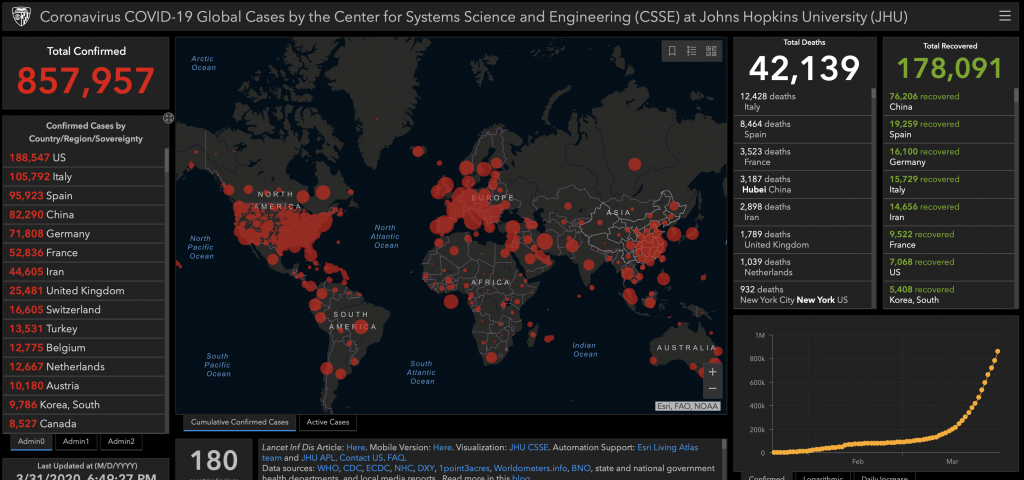
1 April 2020 – Estonians can still fly to Minsk – where the president doesn’t care about the virus
On 30 March, Estonian World posted on its coronavirus blog that the real-time Tallinn Airport data showed there were no departing or arriving flights in the foreseeable future. We also posted it on Twitter, where Tallinn Airport responded by saying, “we still have connections with Minsk and Frankfurt, both destinations 3 flights per week”.
And keeping the air connection to the last dictatorship in Europe open is a really smart idea. Because the country’s president, Alexander Lukashenka, has downplayed the coronavirus risks from the get-go. “It is better to die on your feet than live on your knees!” Lukashenka told a Belarusian television reporter when asked whether the coronavirus could stop him from hitting the rink for a propaganda-filled hockey game. “Me? Why? I don’t understand. There is no virus here. This is a refrigerator, it is the best thing for your health. Sport, especially on ice, is better than any antiviral medication. It is the real thing.”
Two weeks ago, he said Belarus has survived worse than the novel pandemic hitting the world. Saunas, vodka and tending to the fields were the best remedy for those who fear the spread of the virus, he said. “The tractor will heal everyone,” he said, “the fields heal everyone.” Belarus has reported 152 cases of the coronavirus so far.
